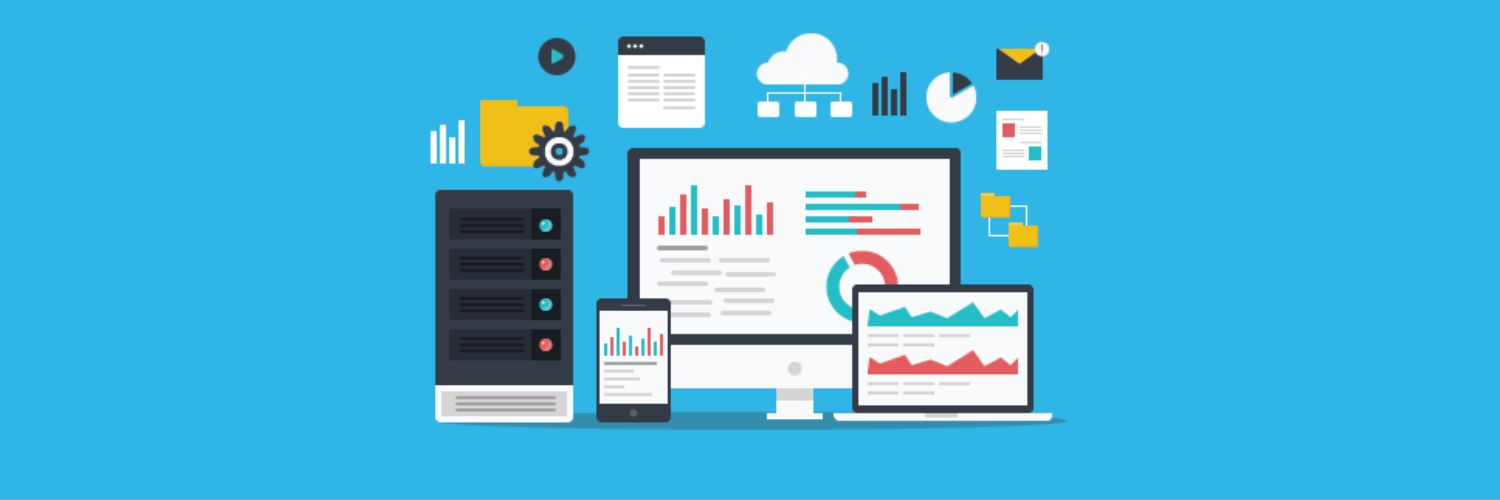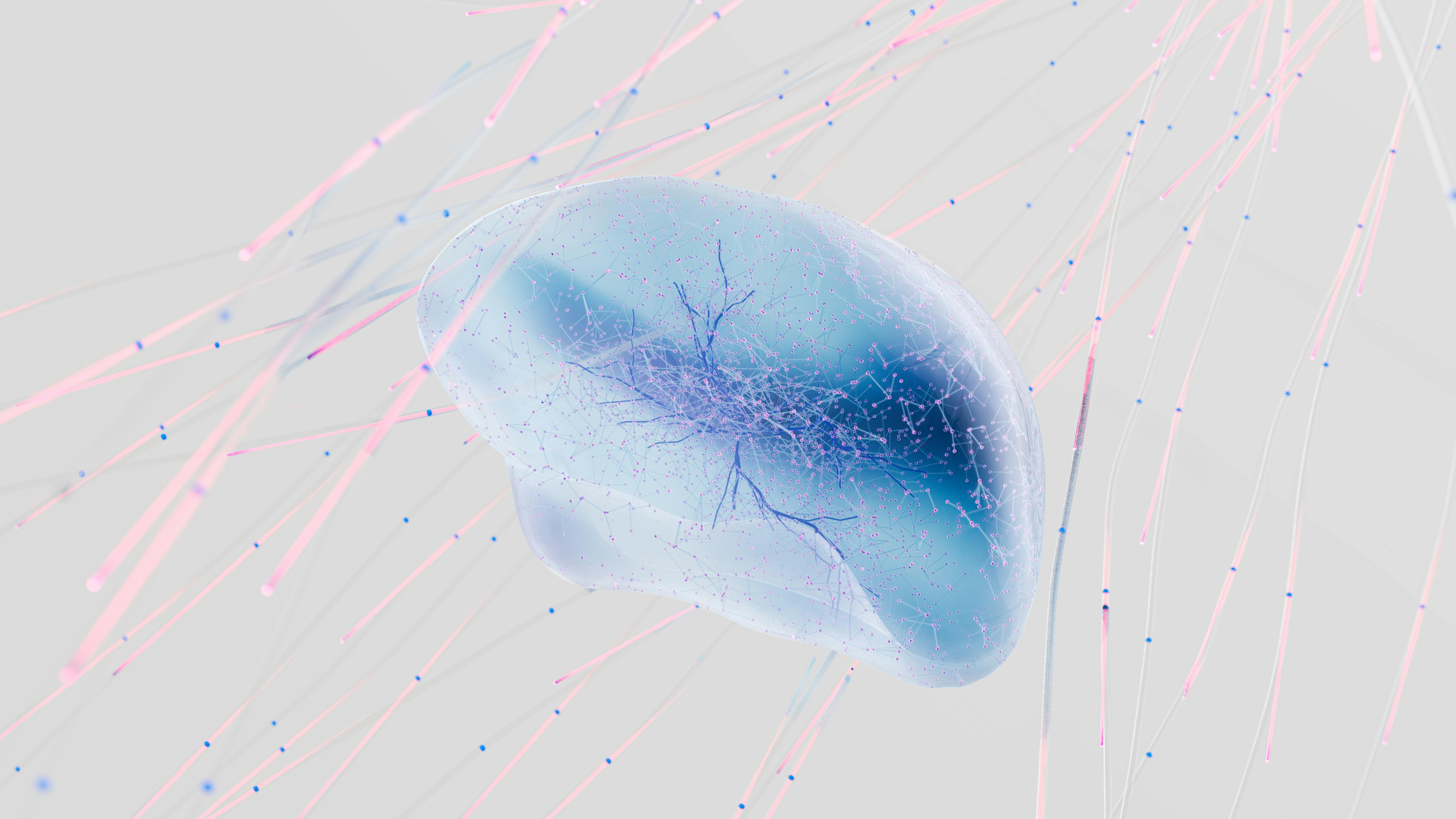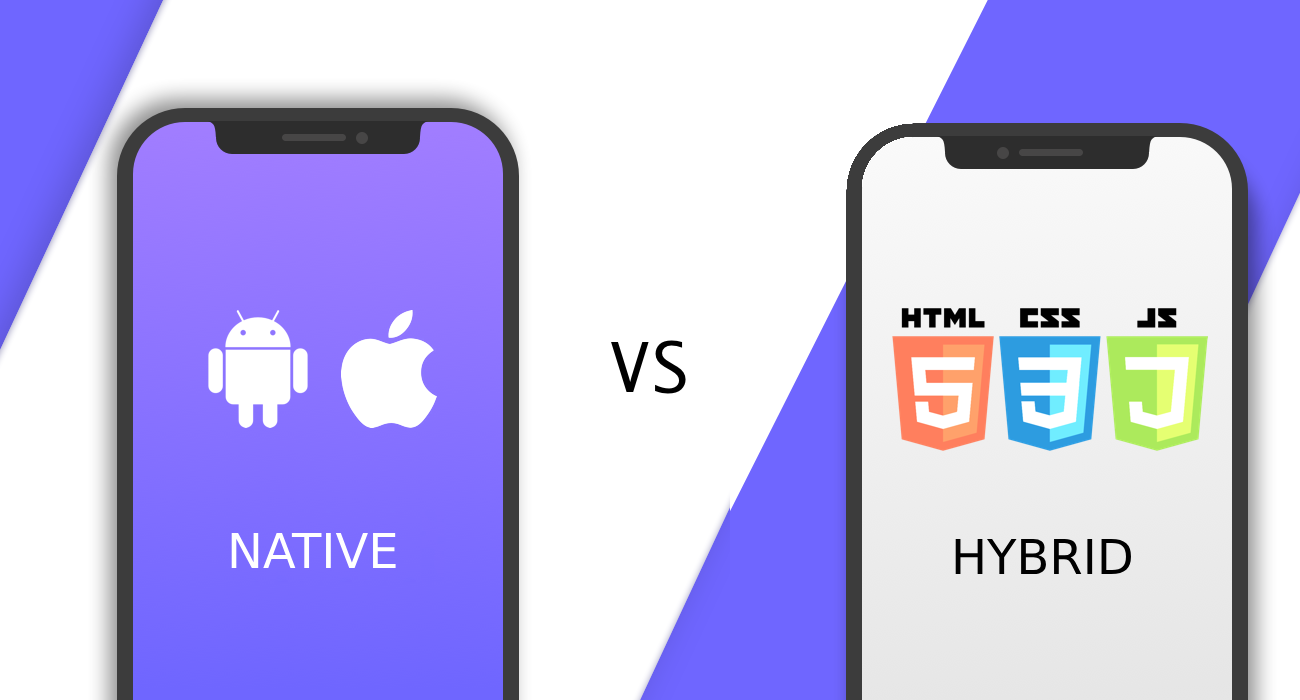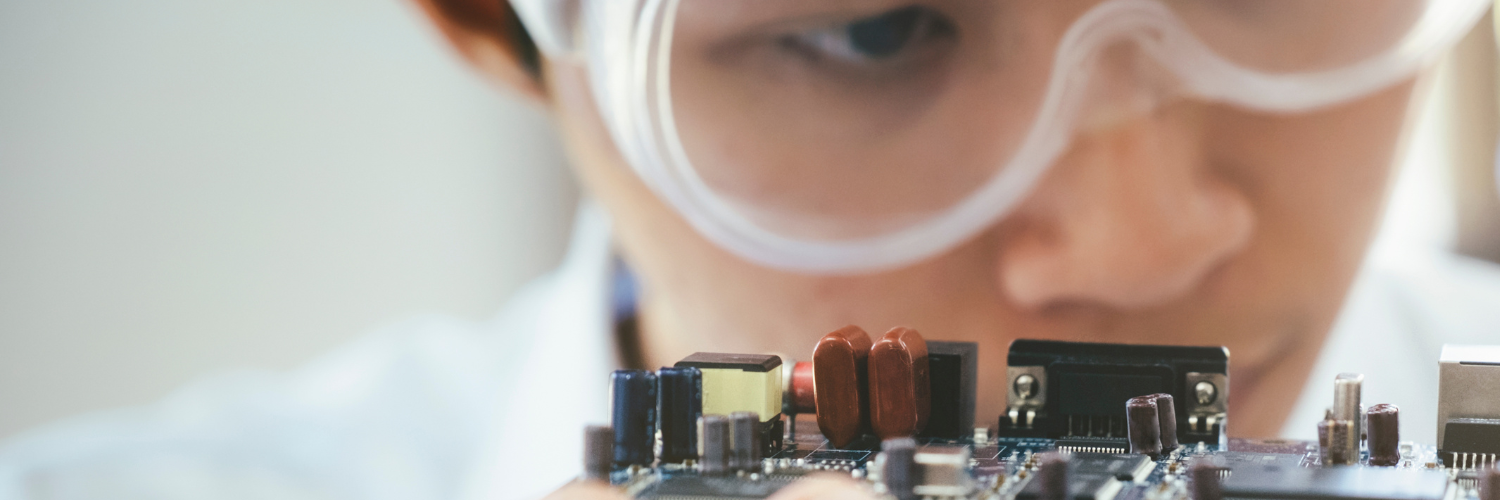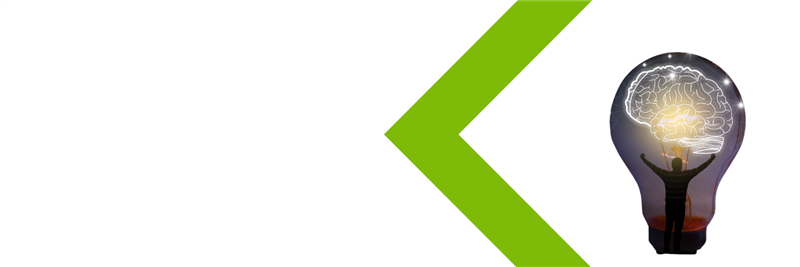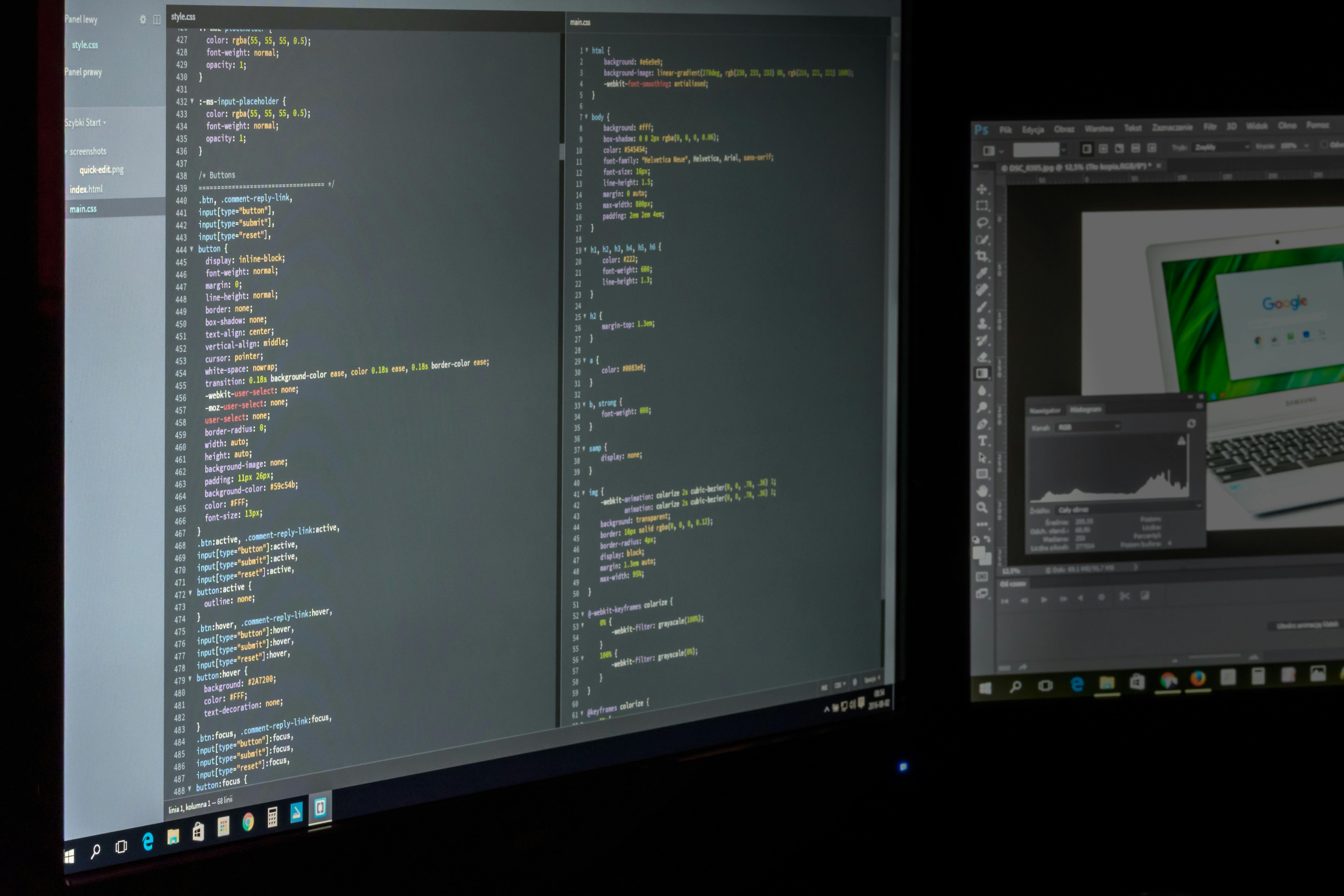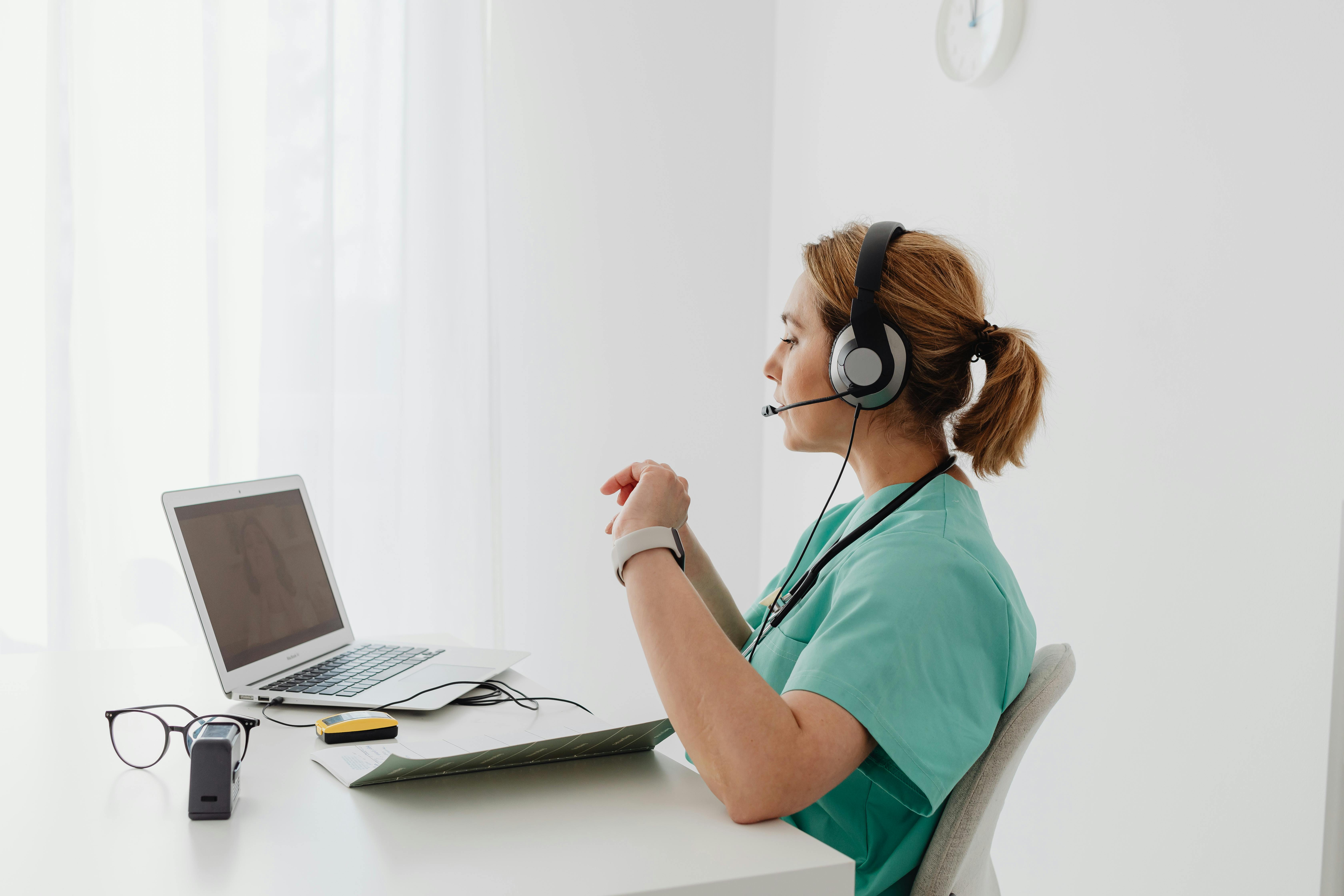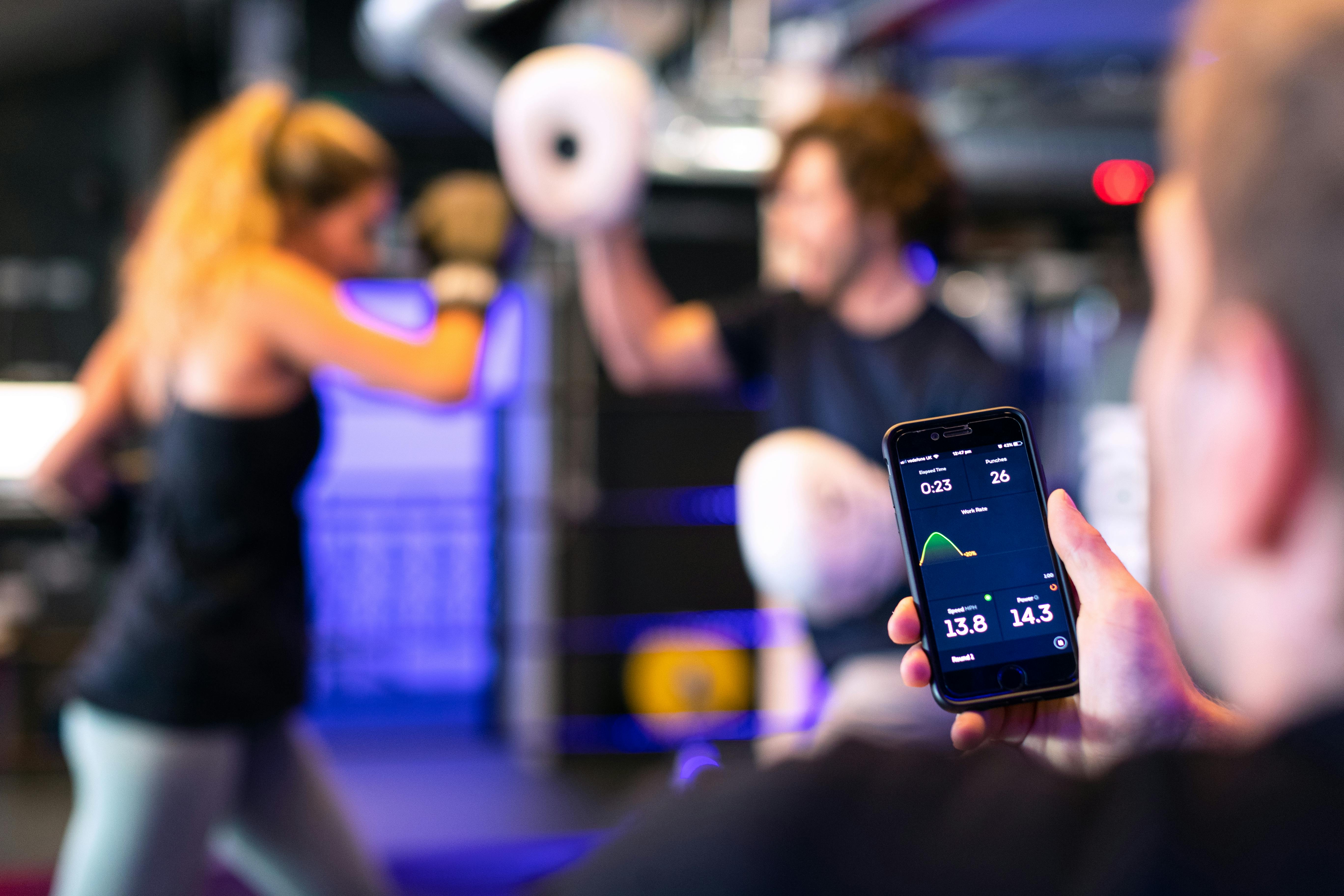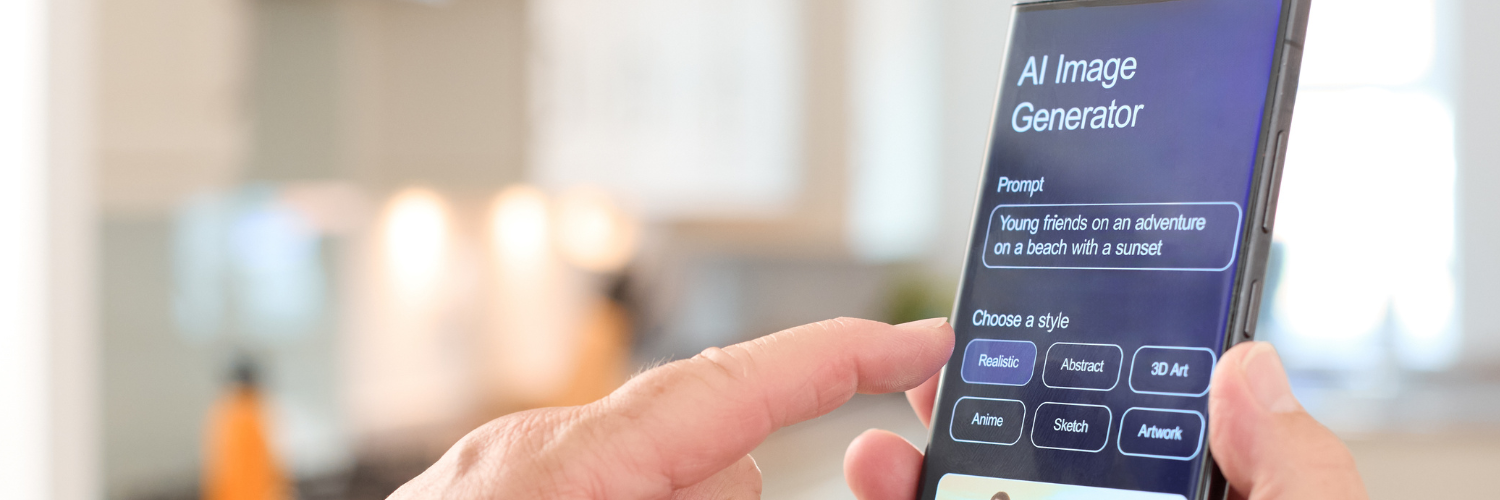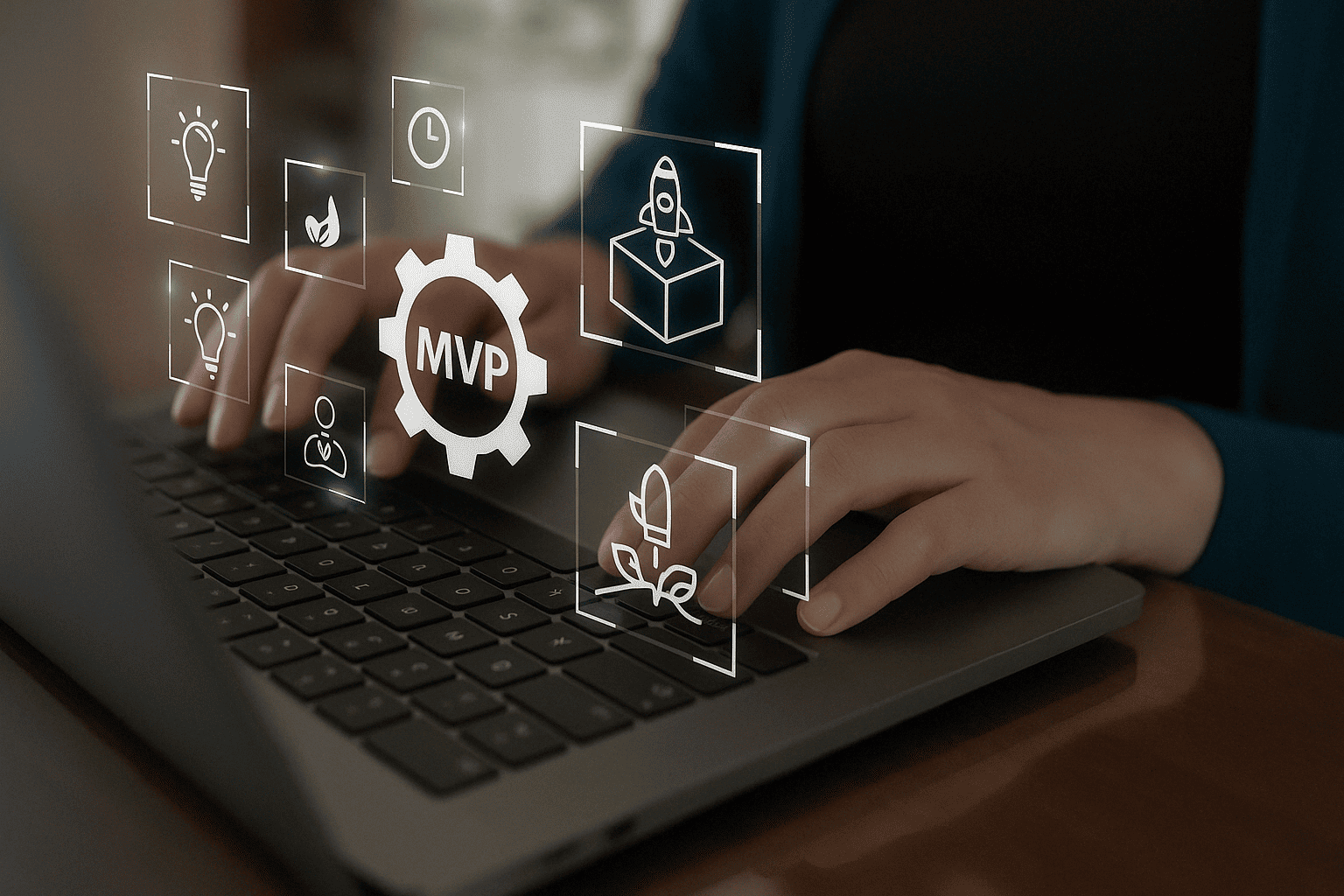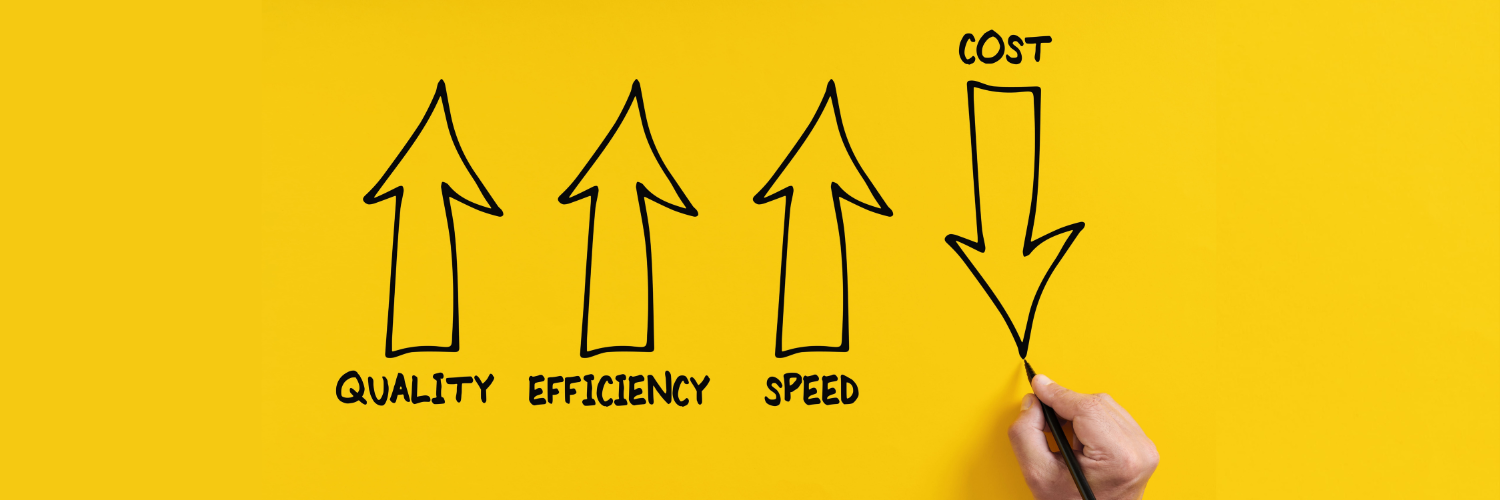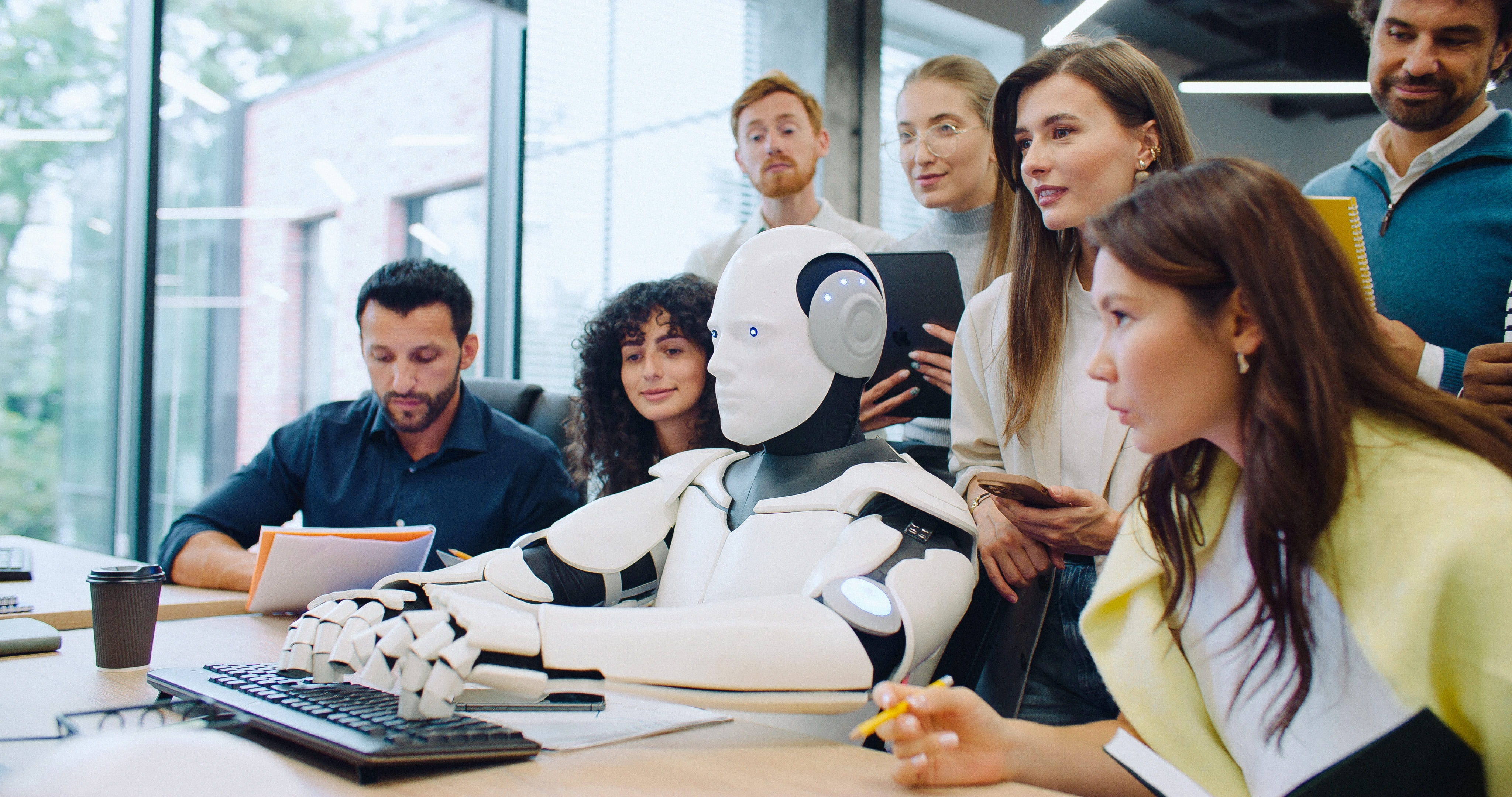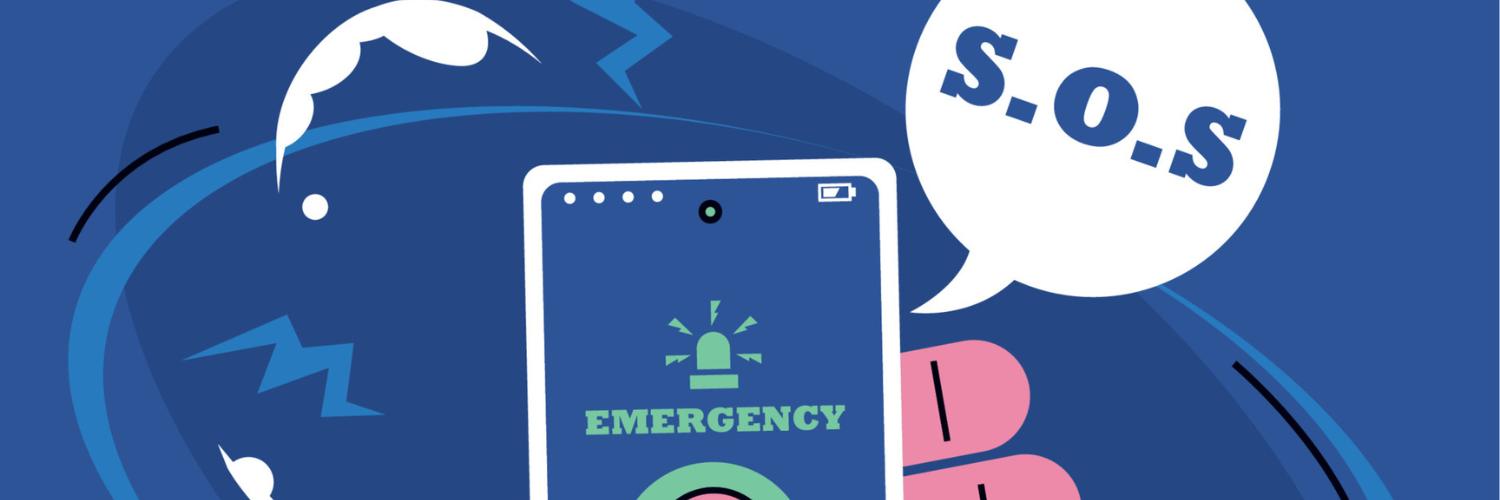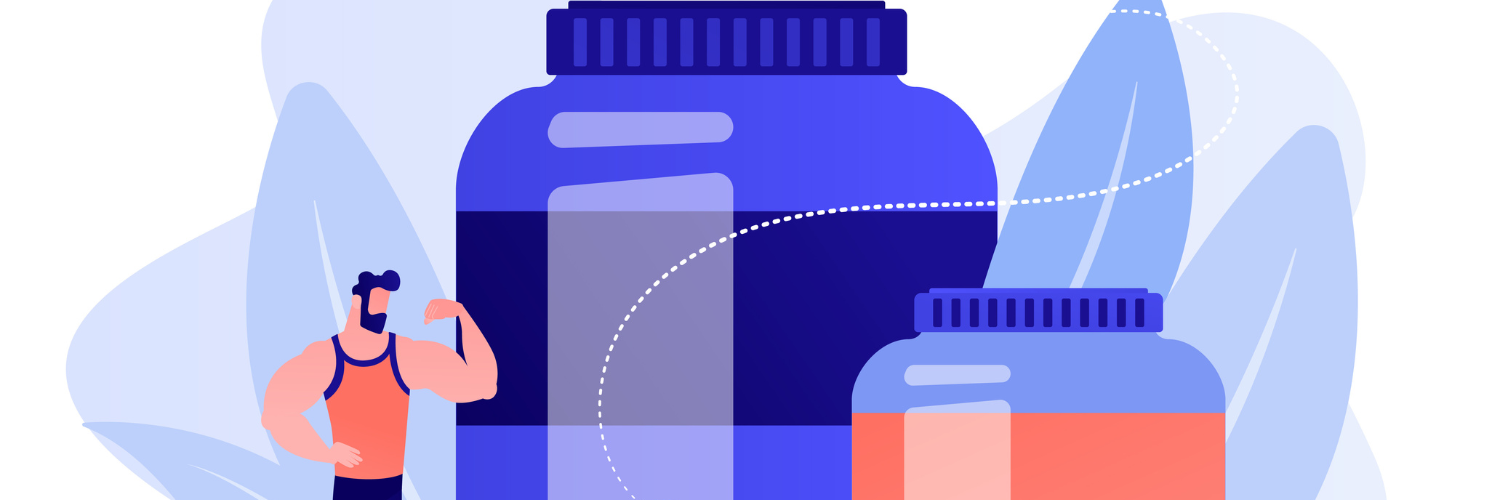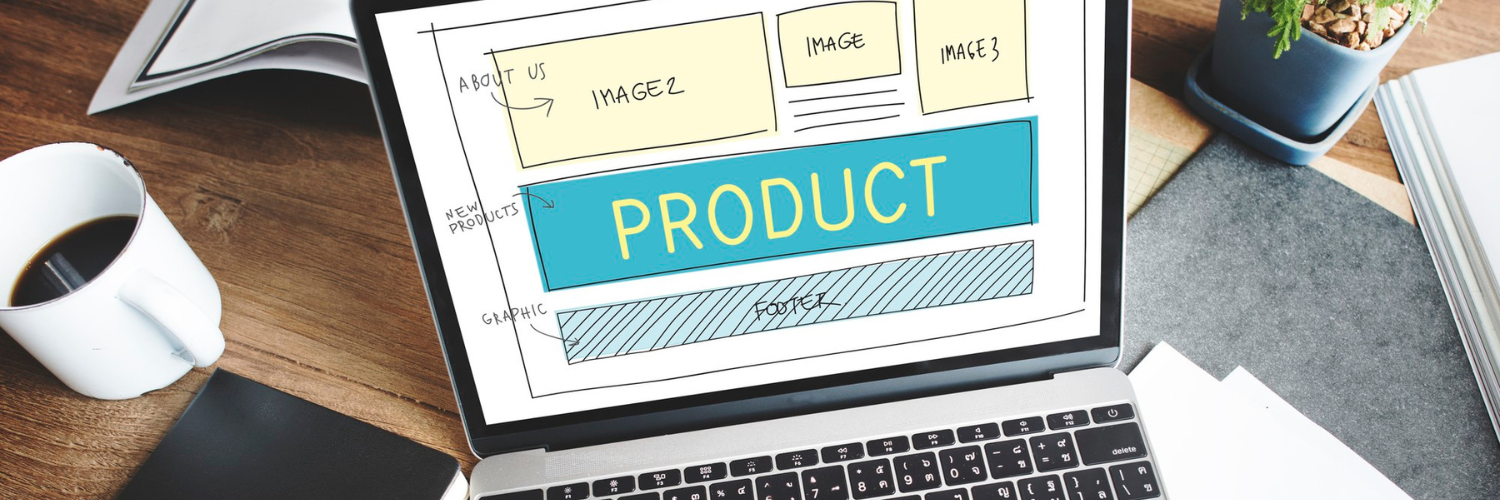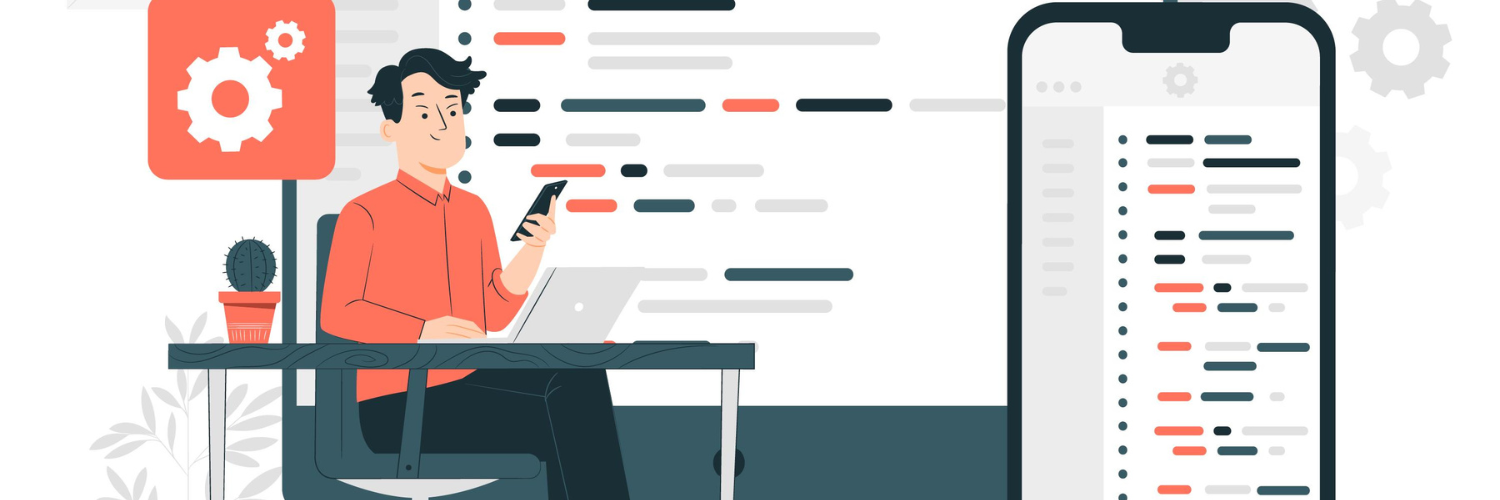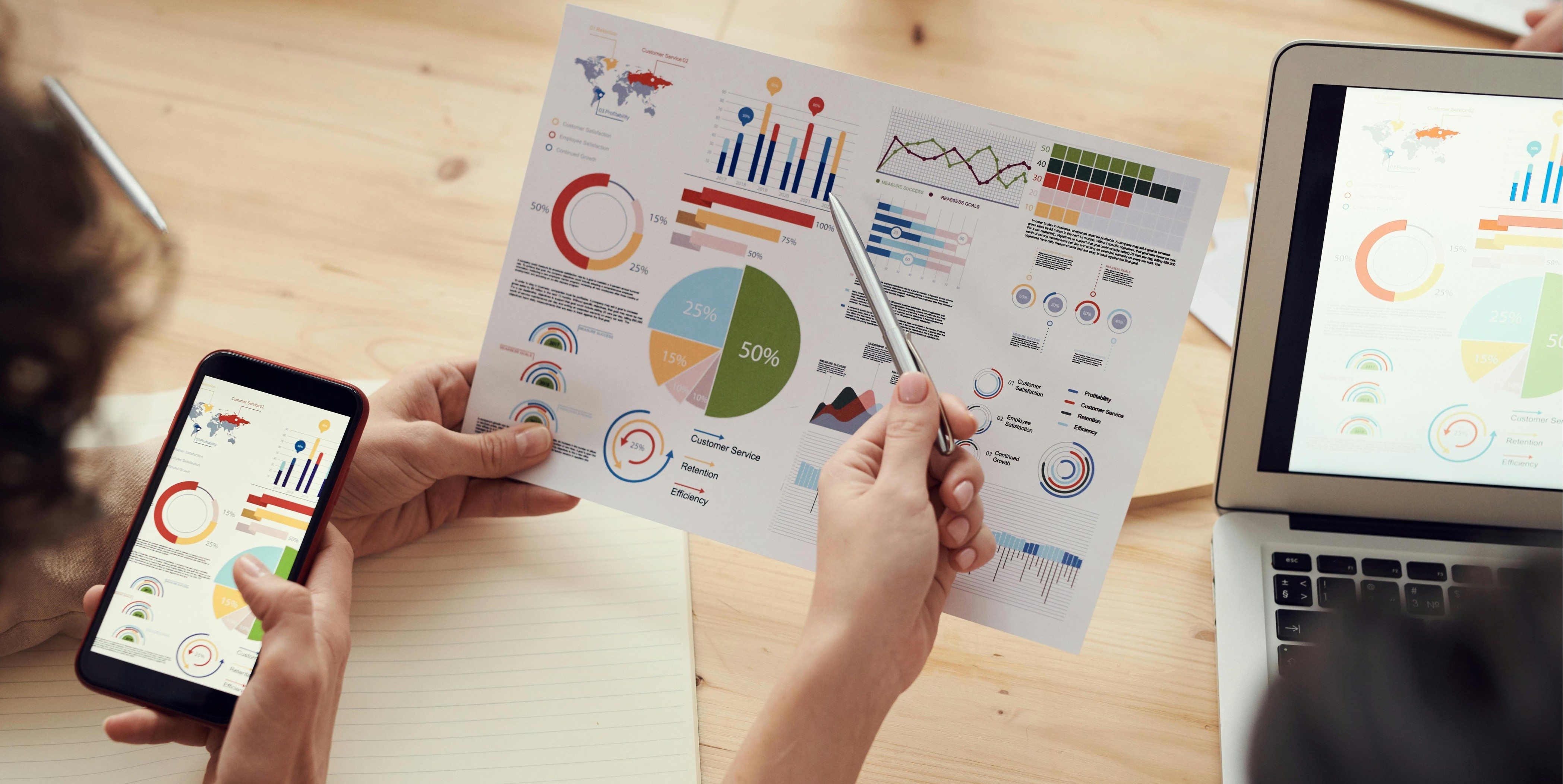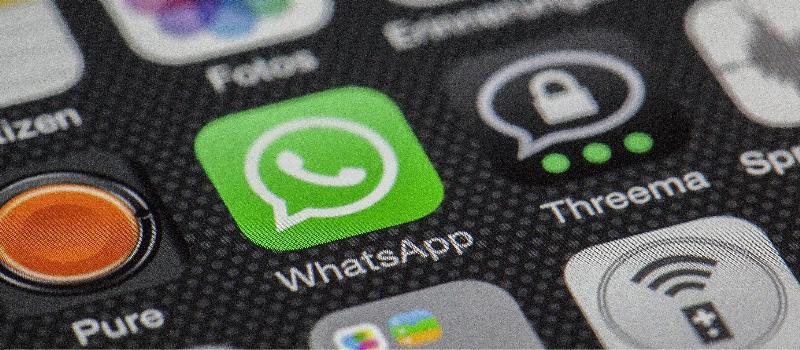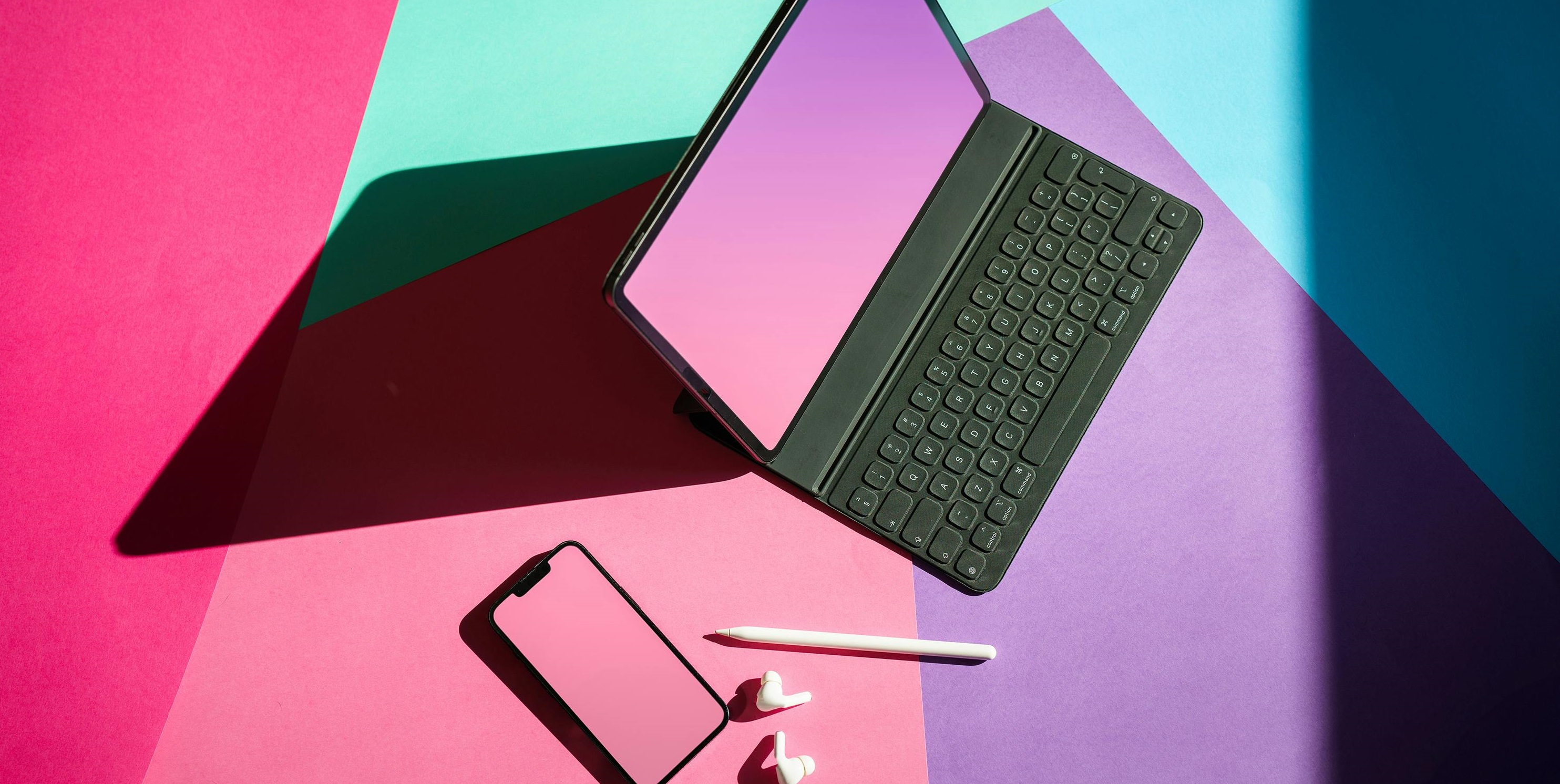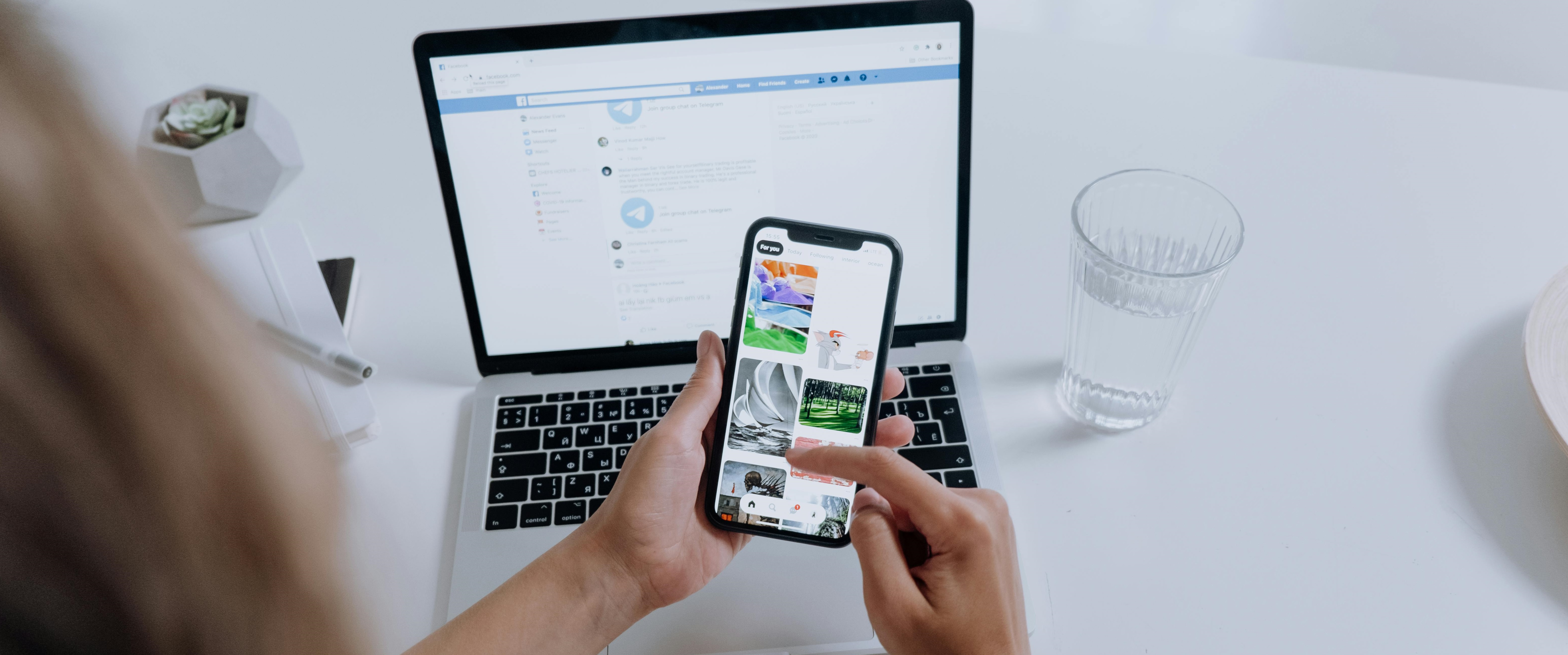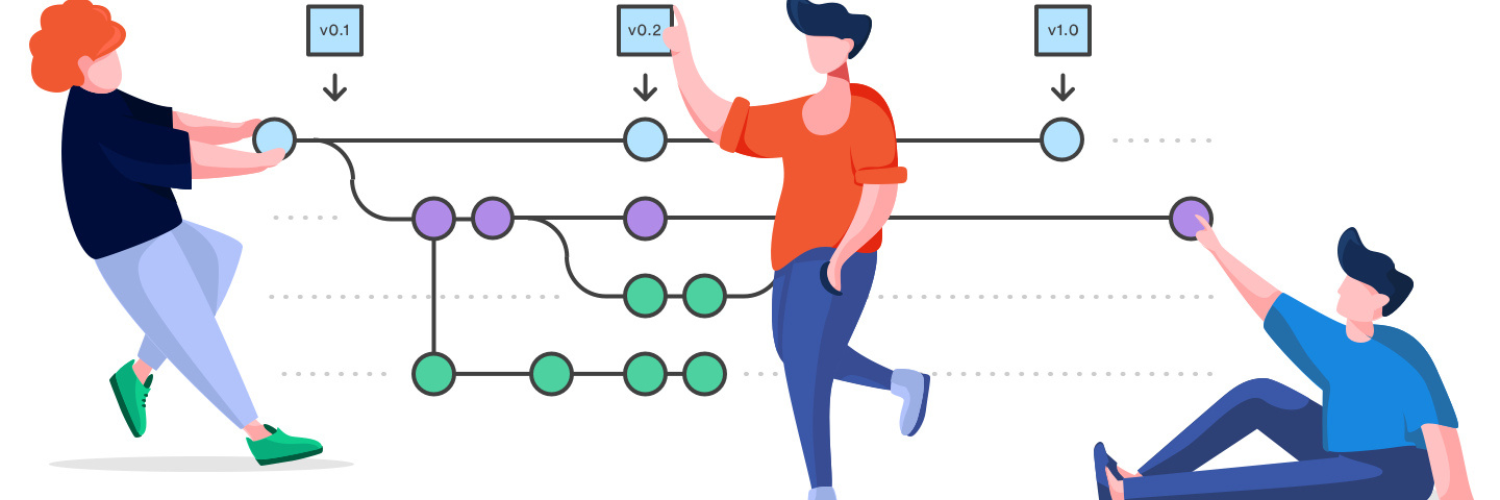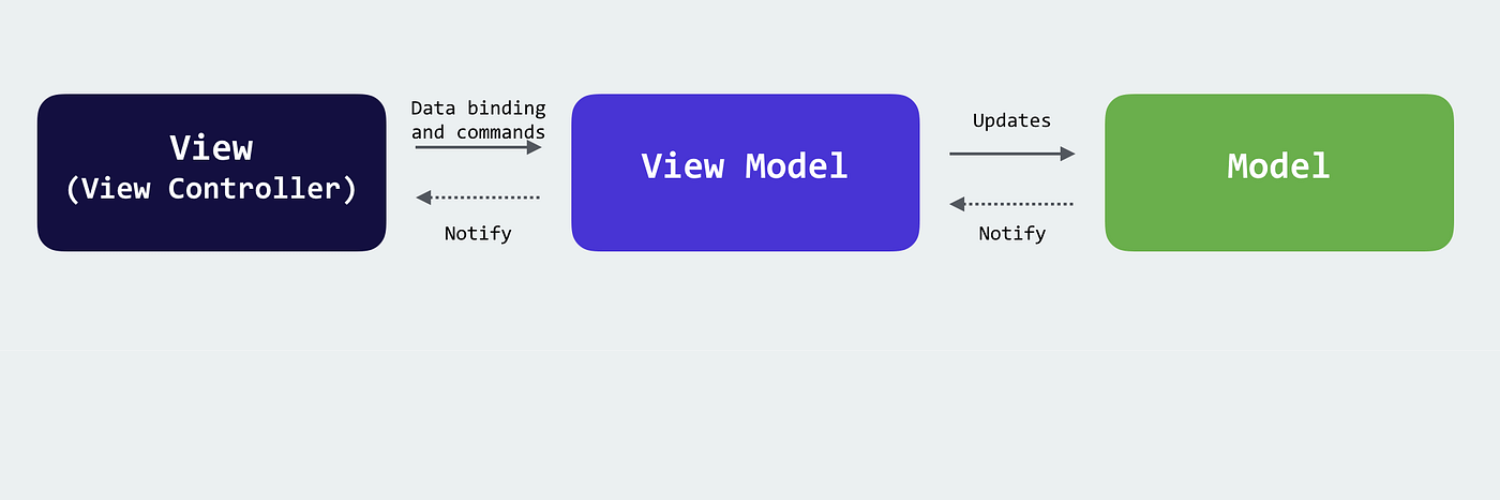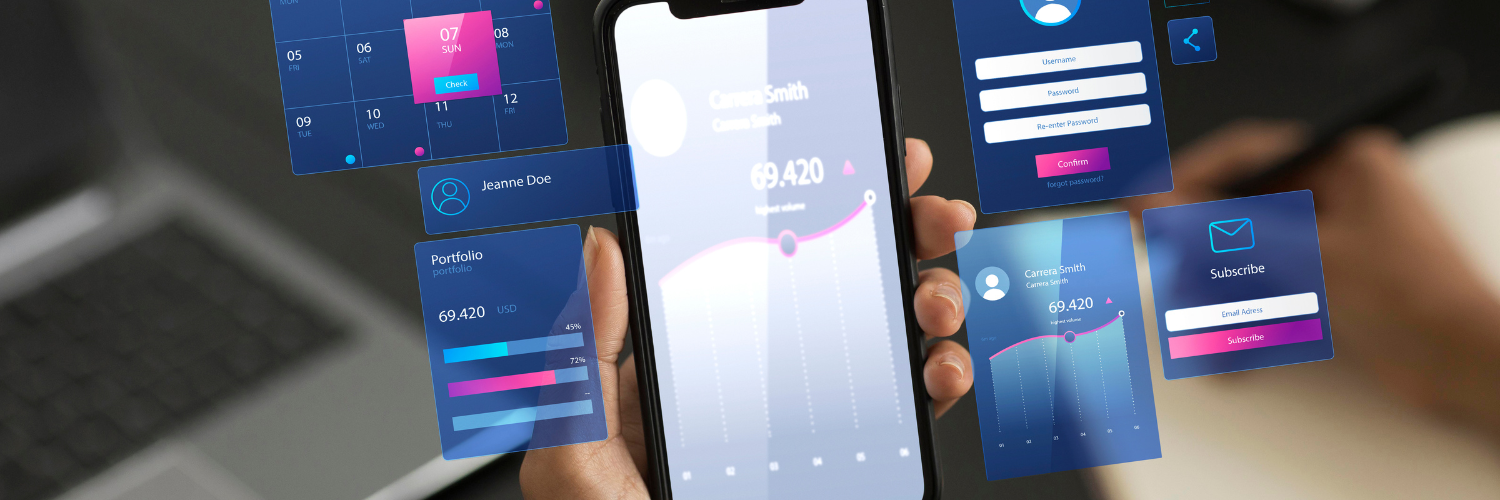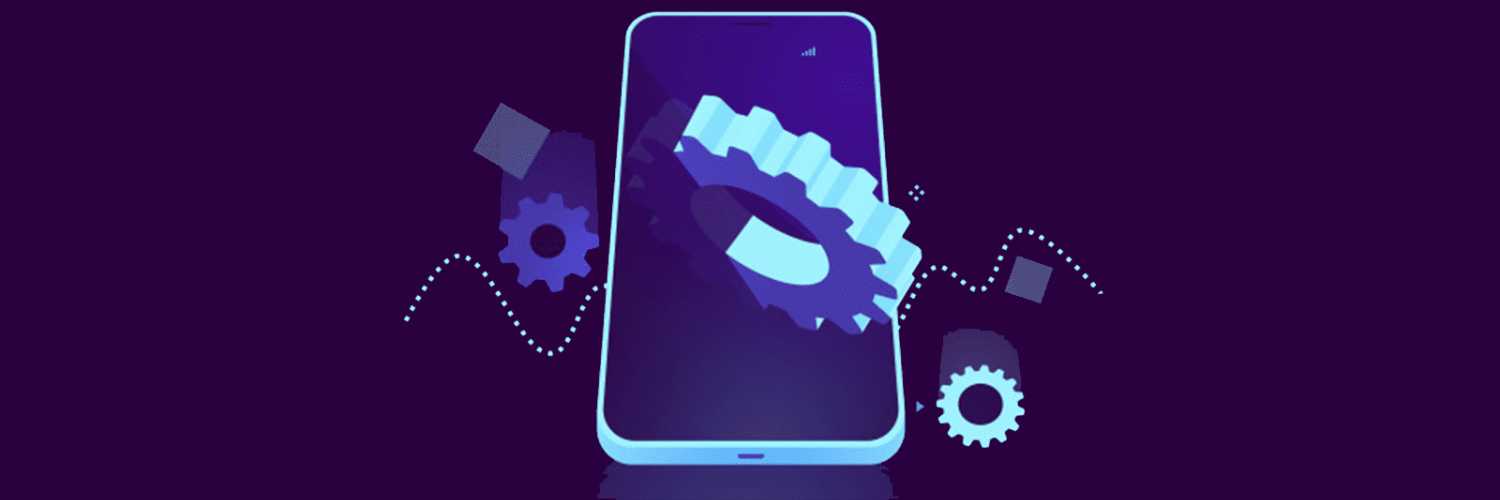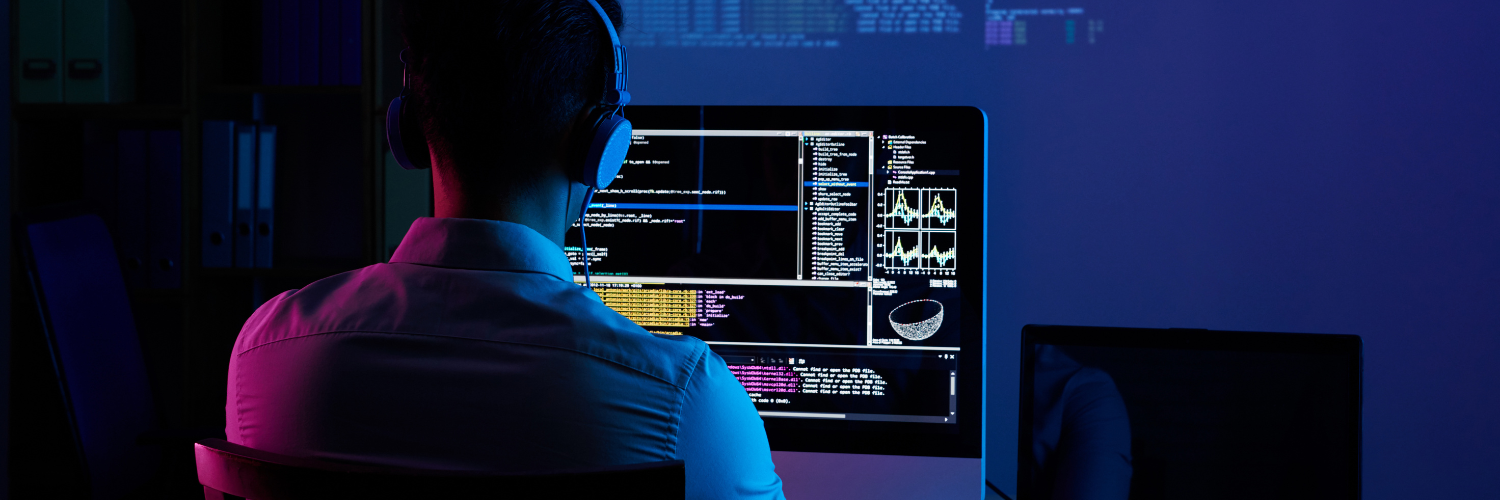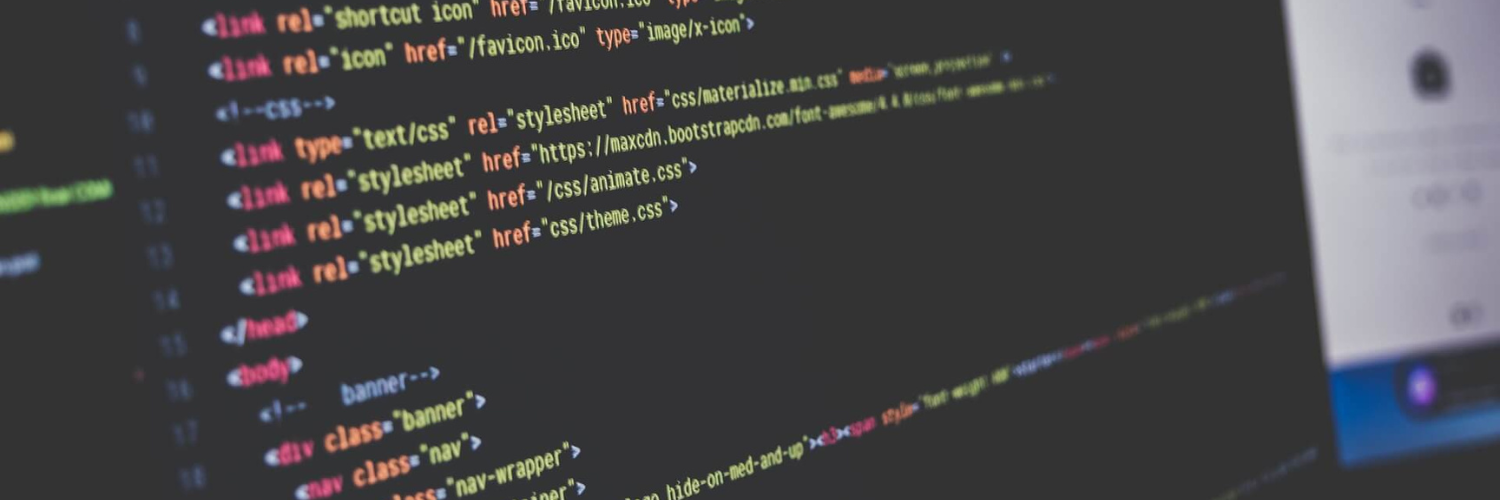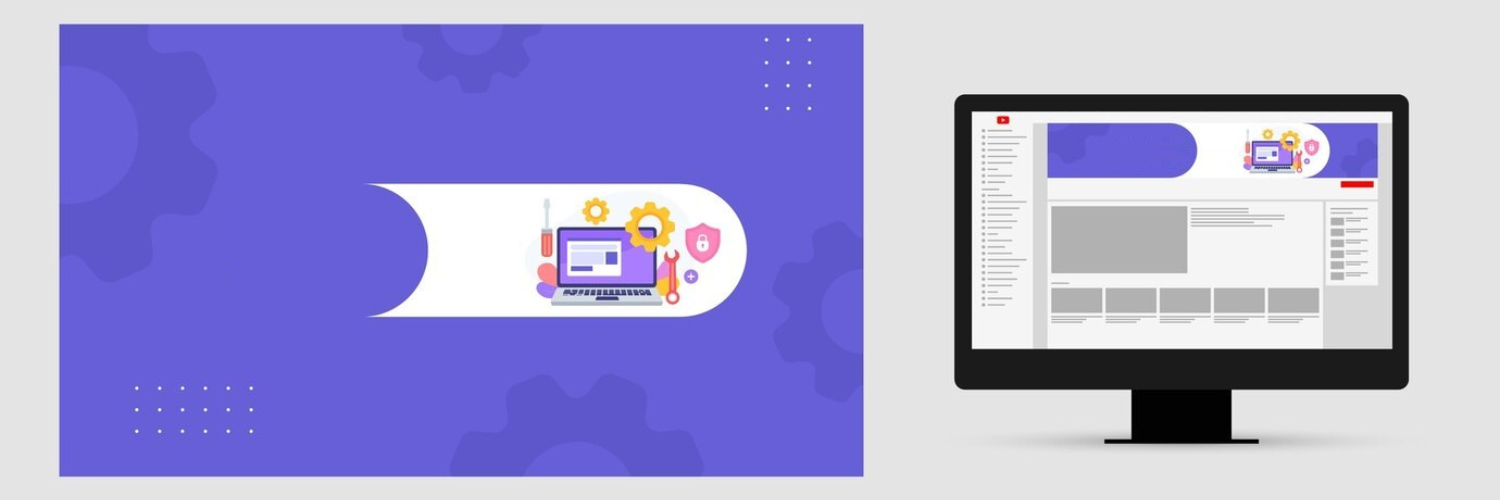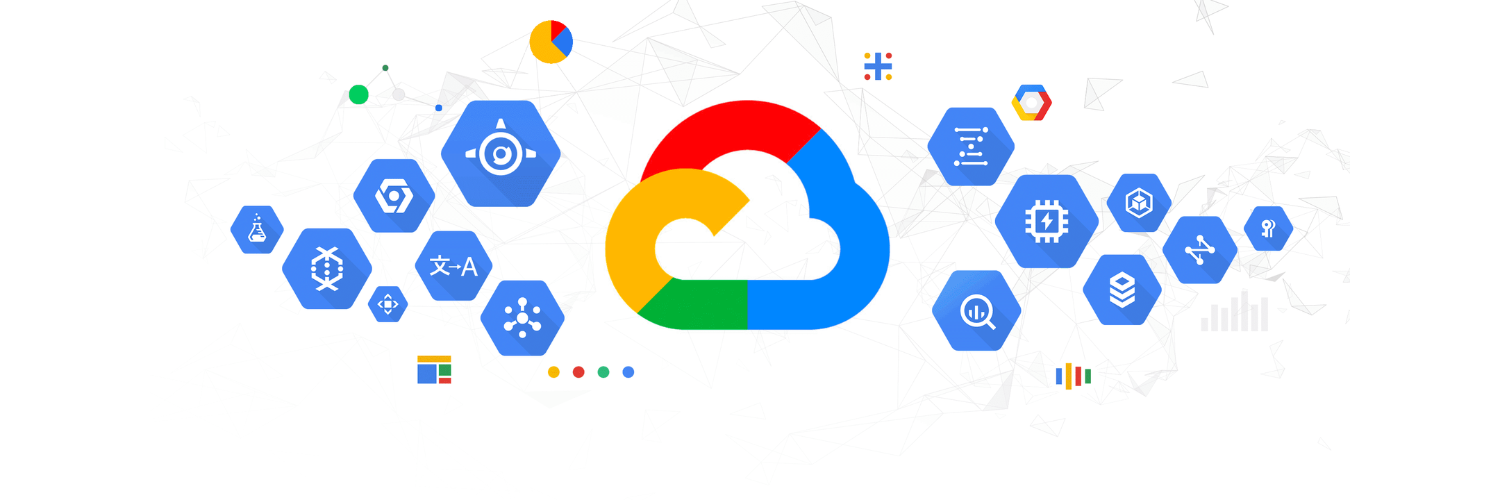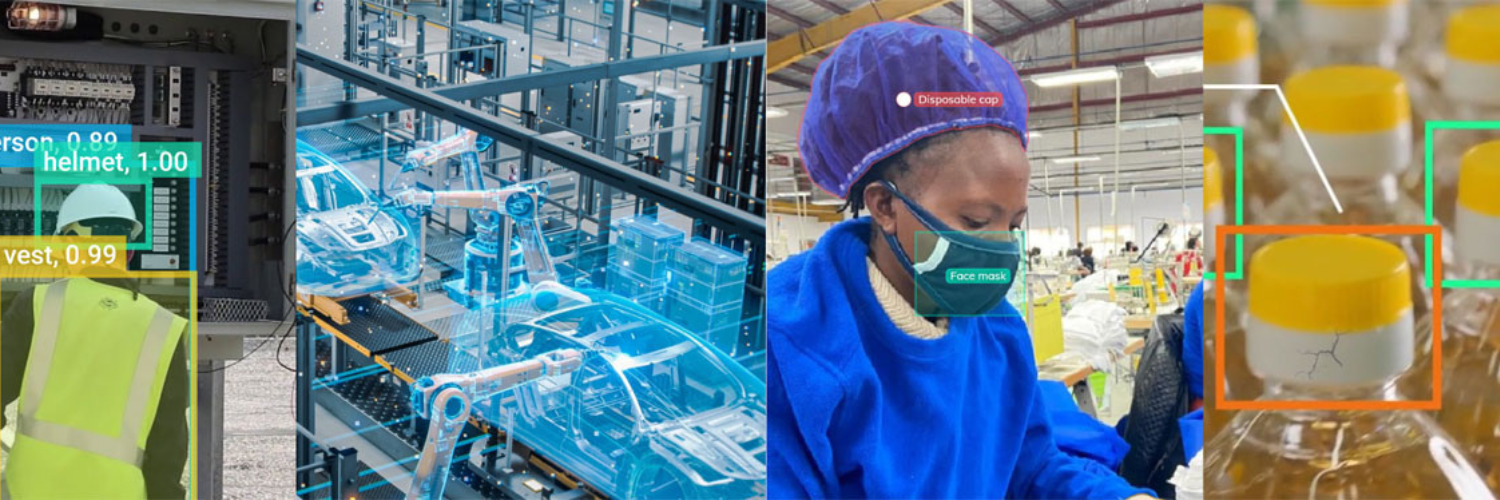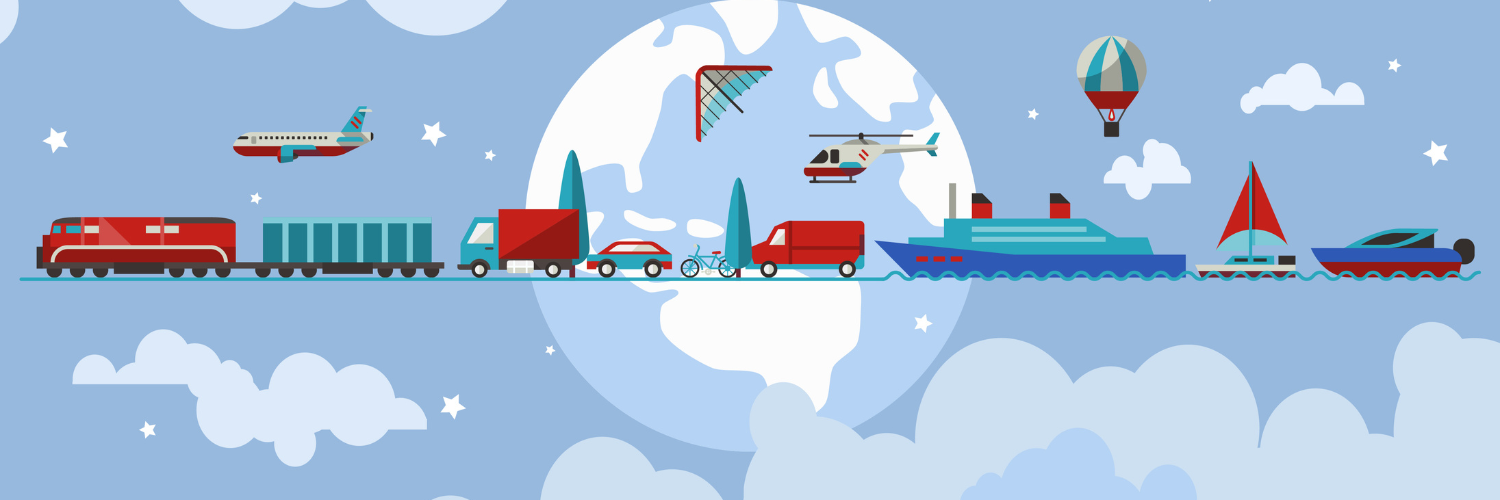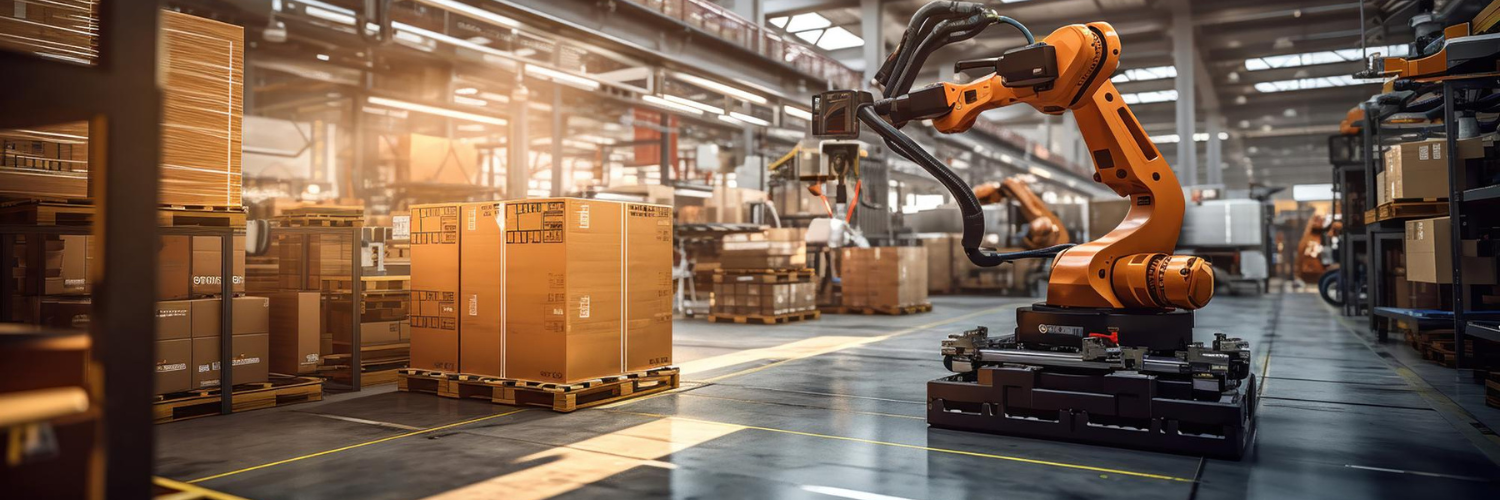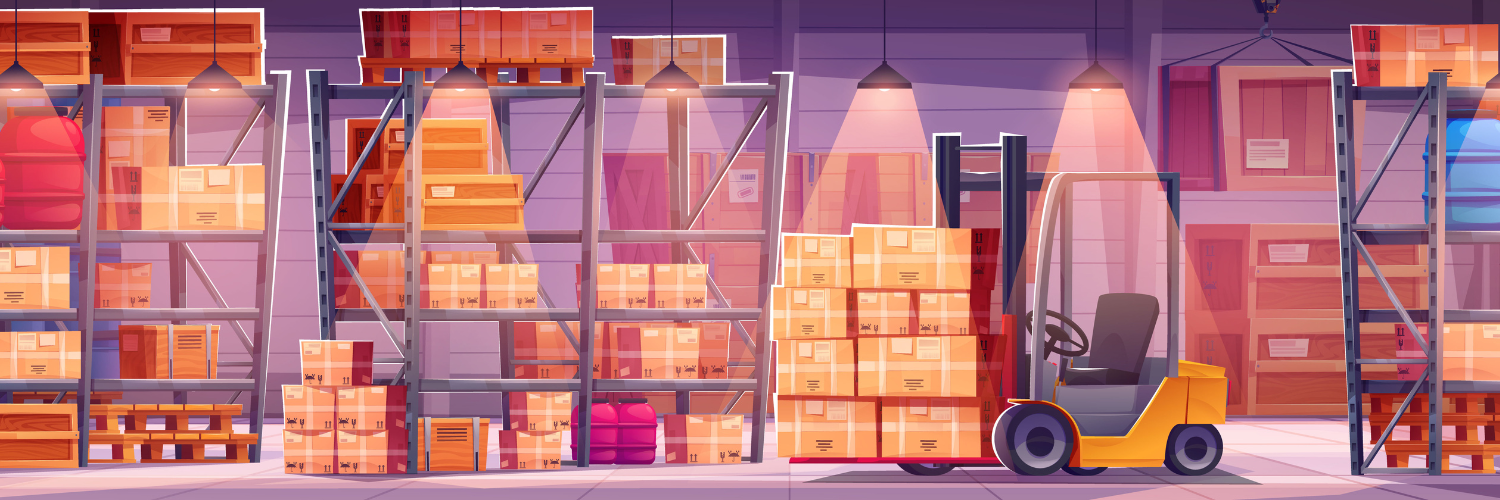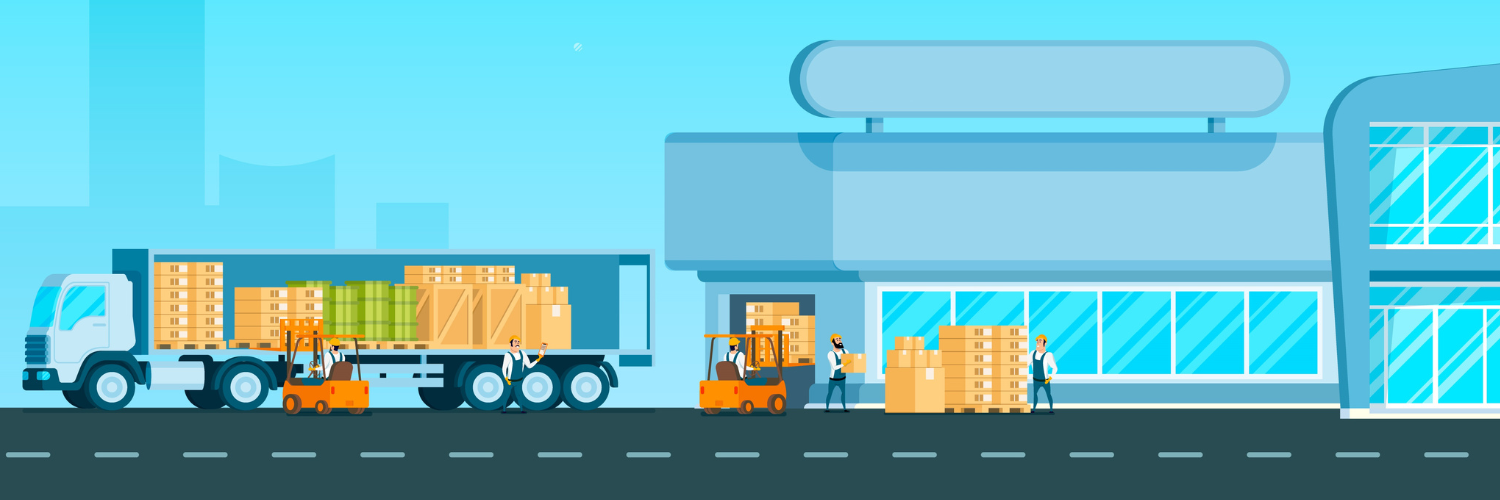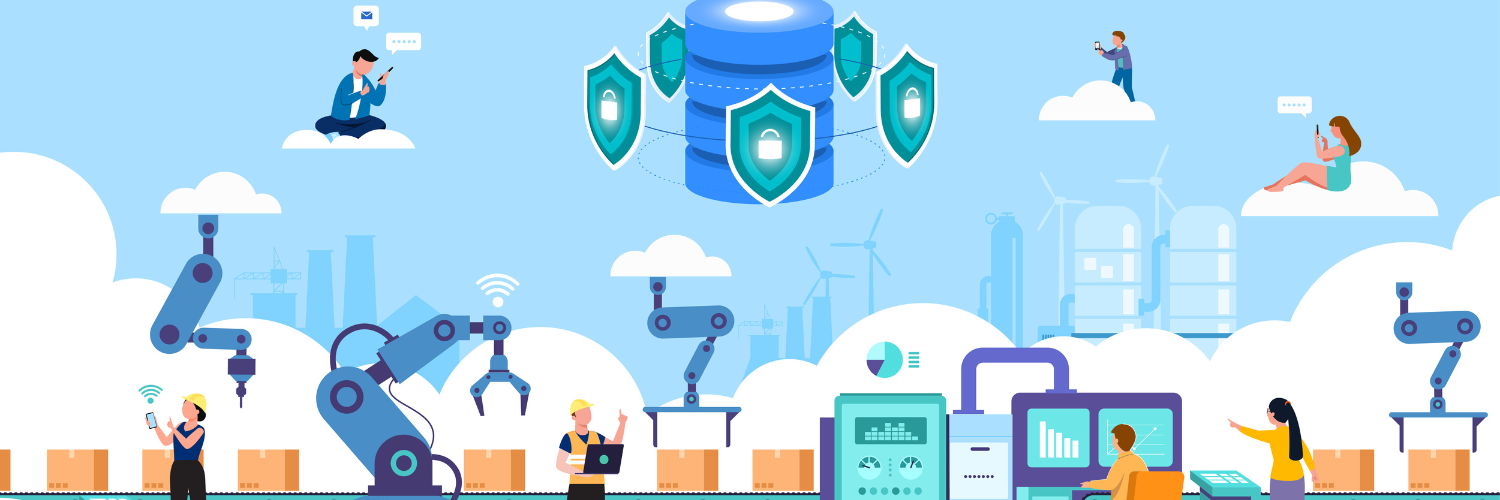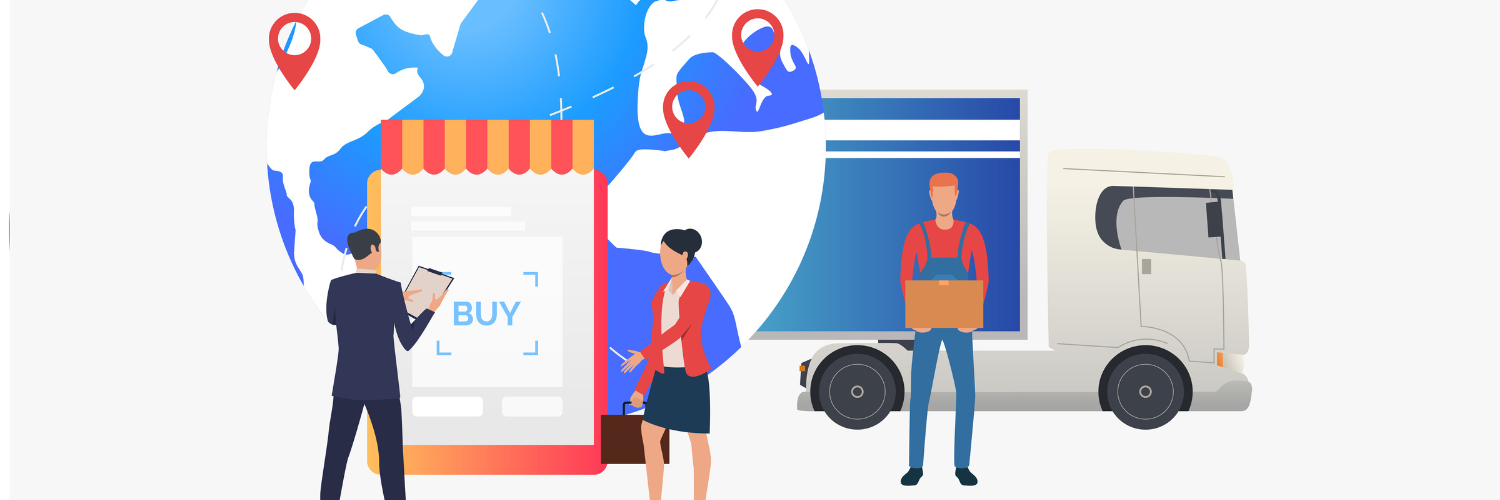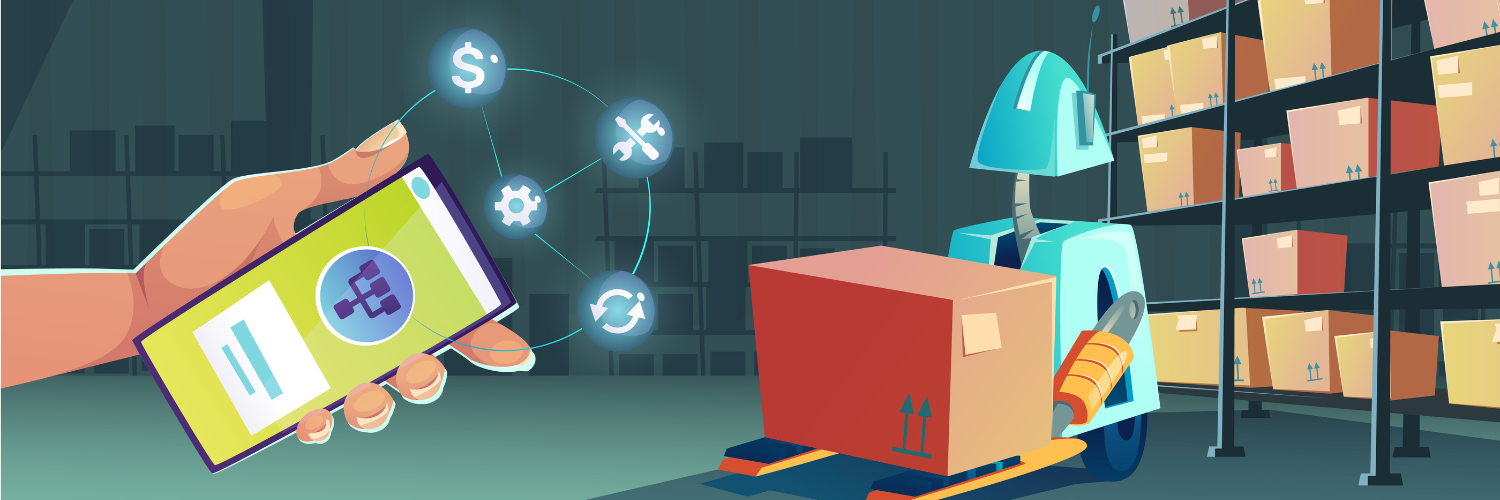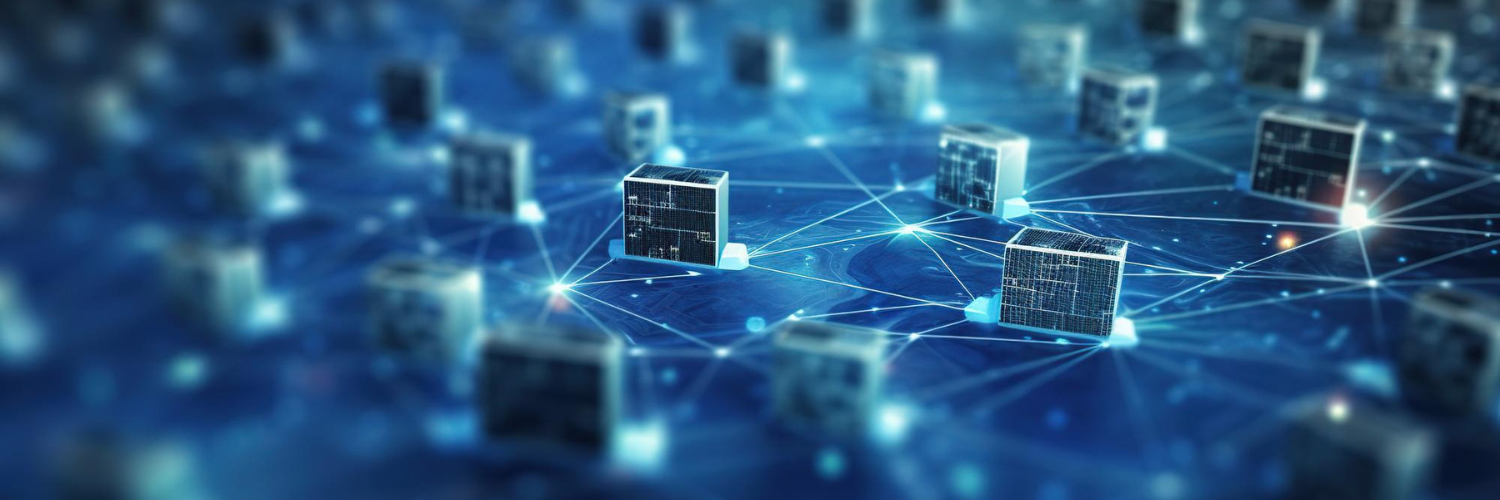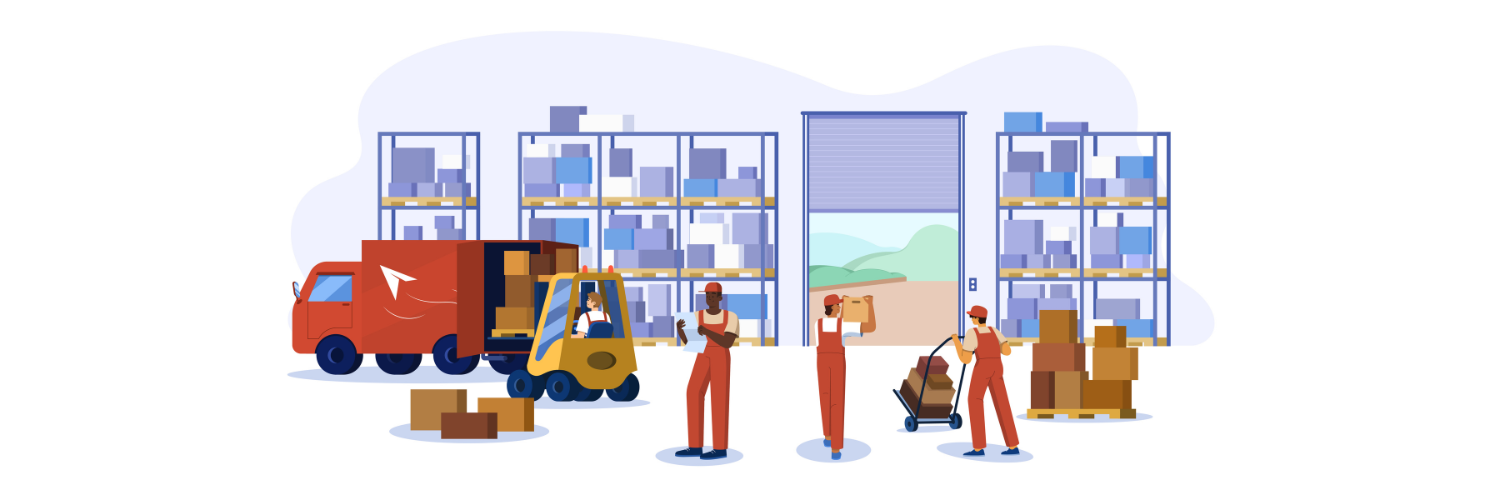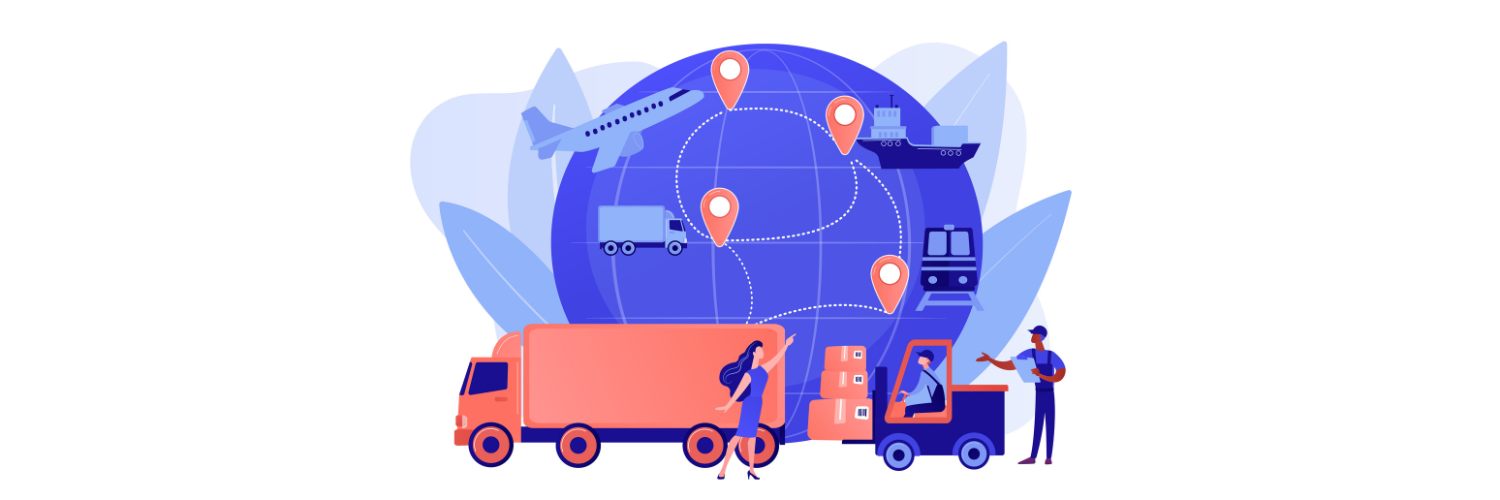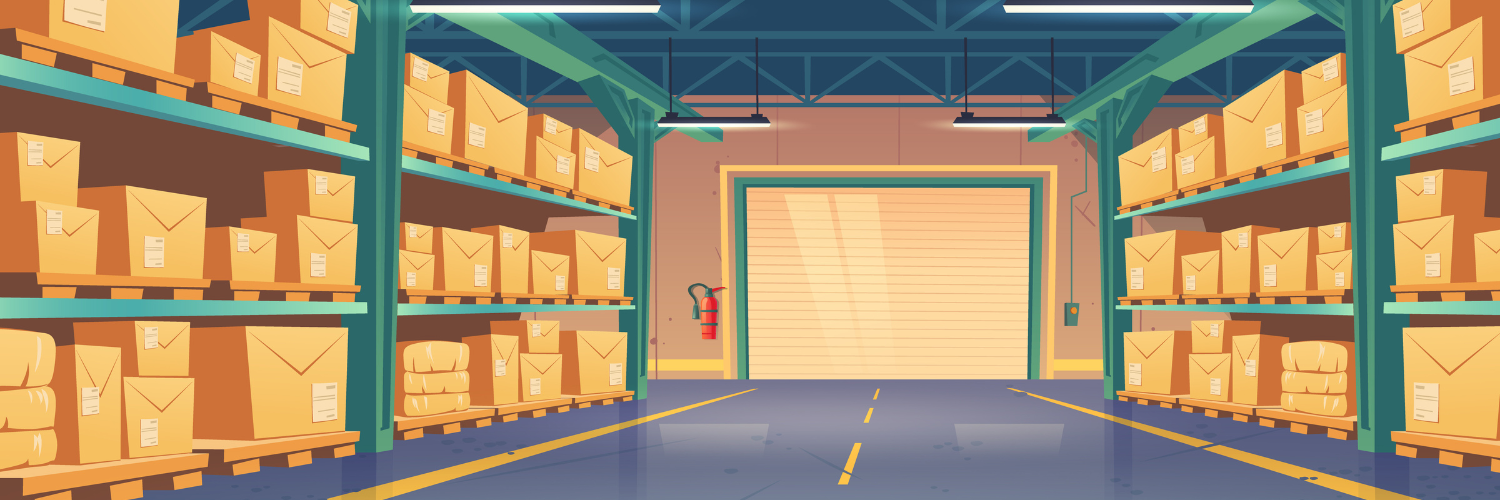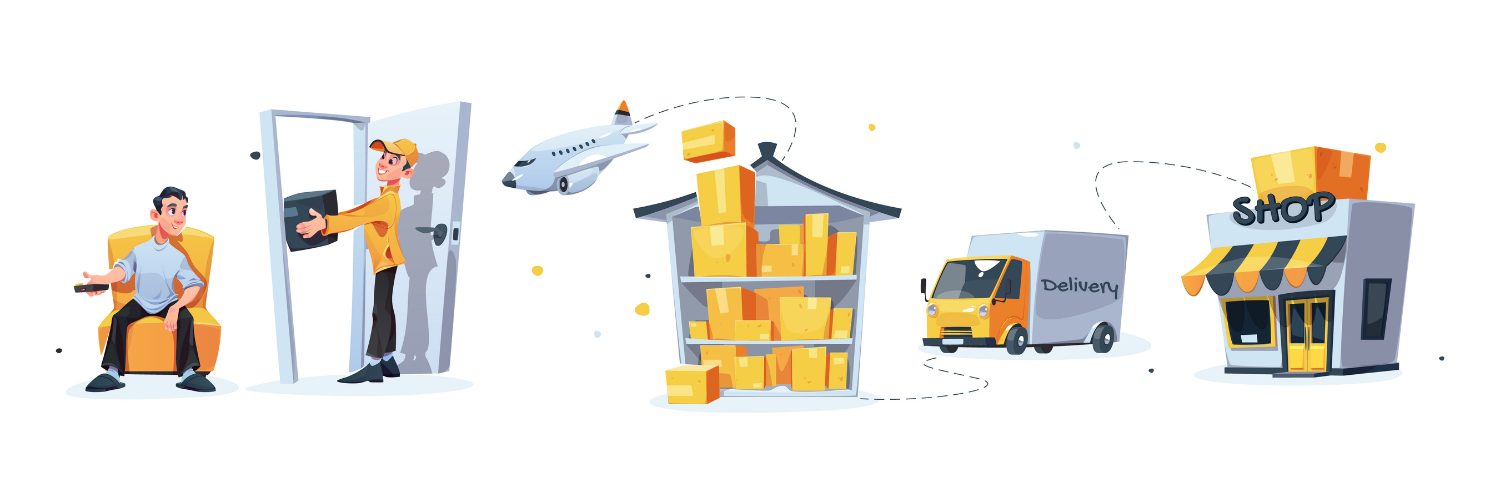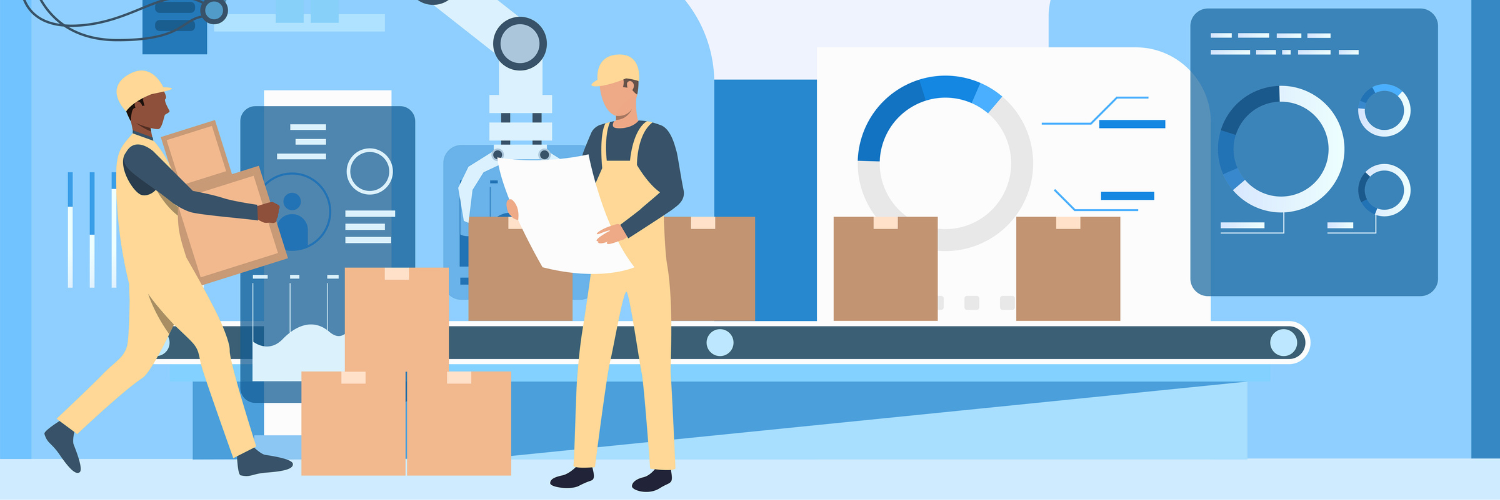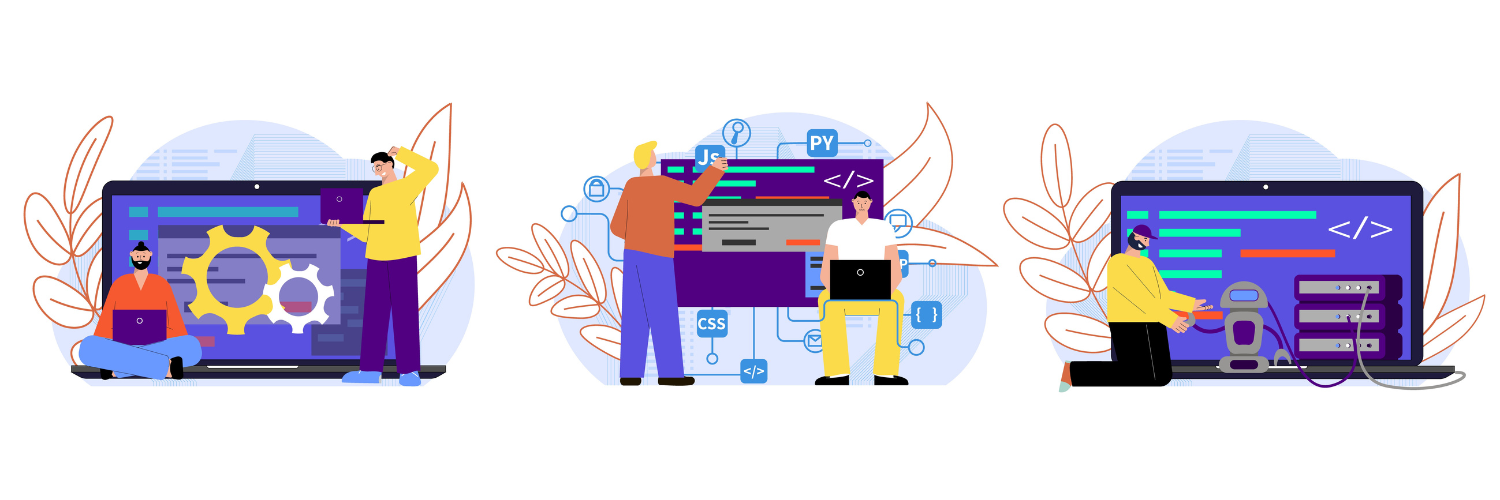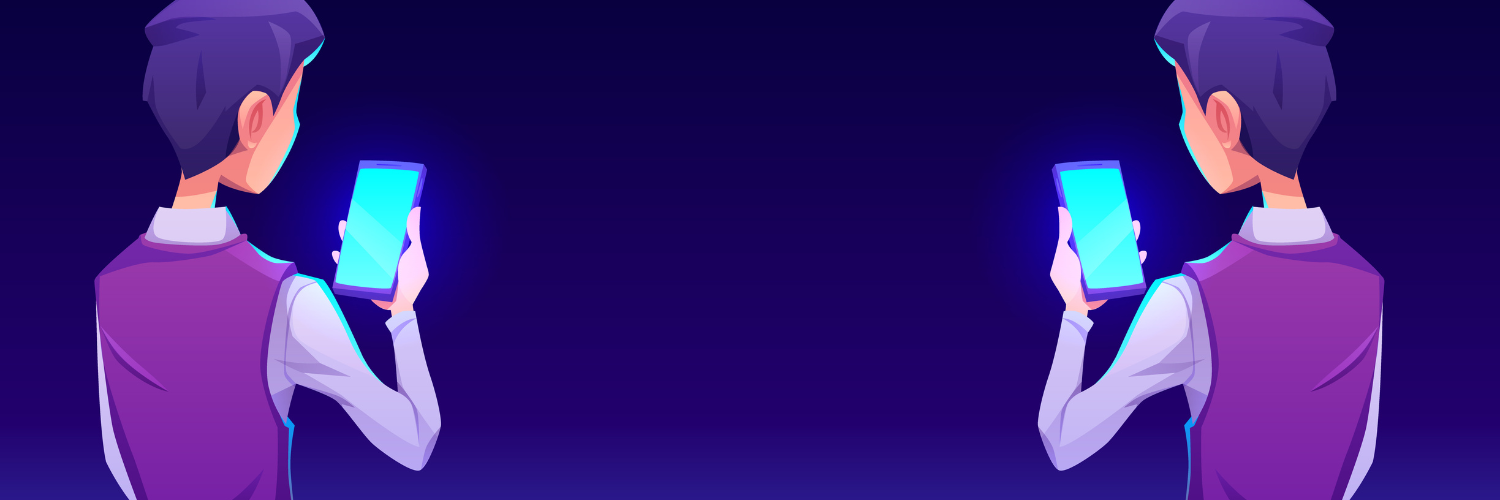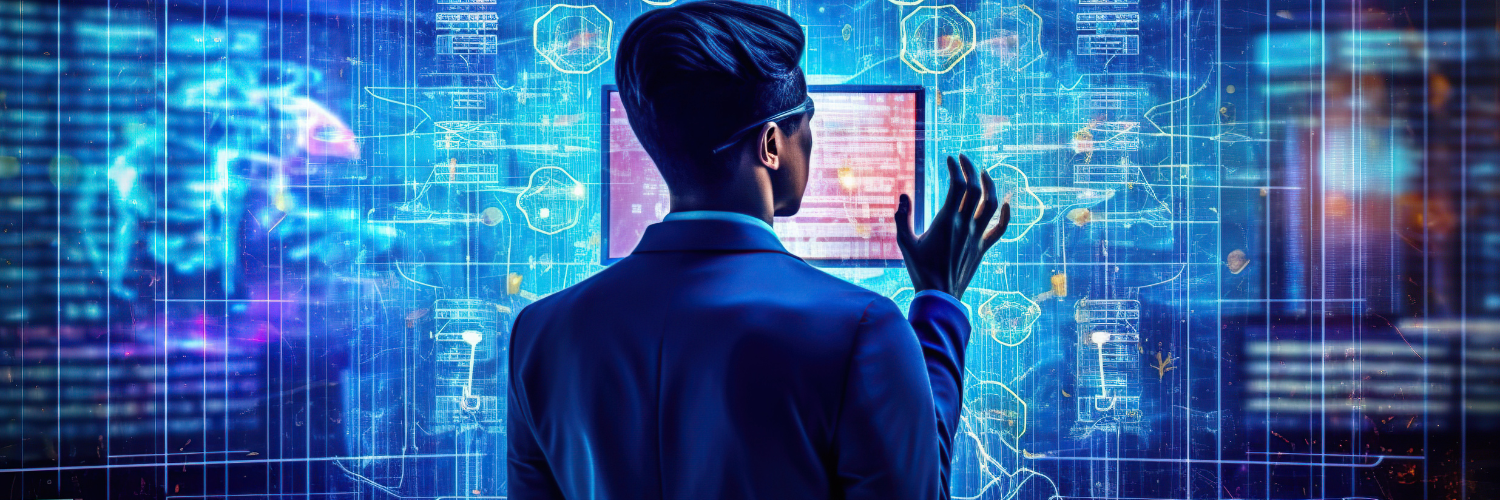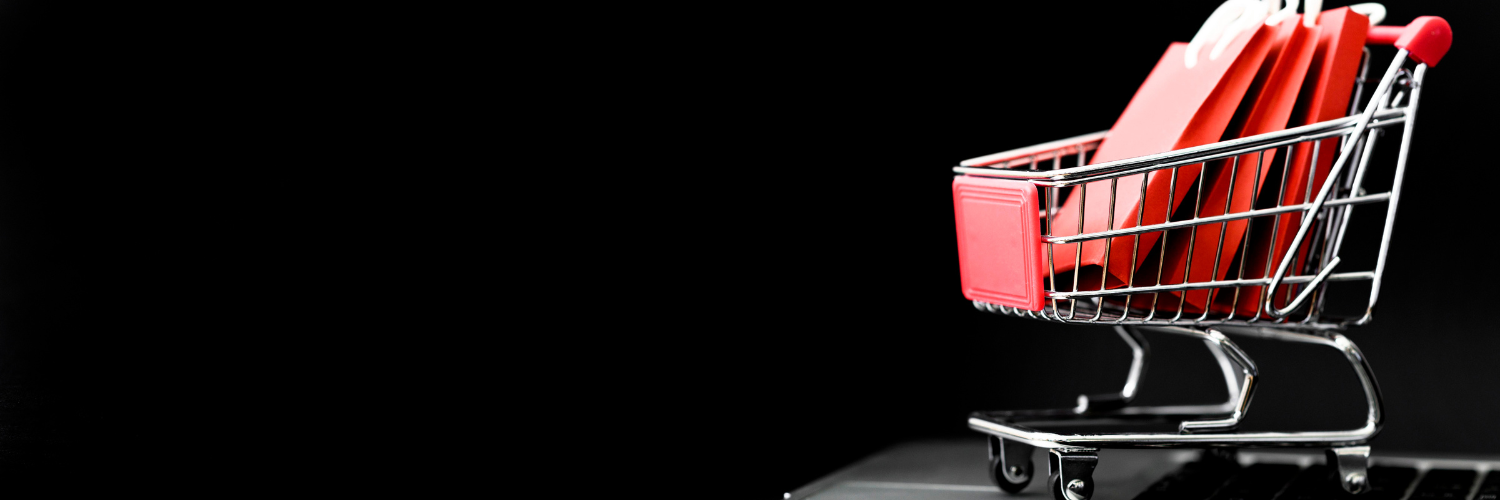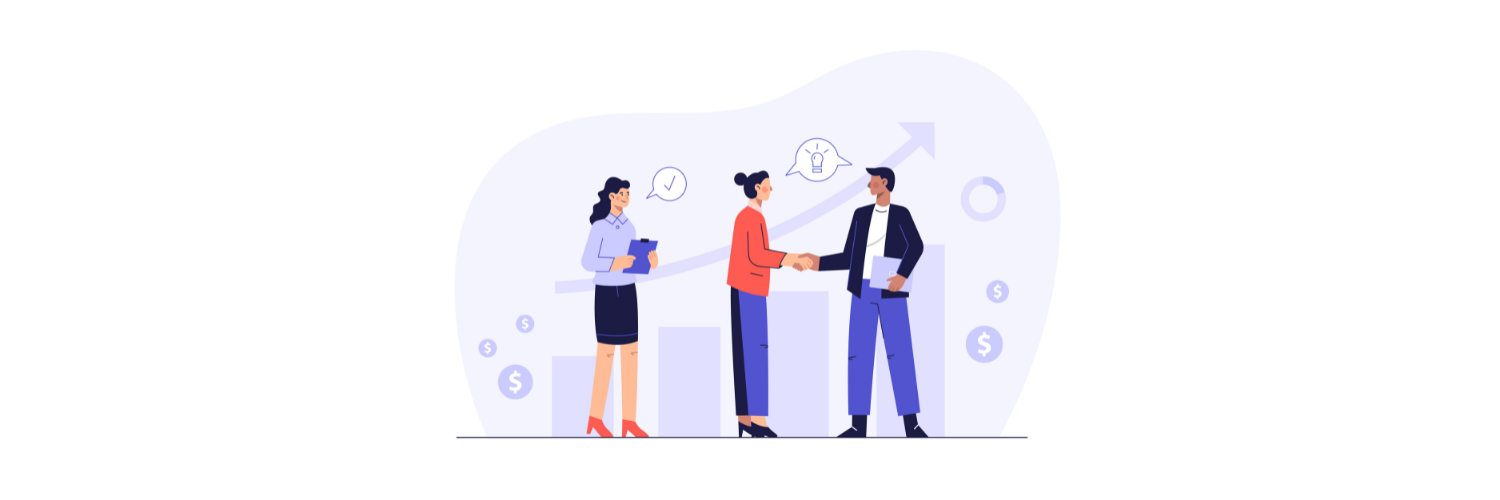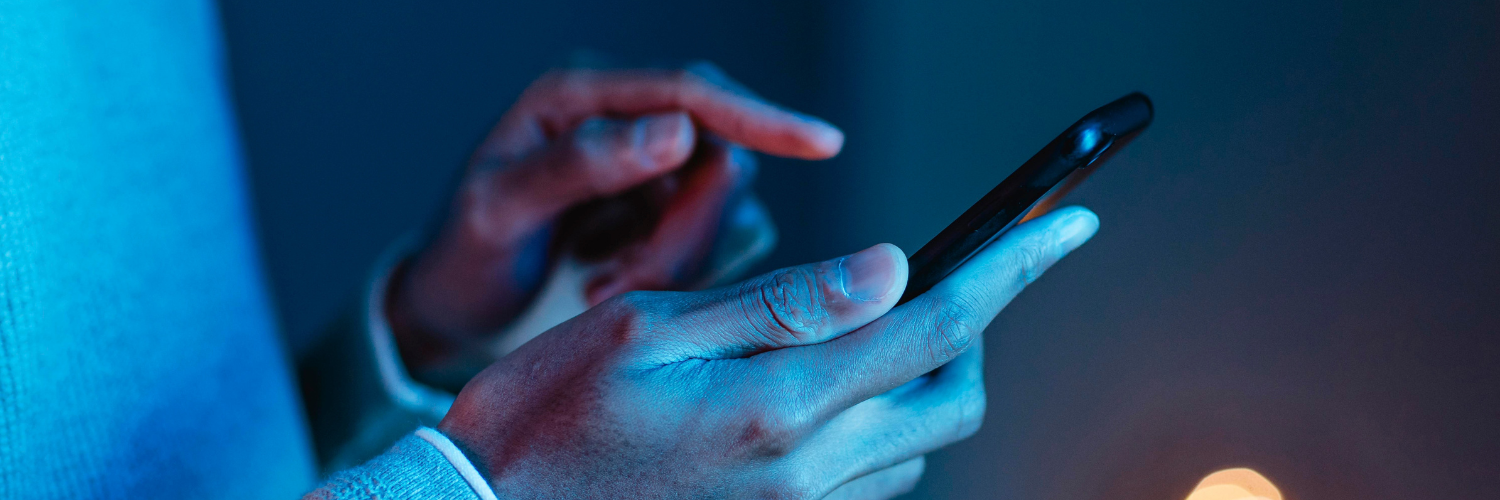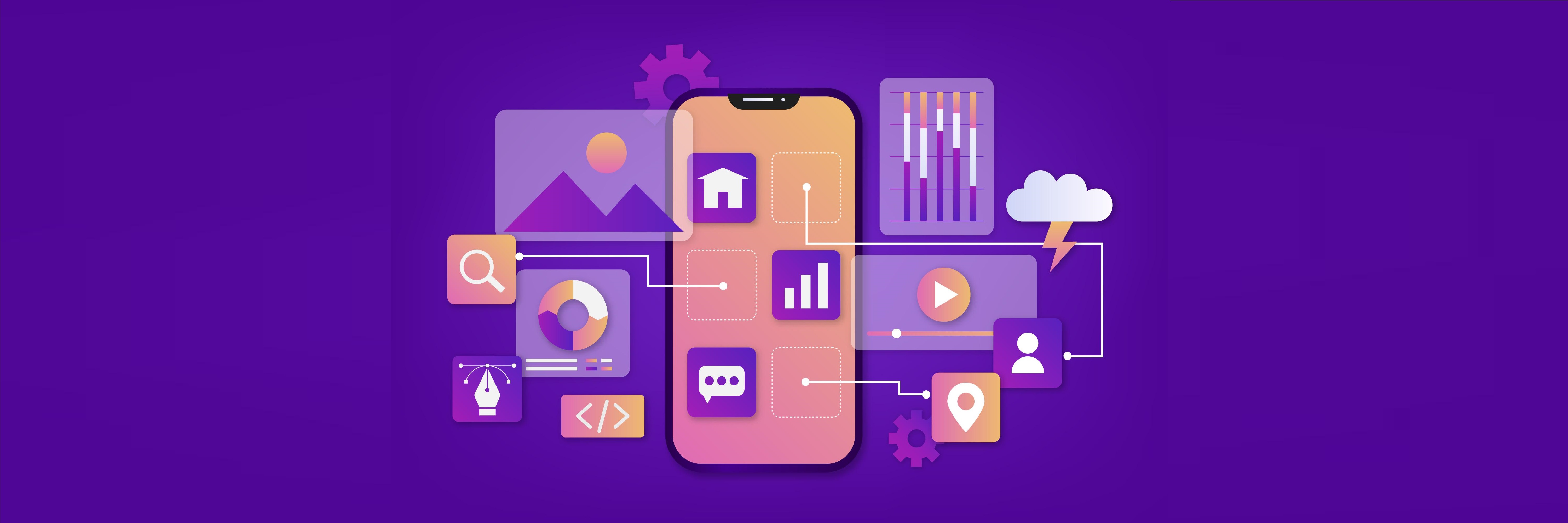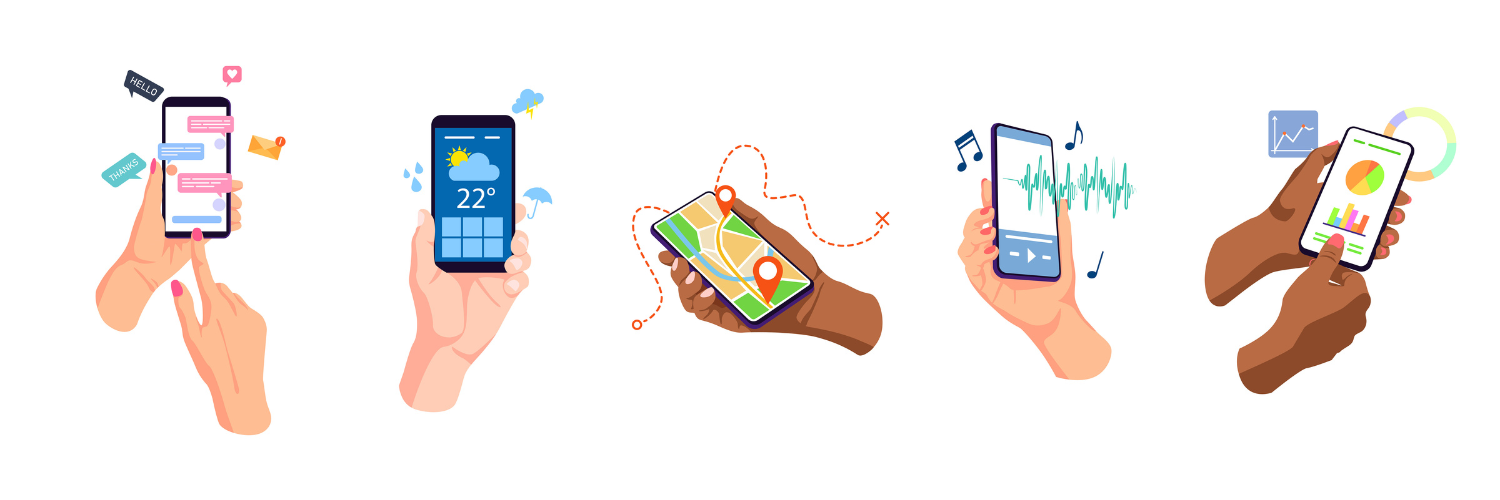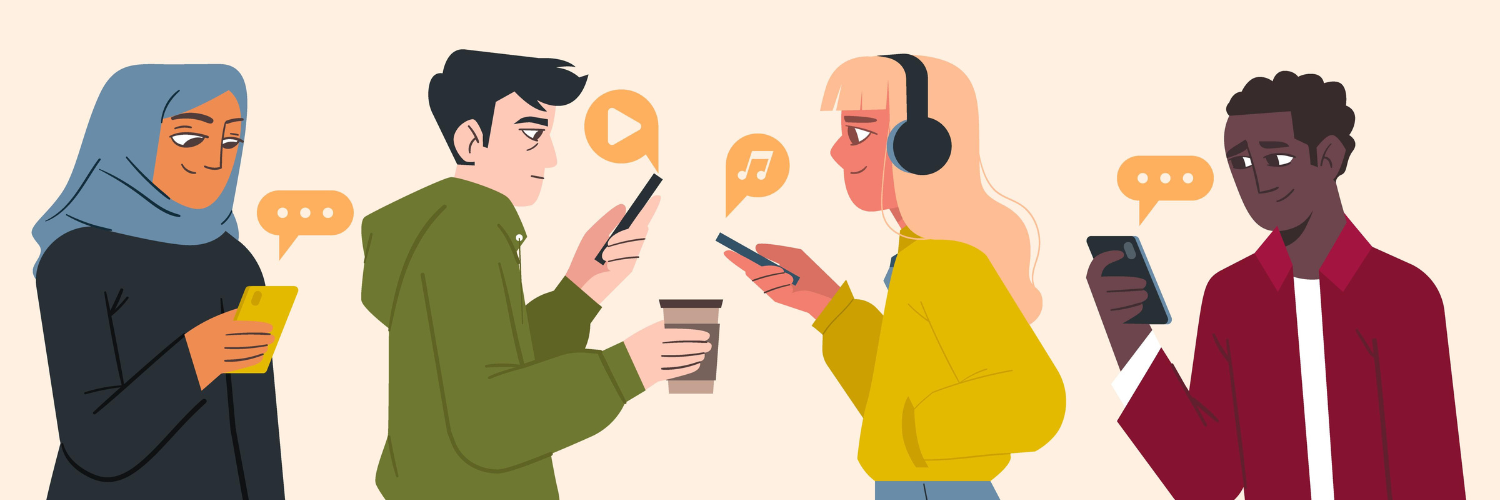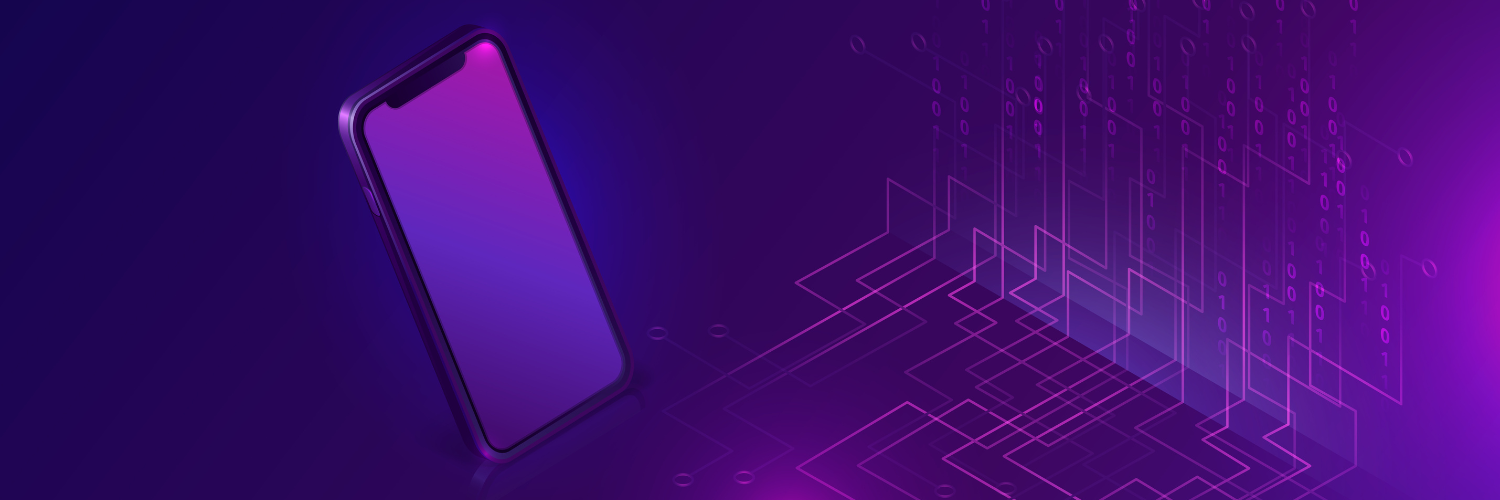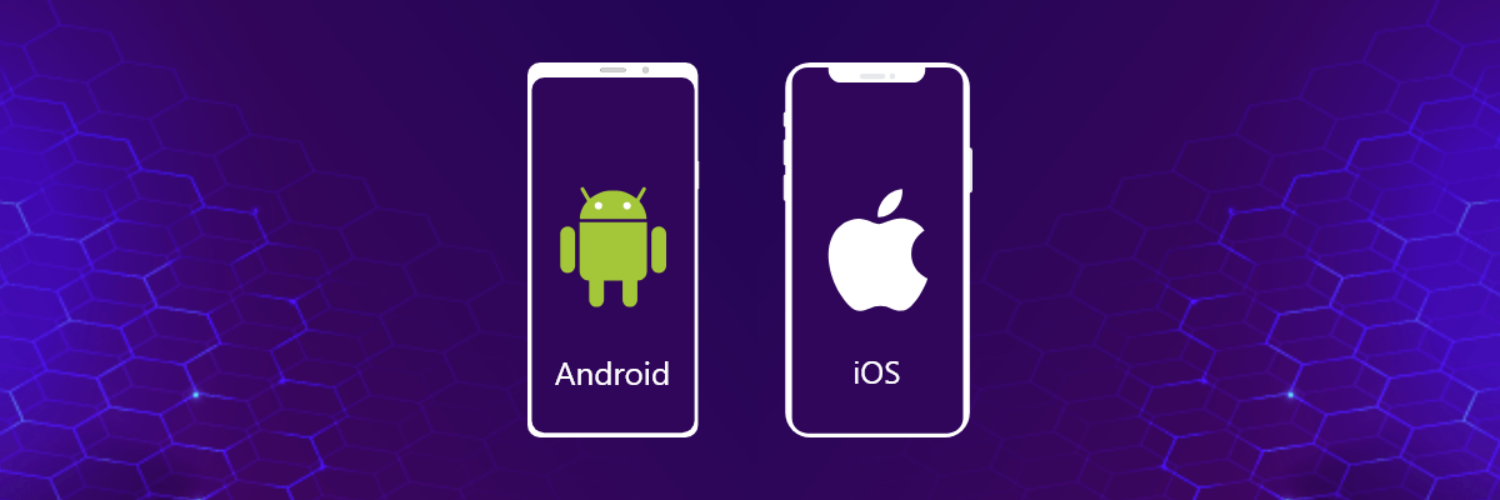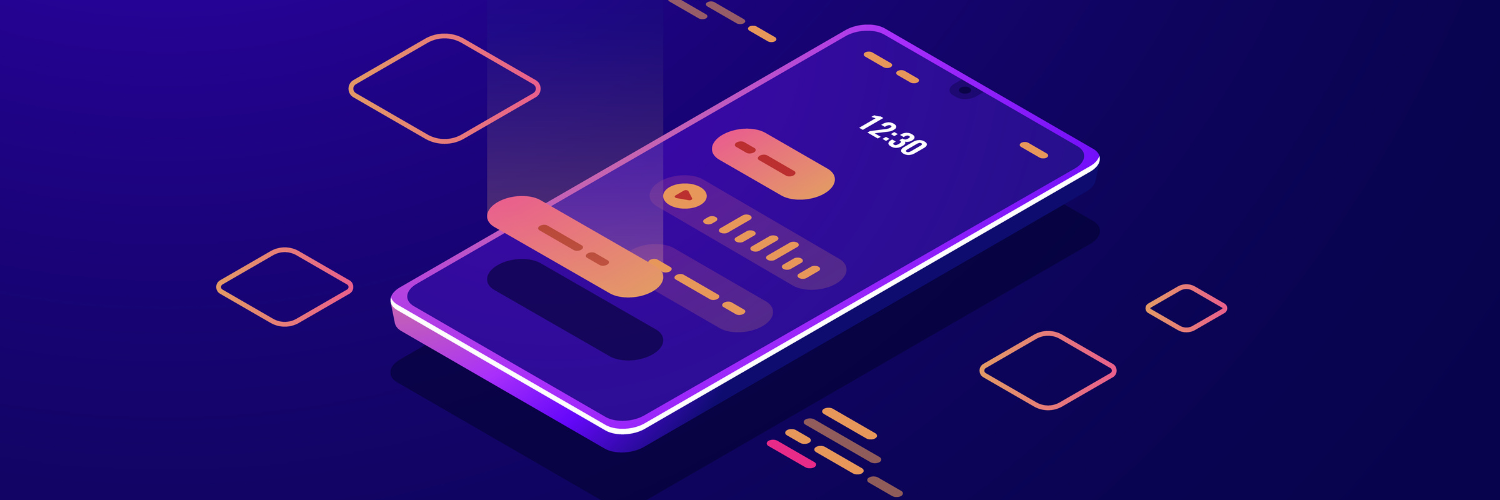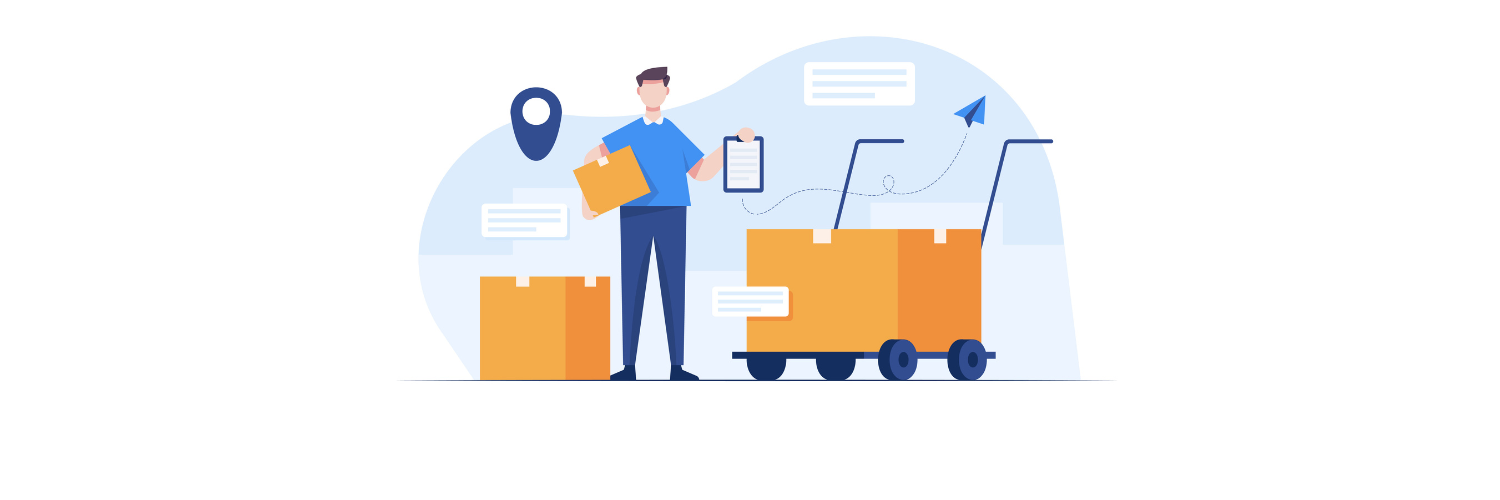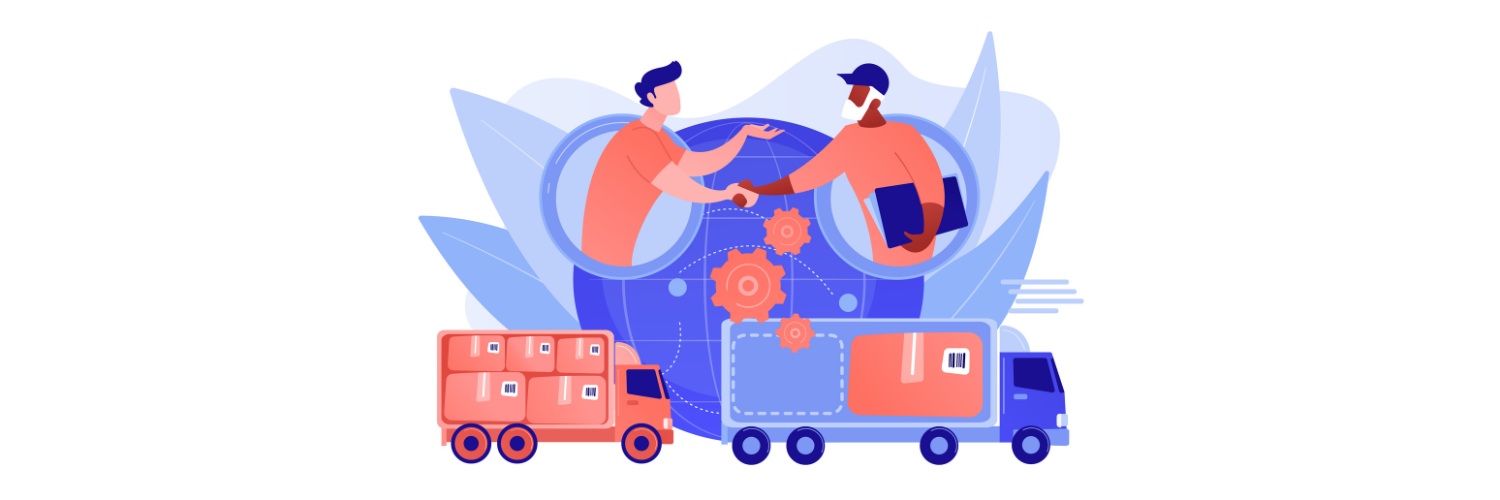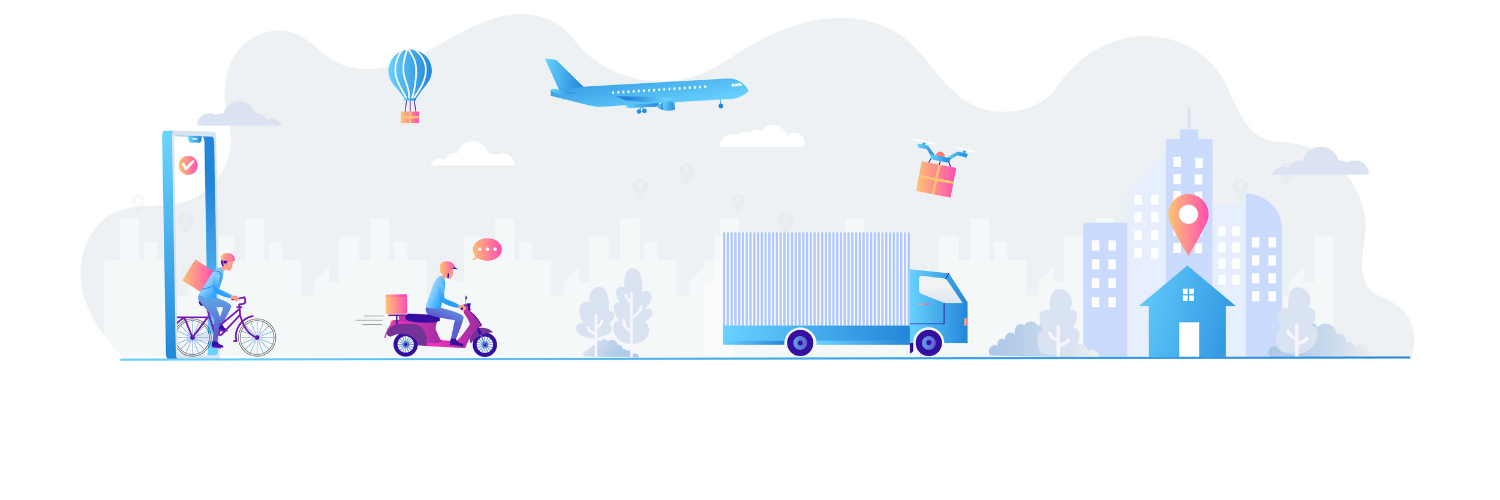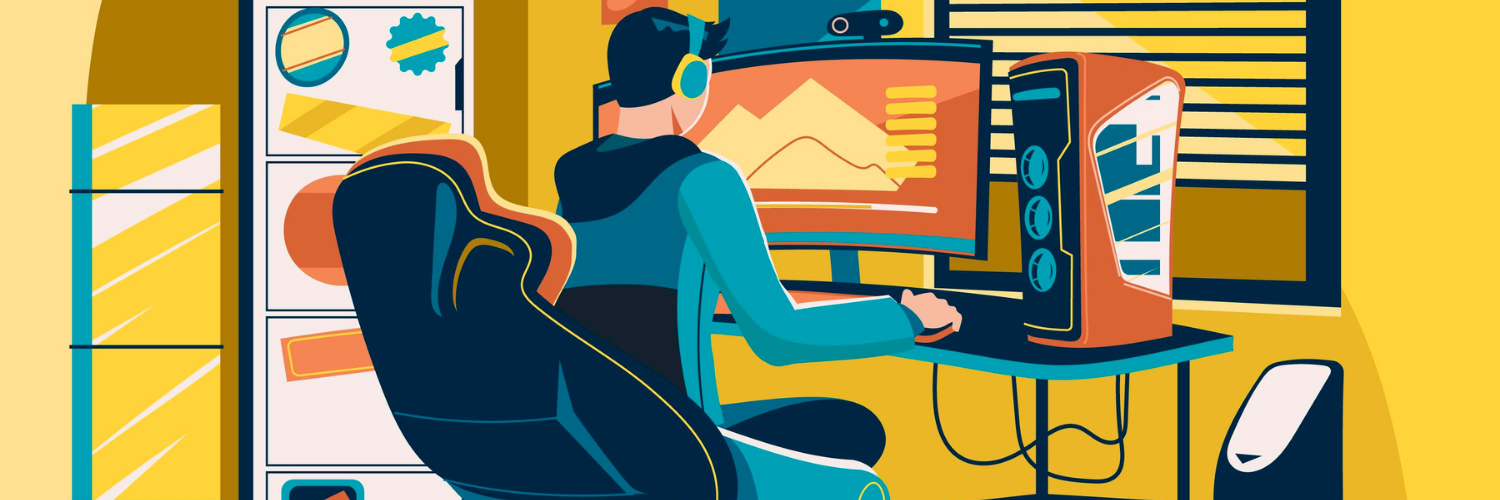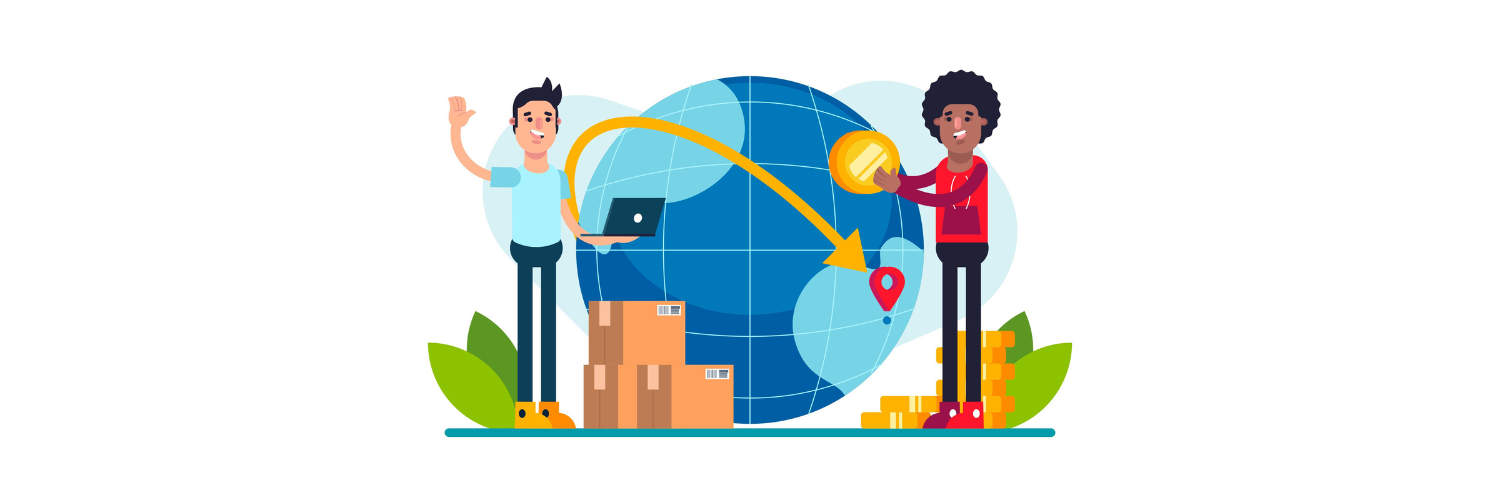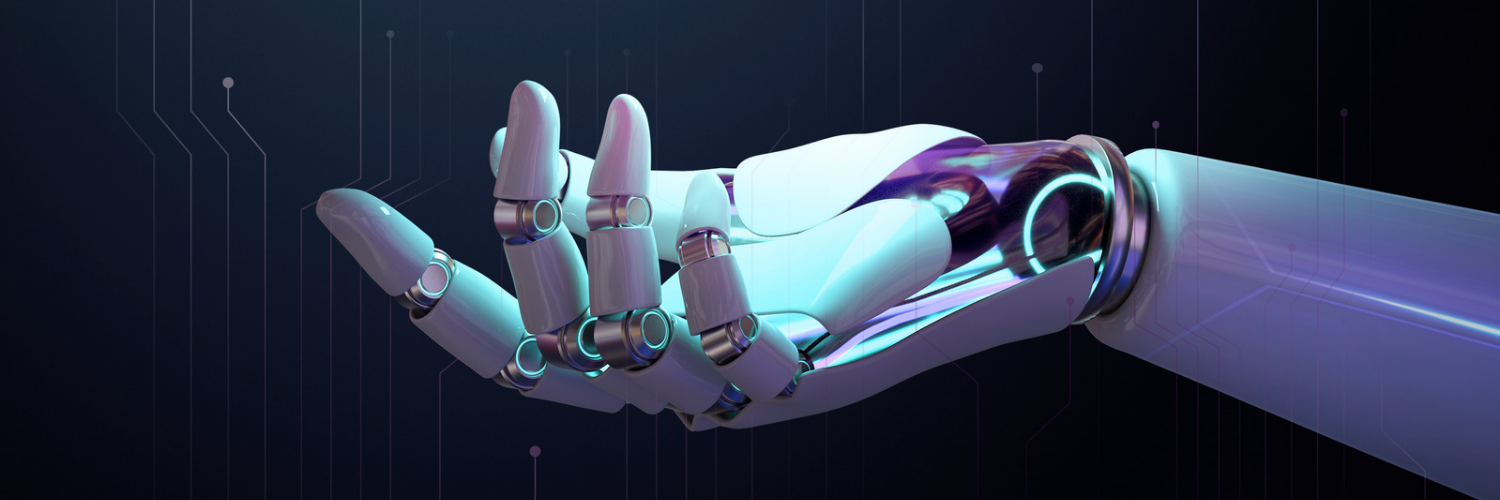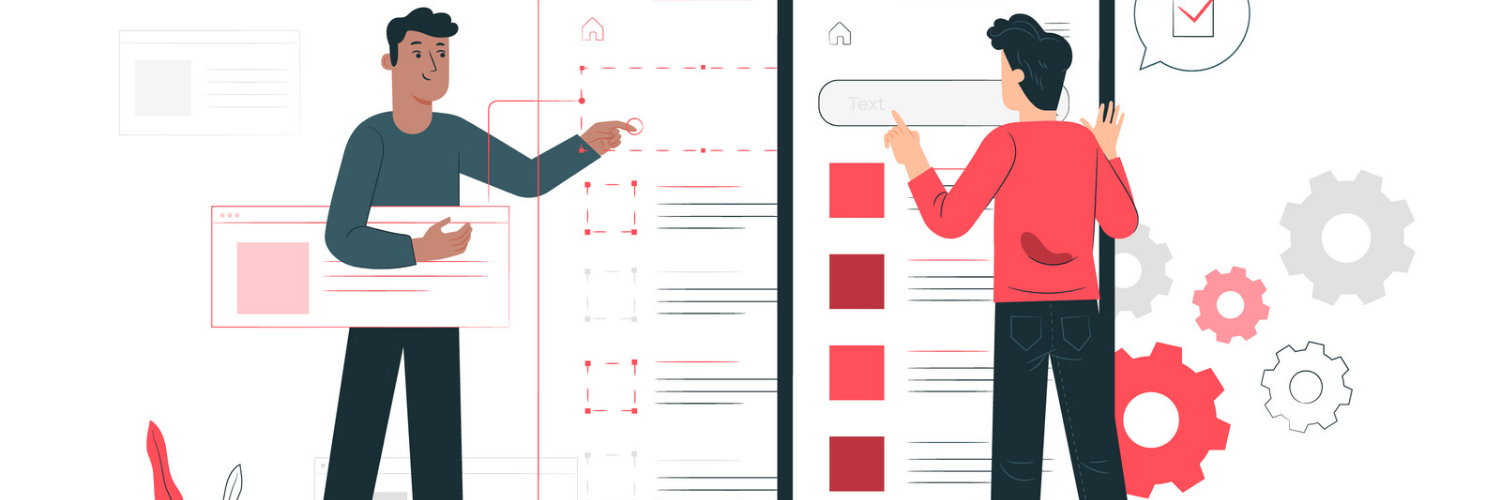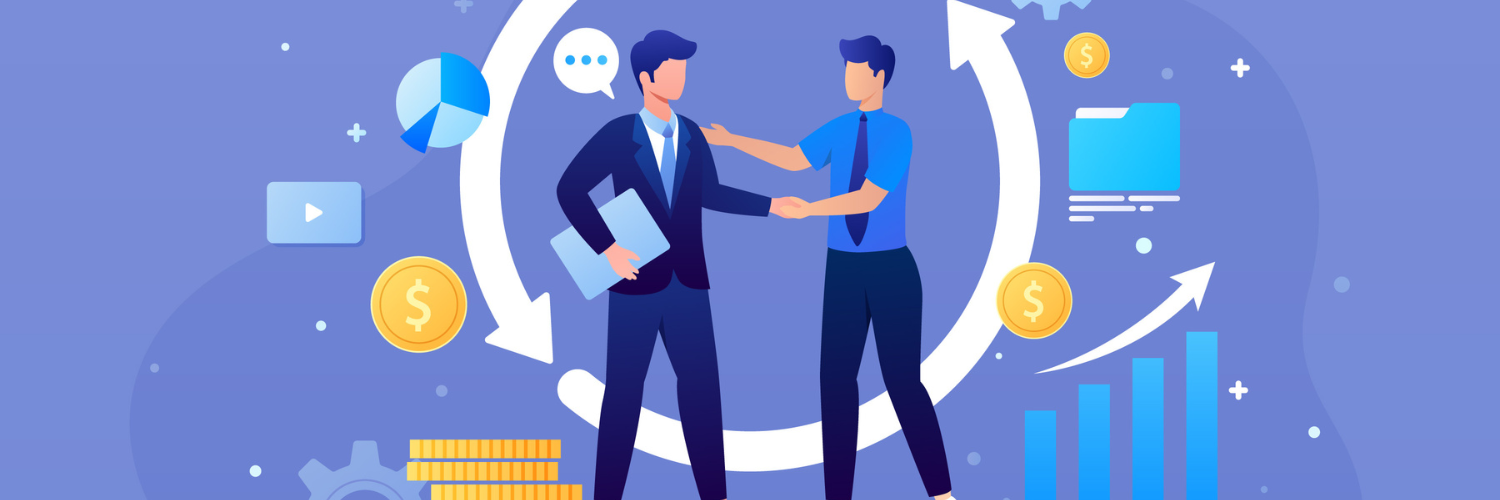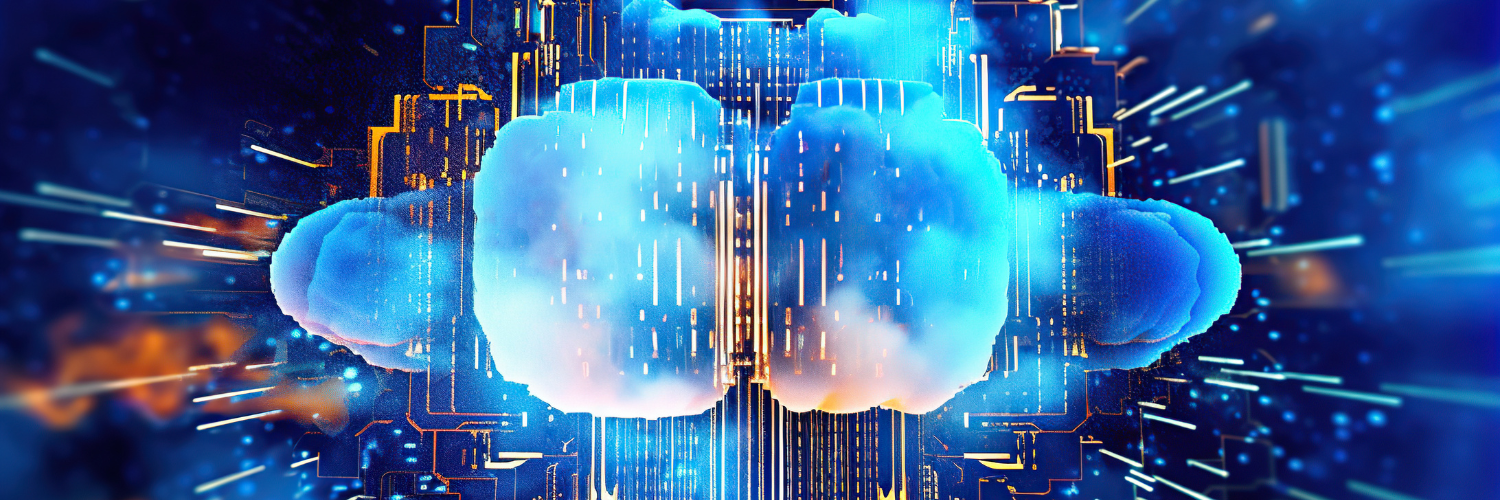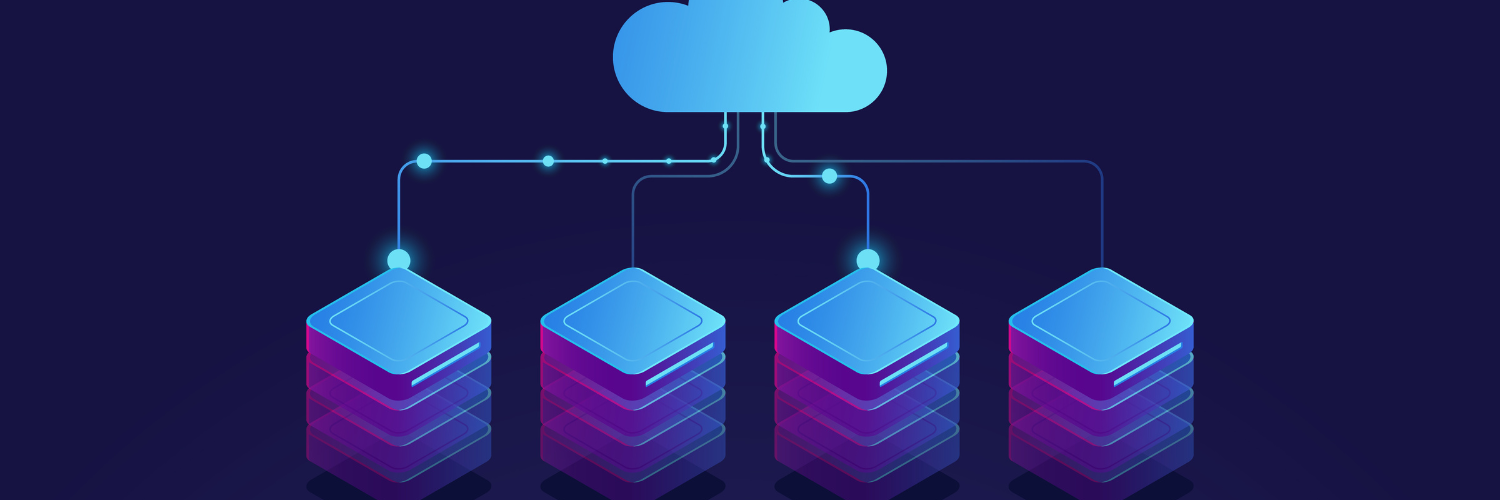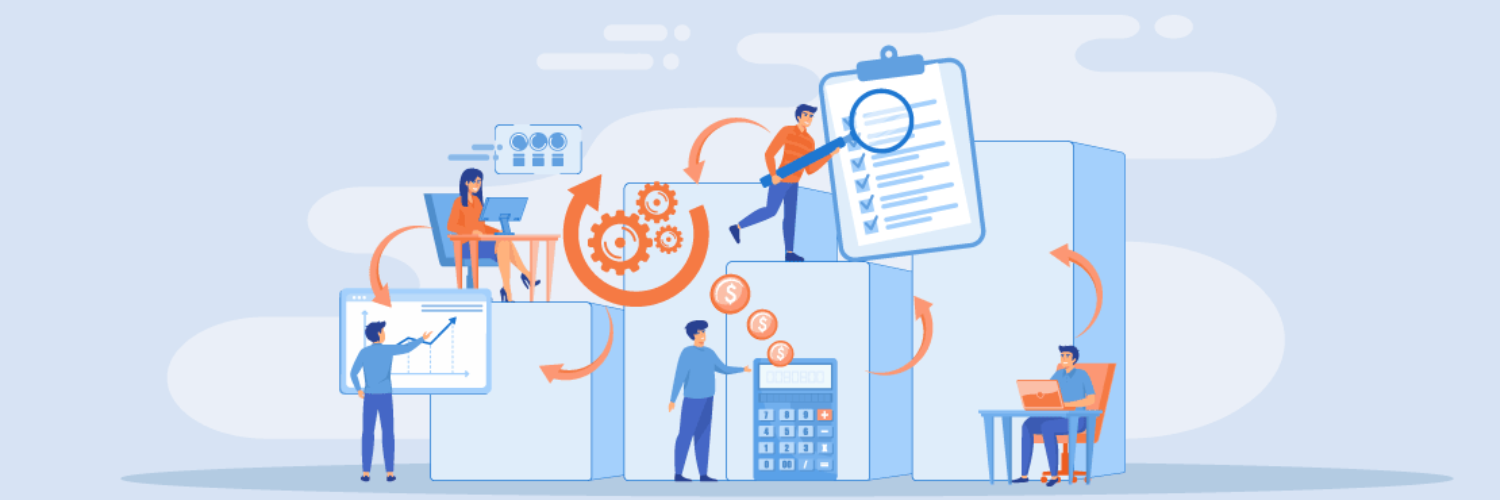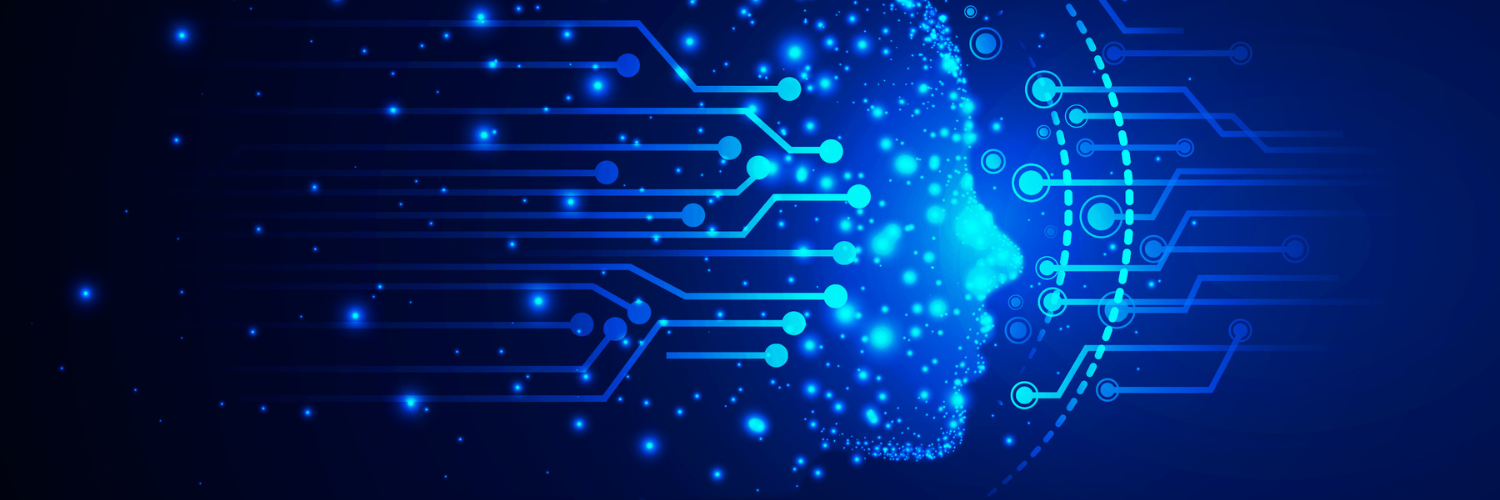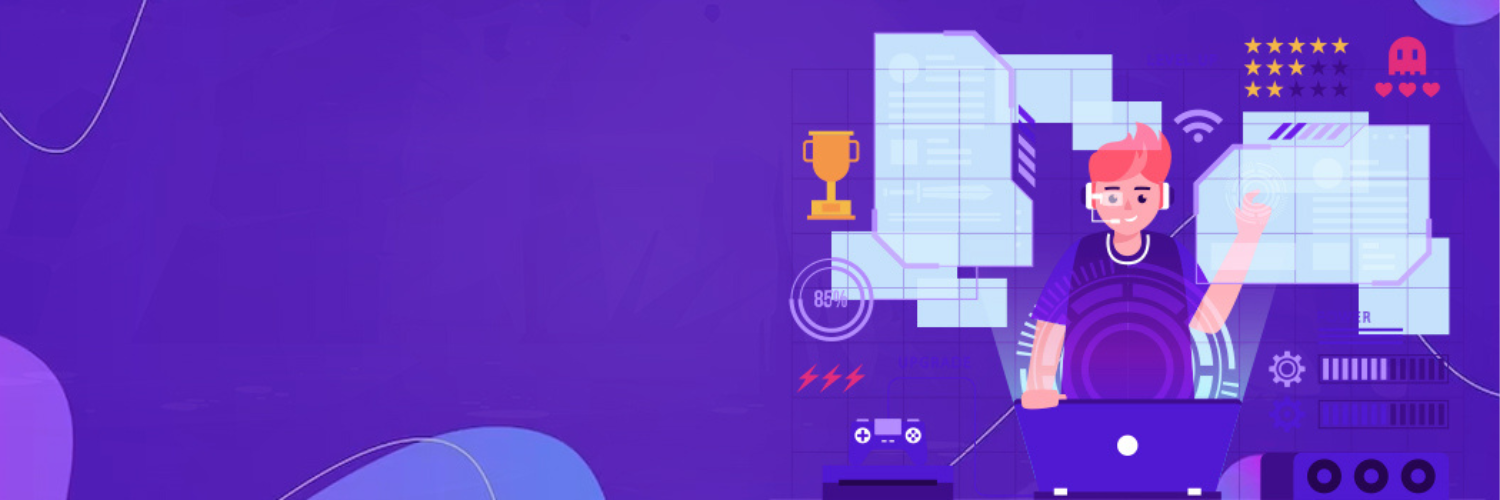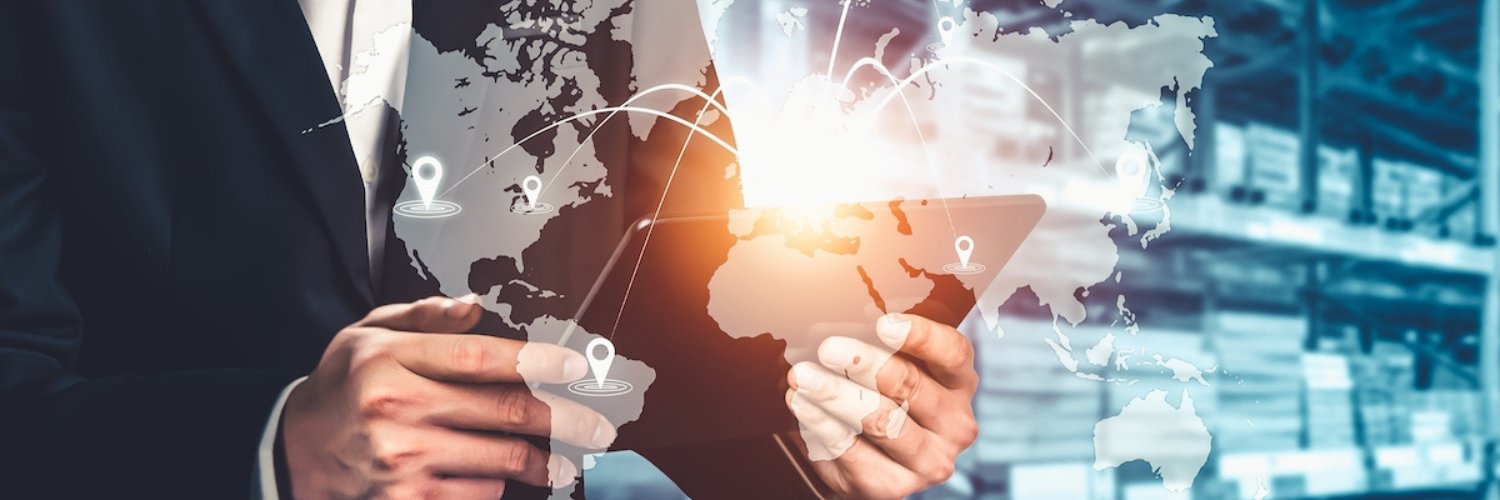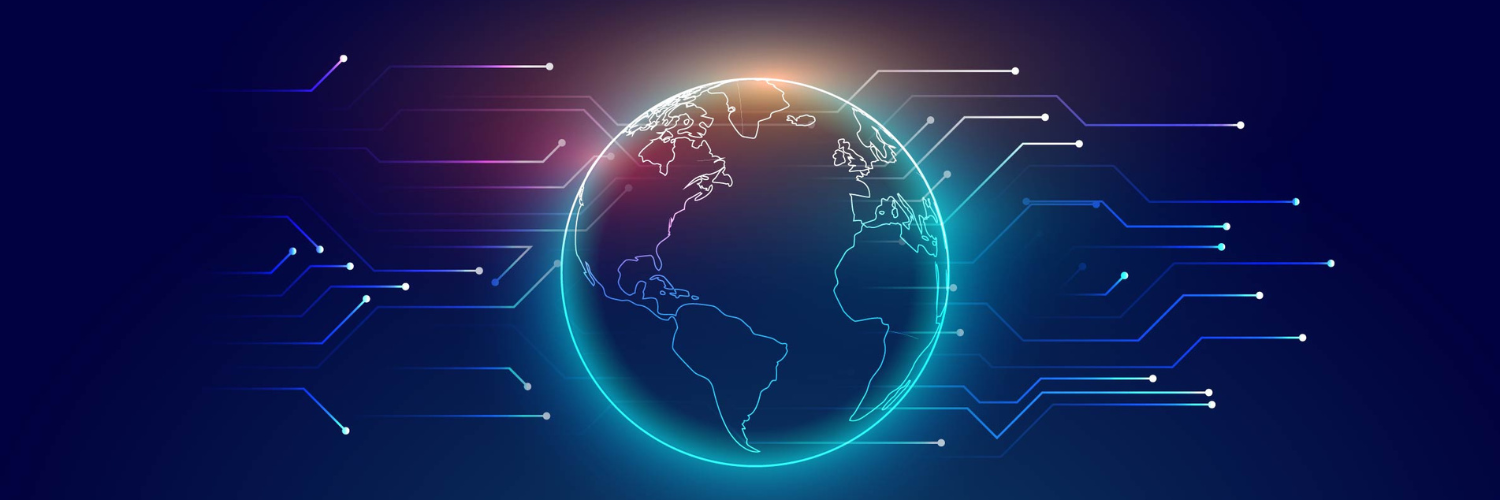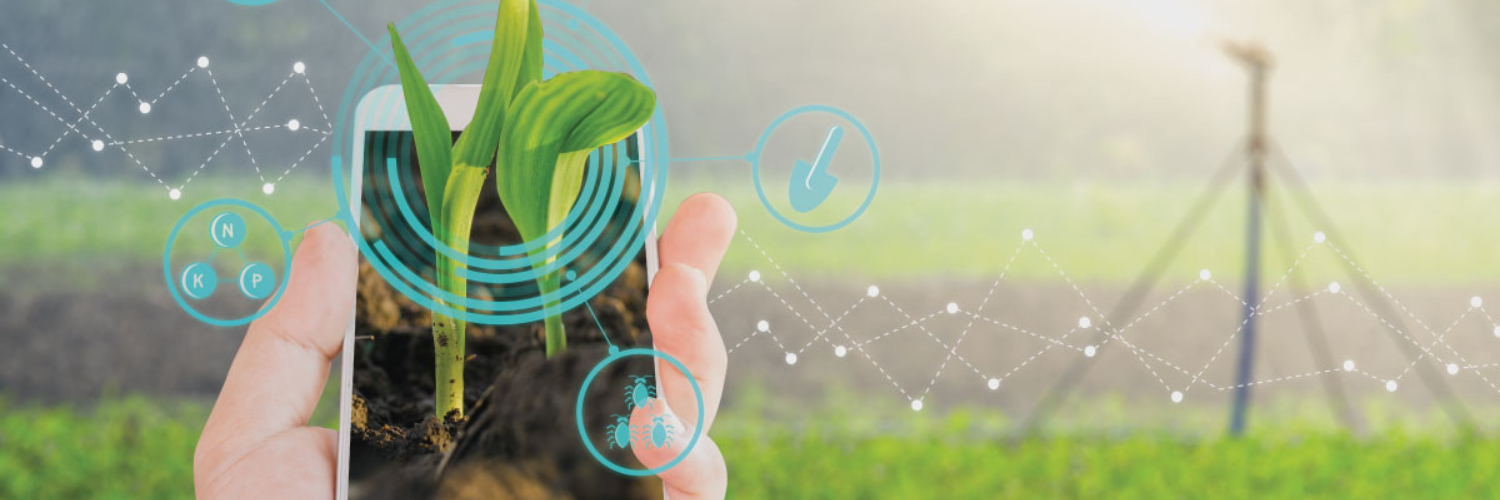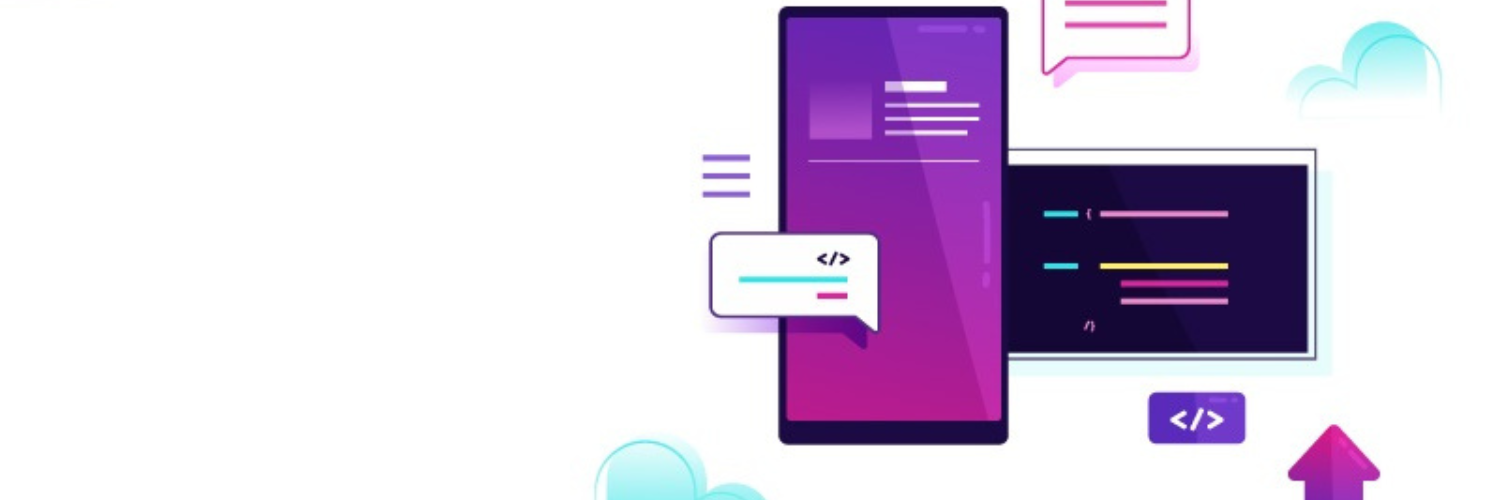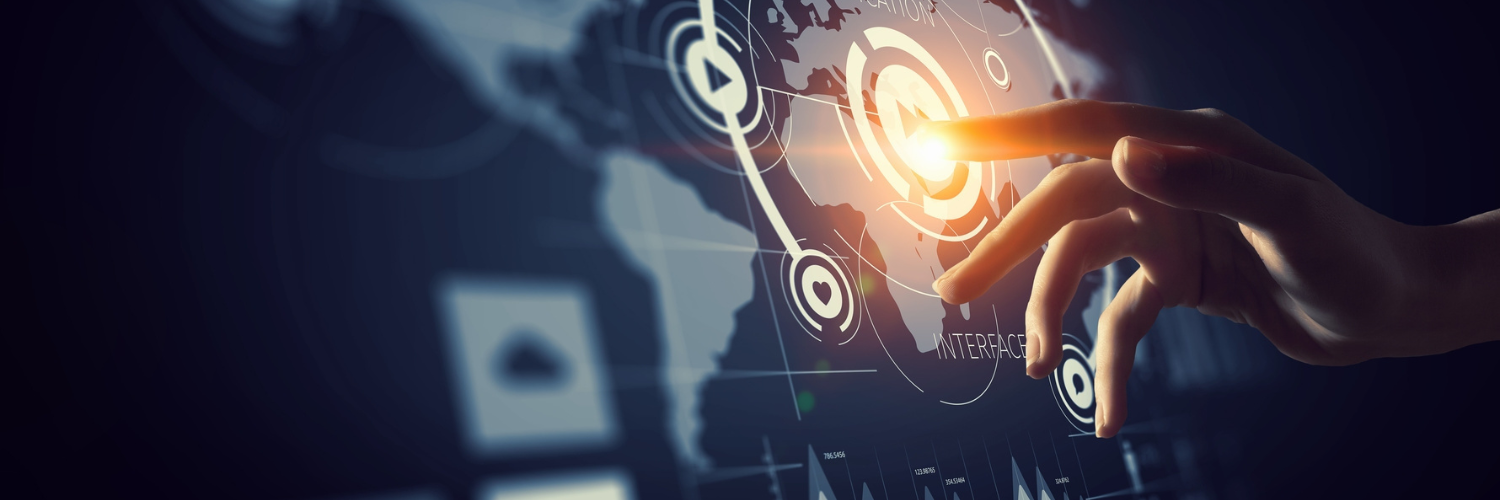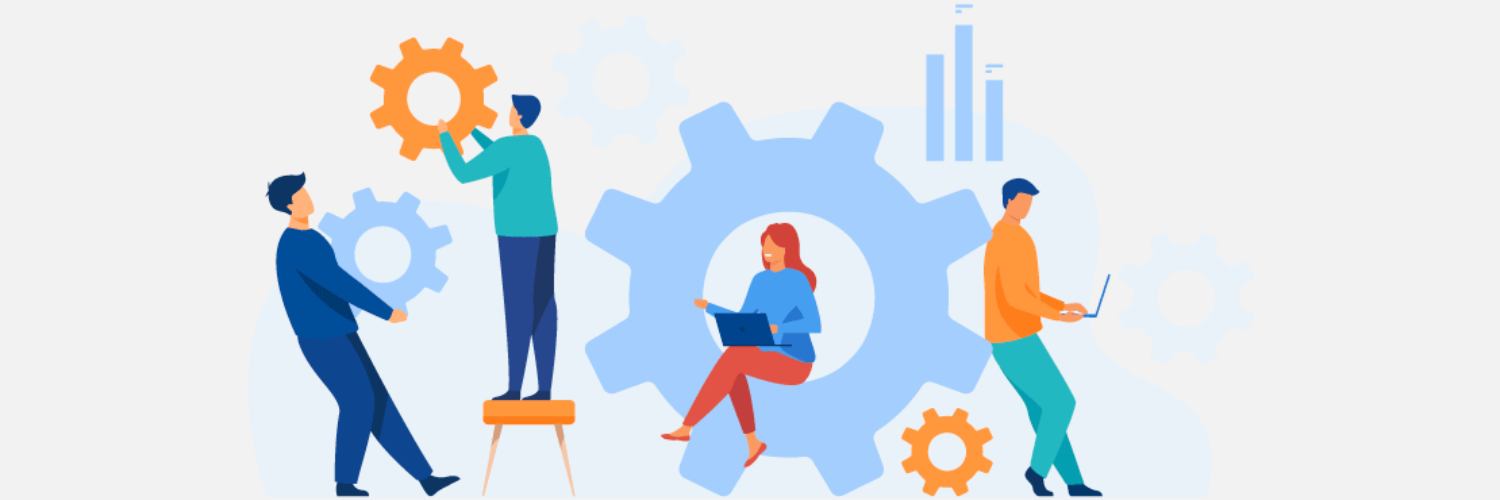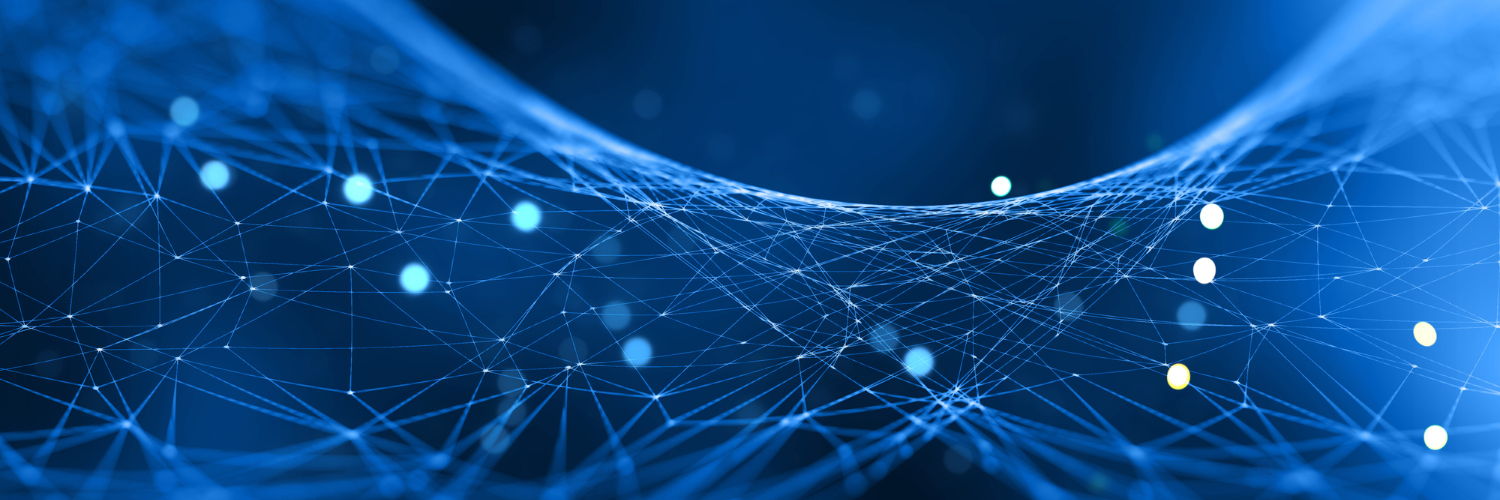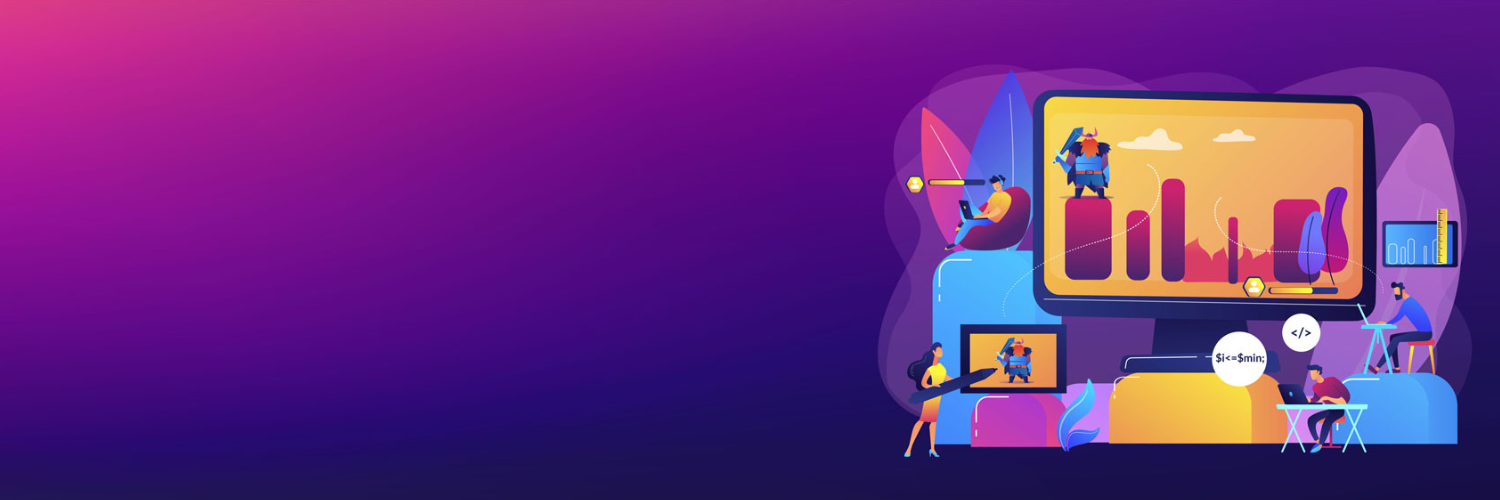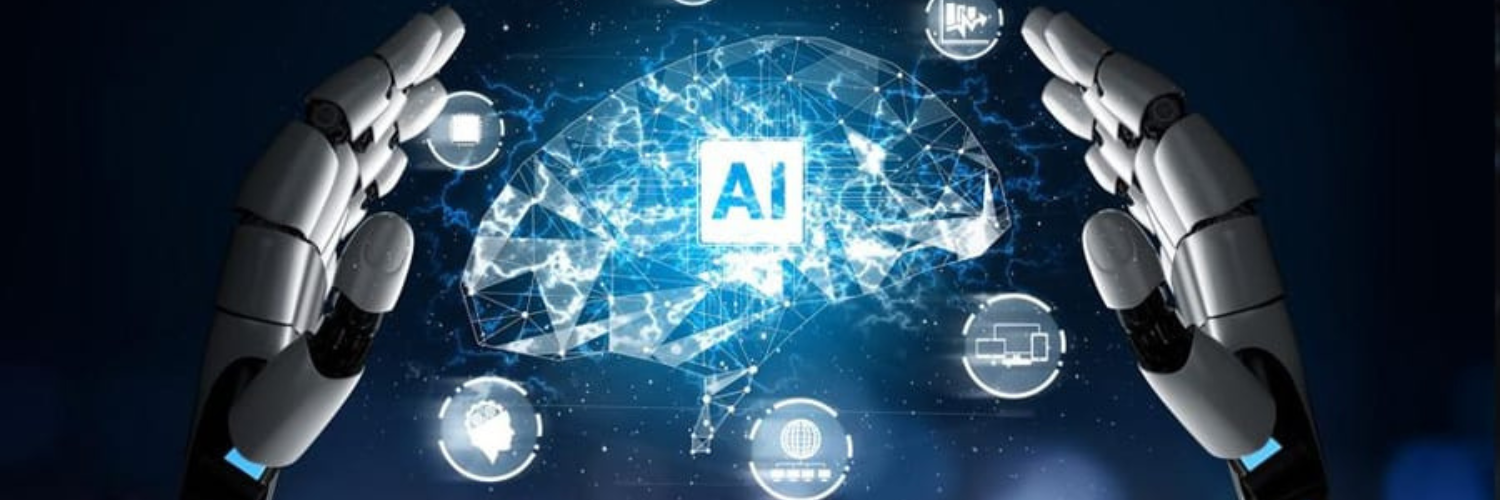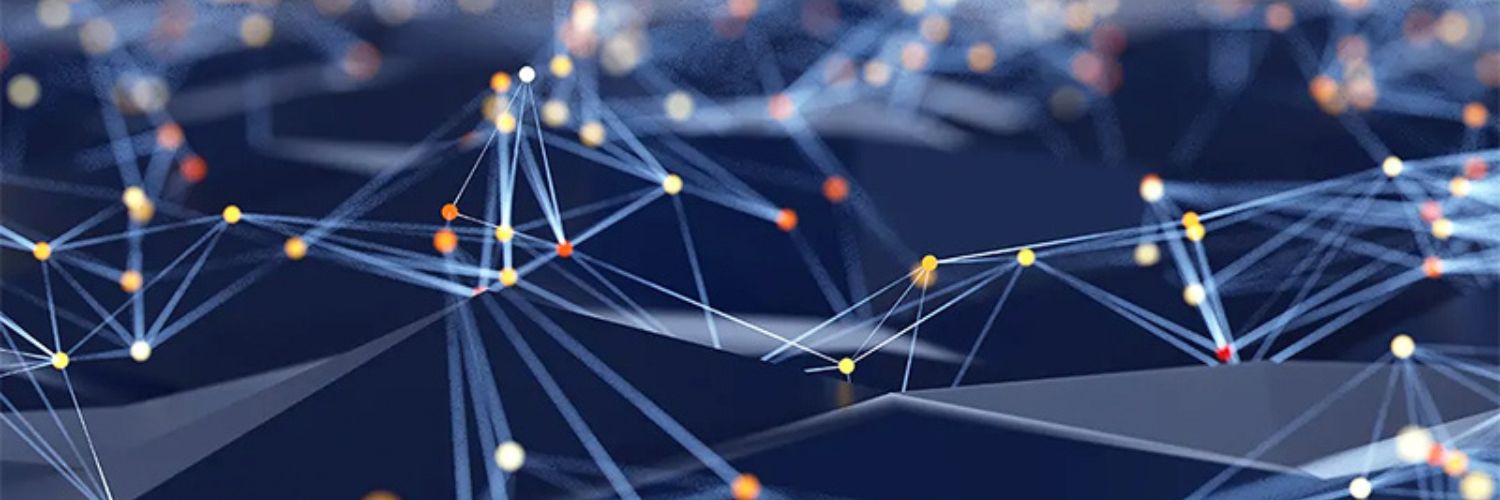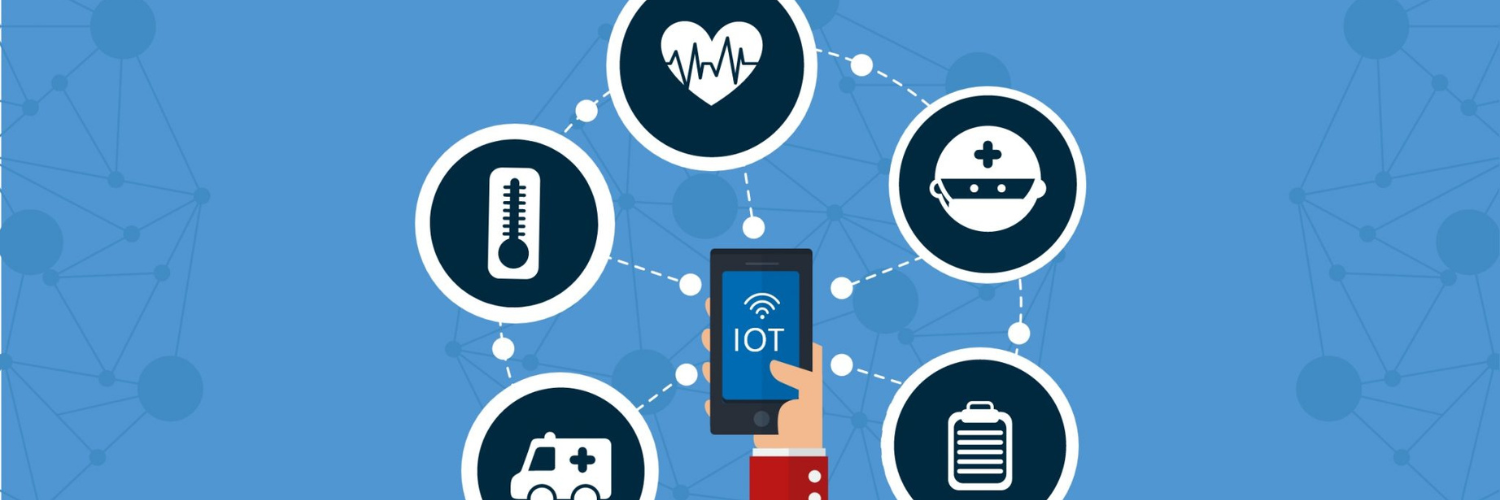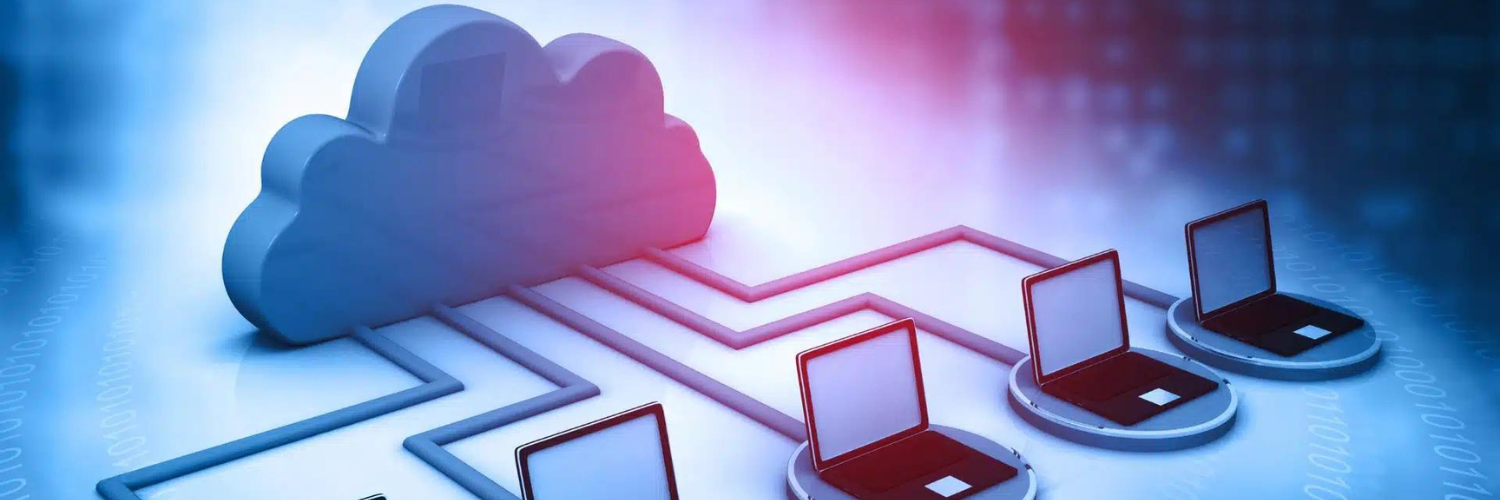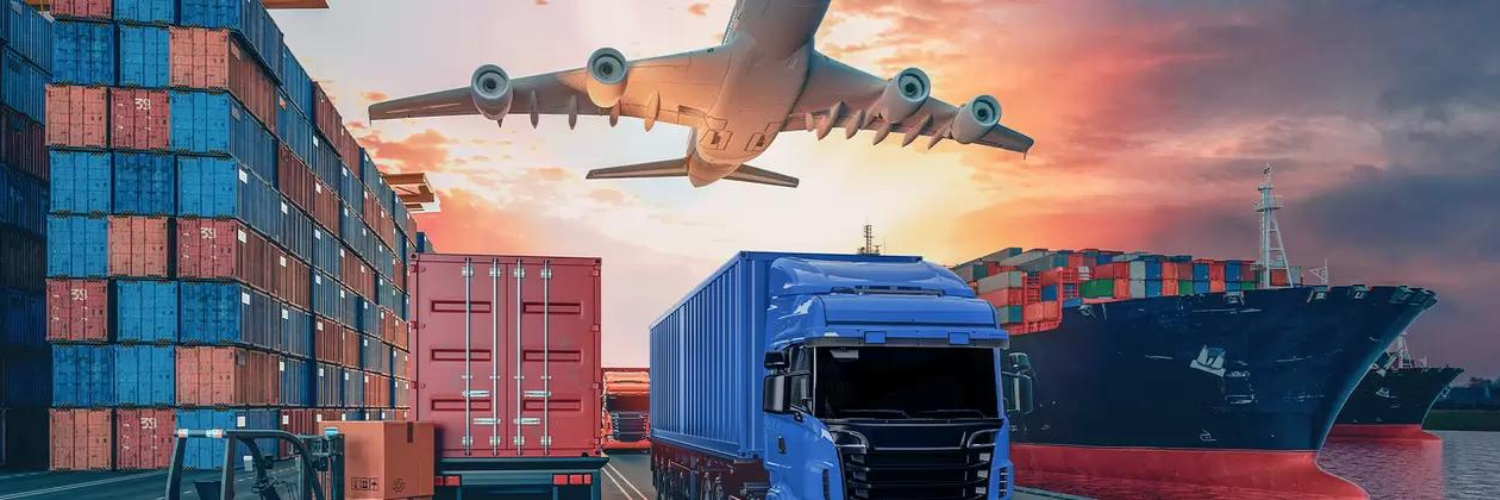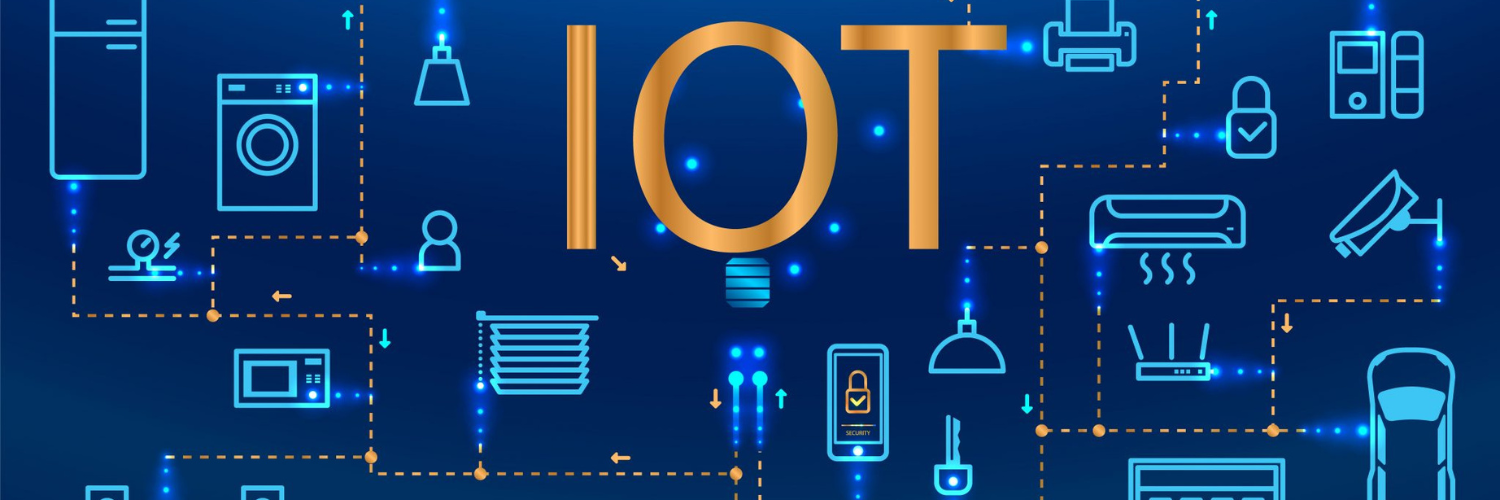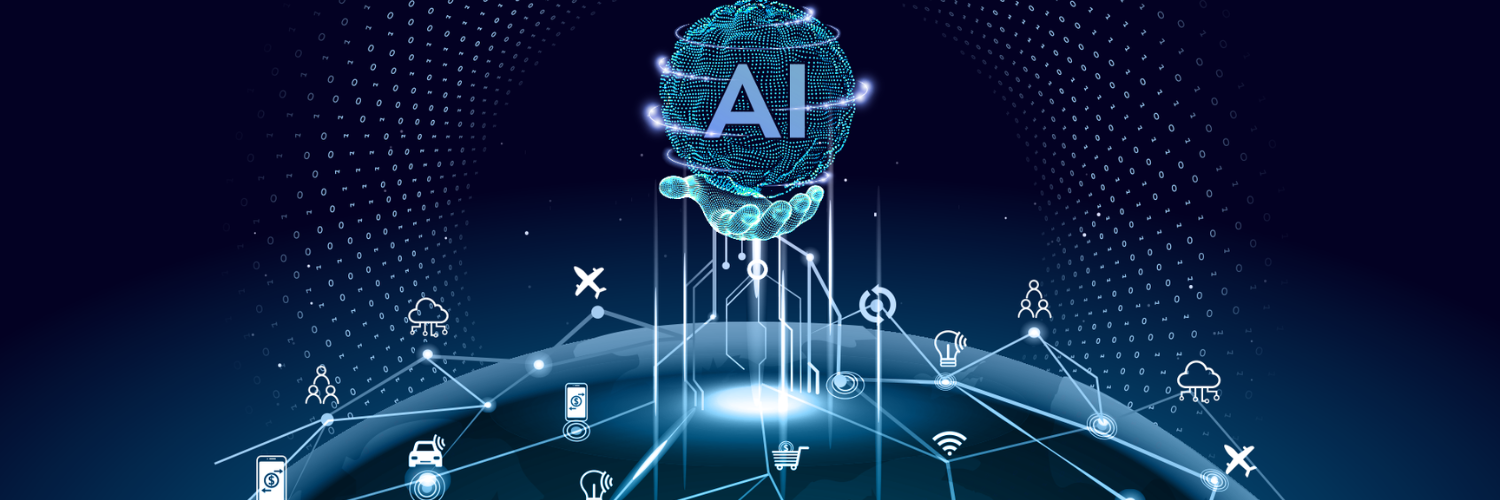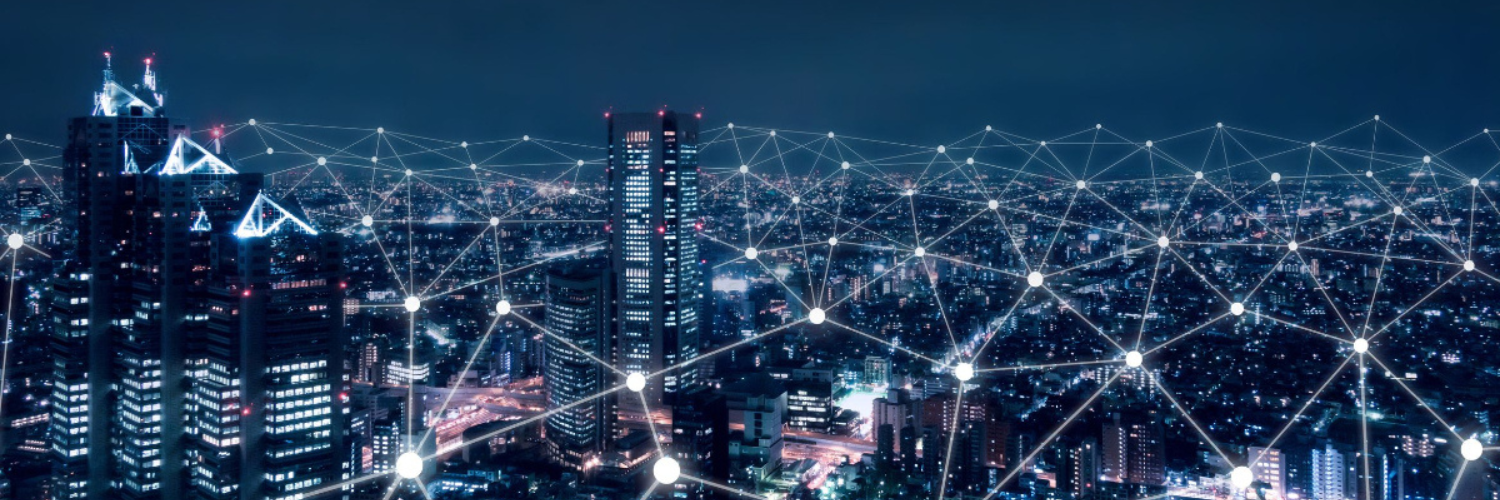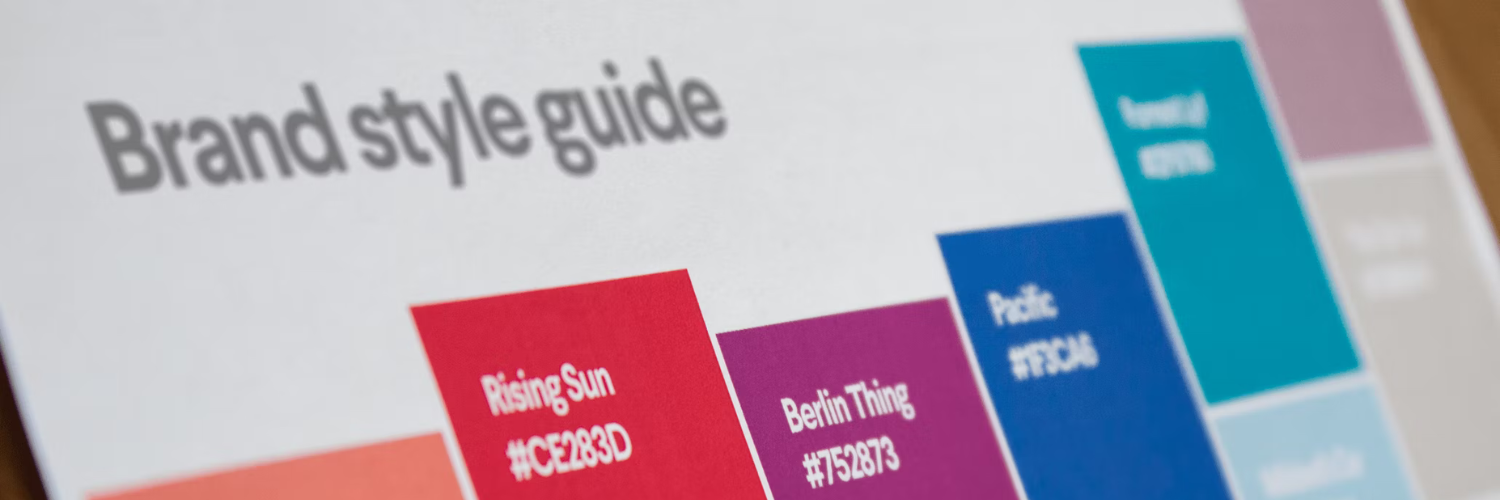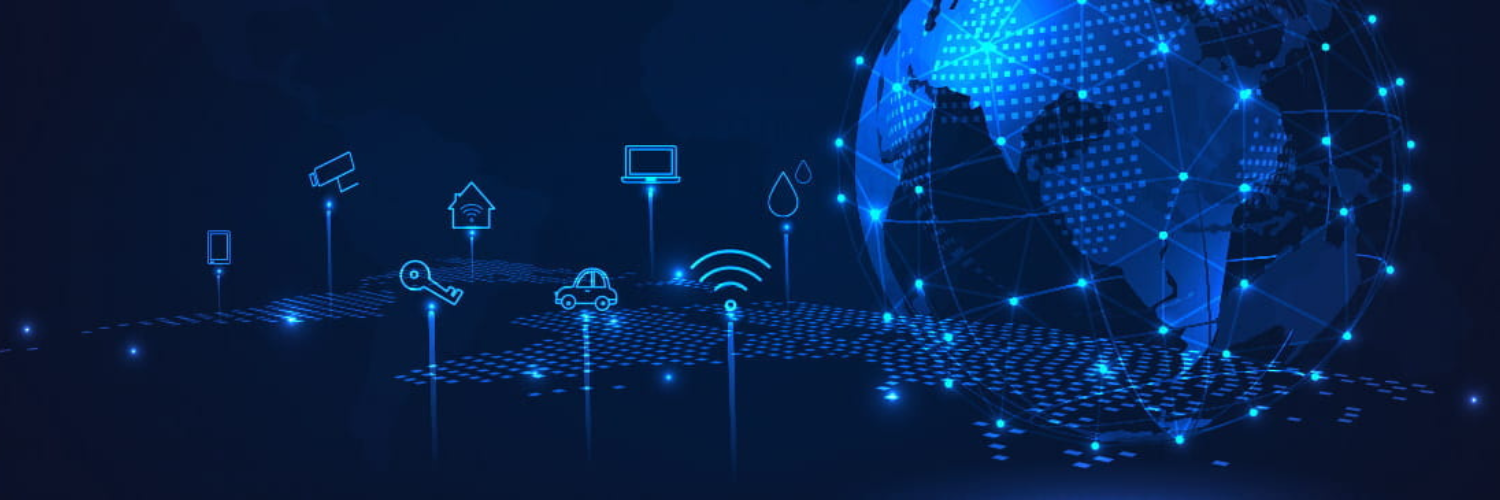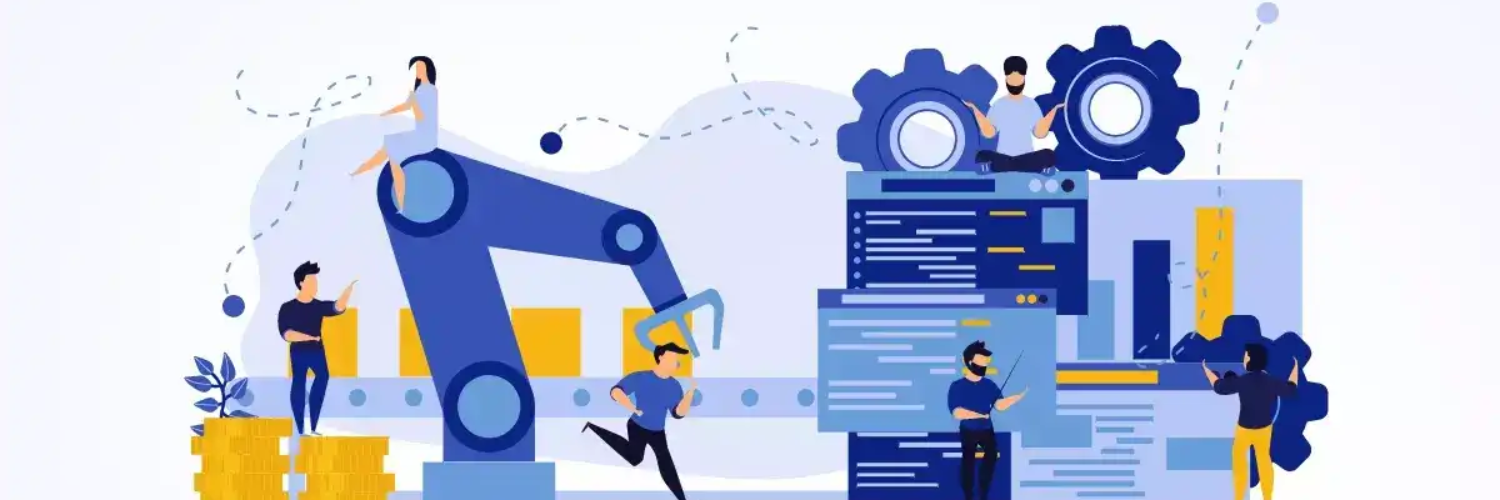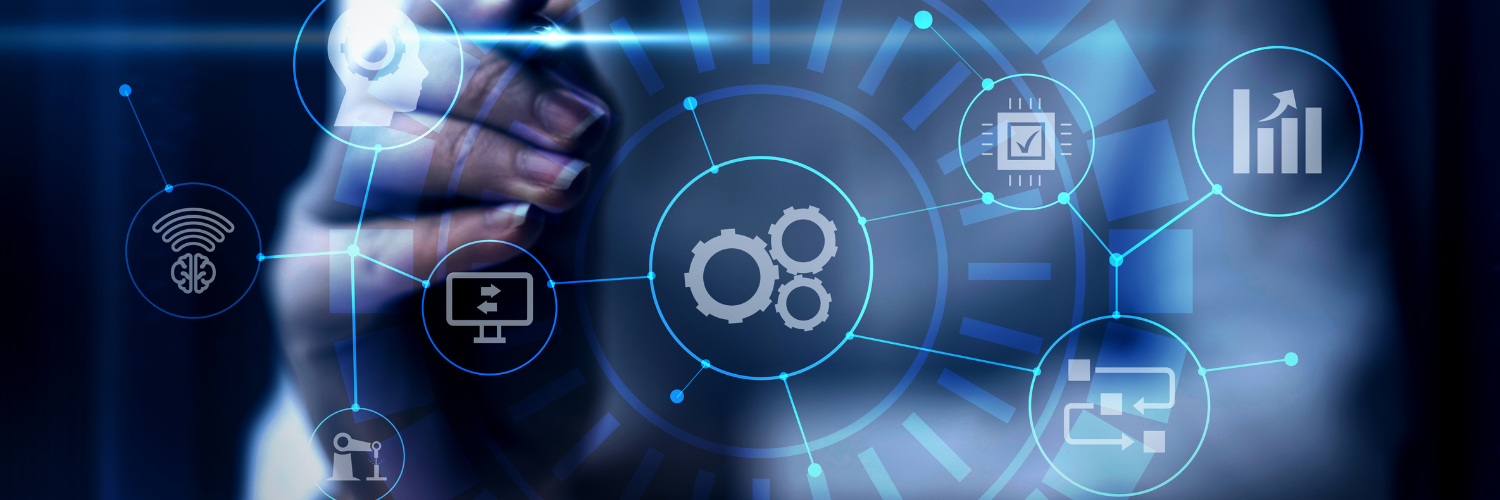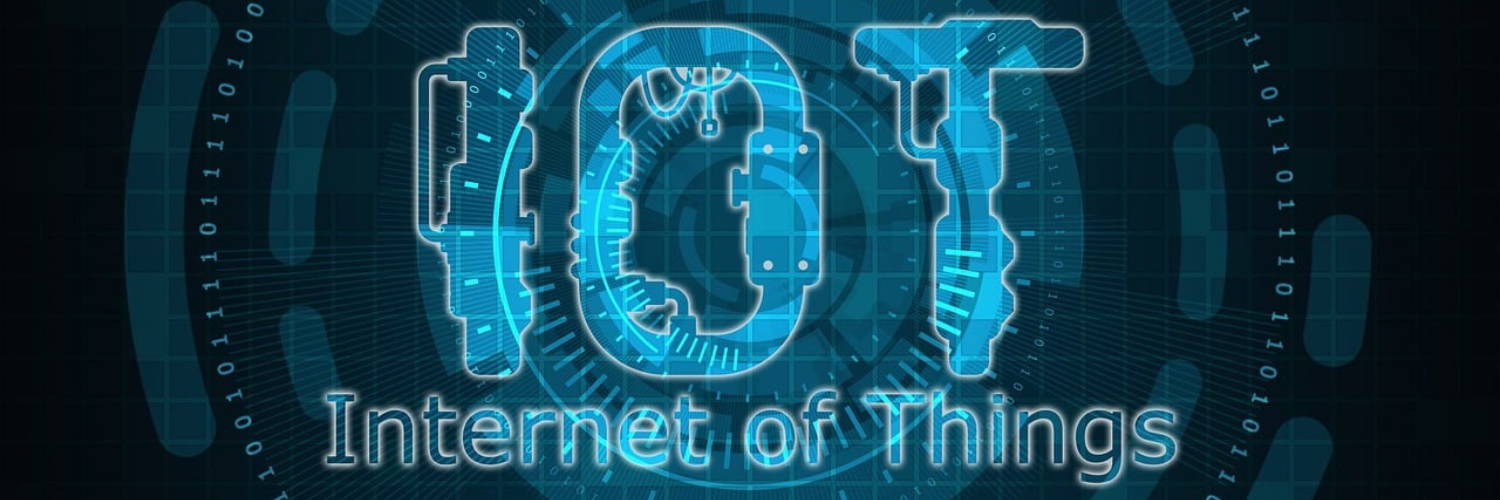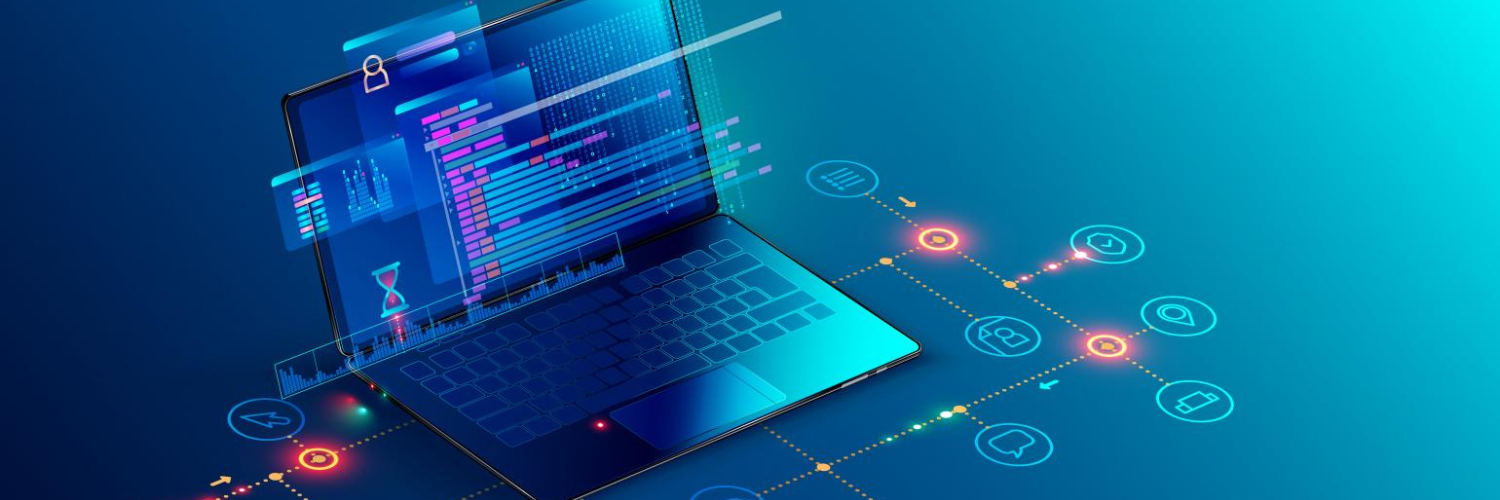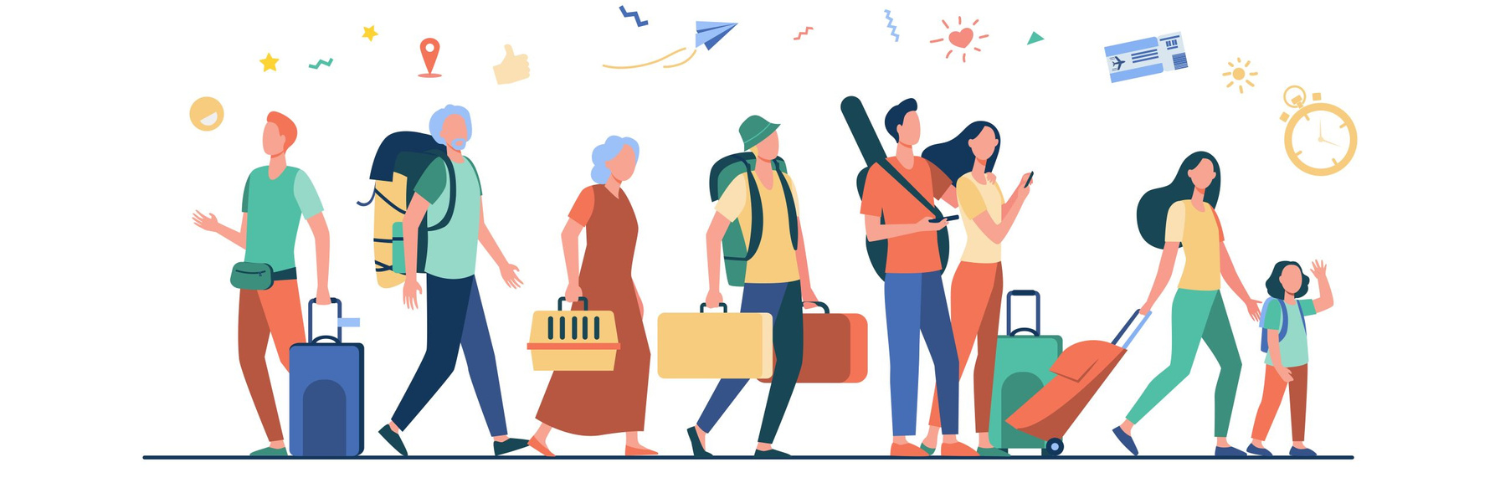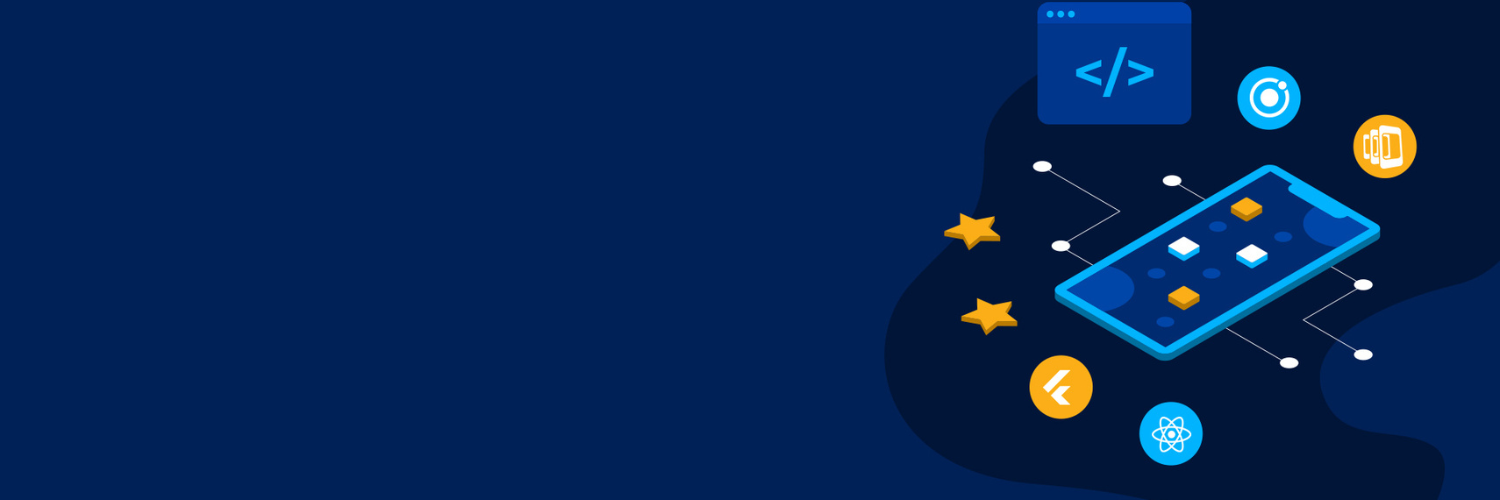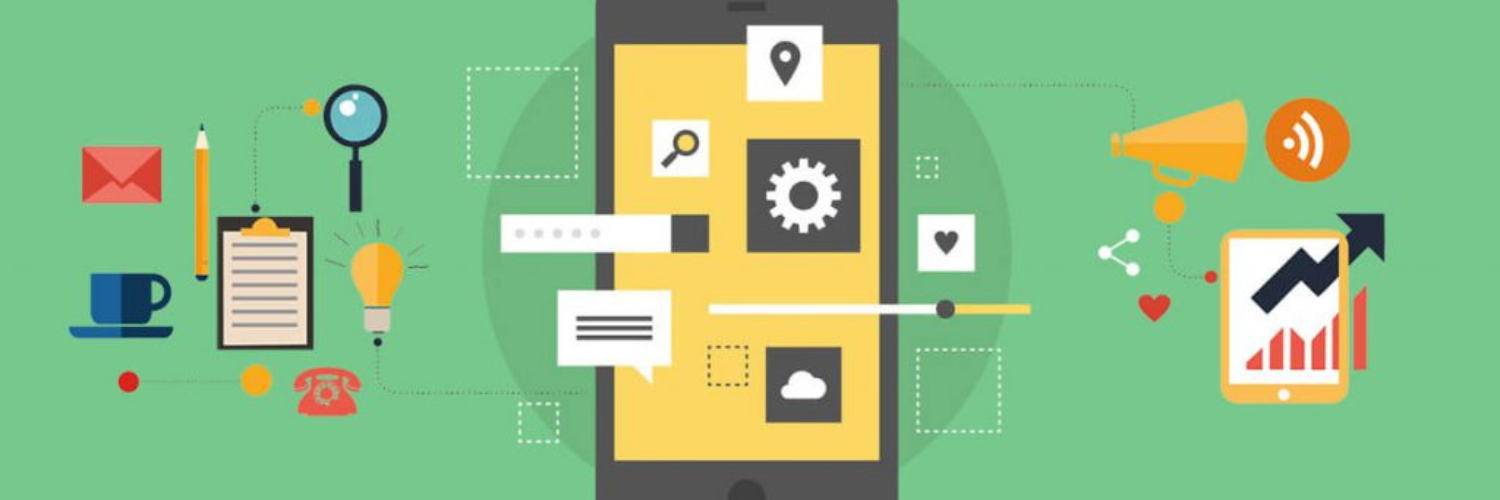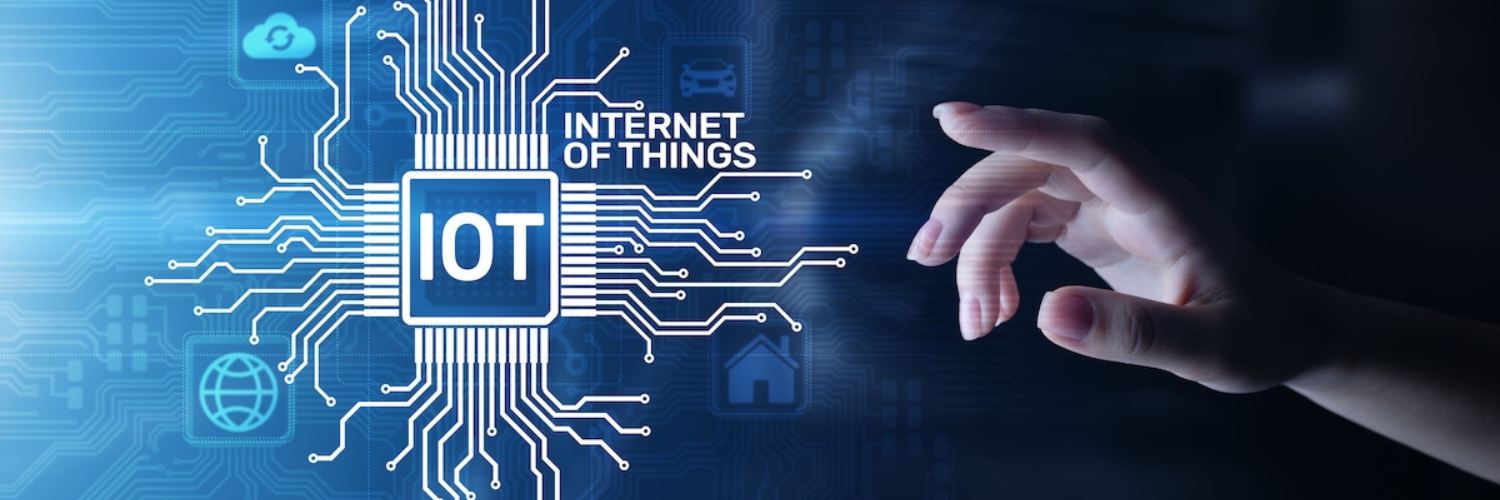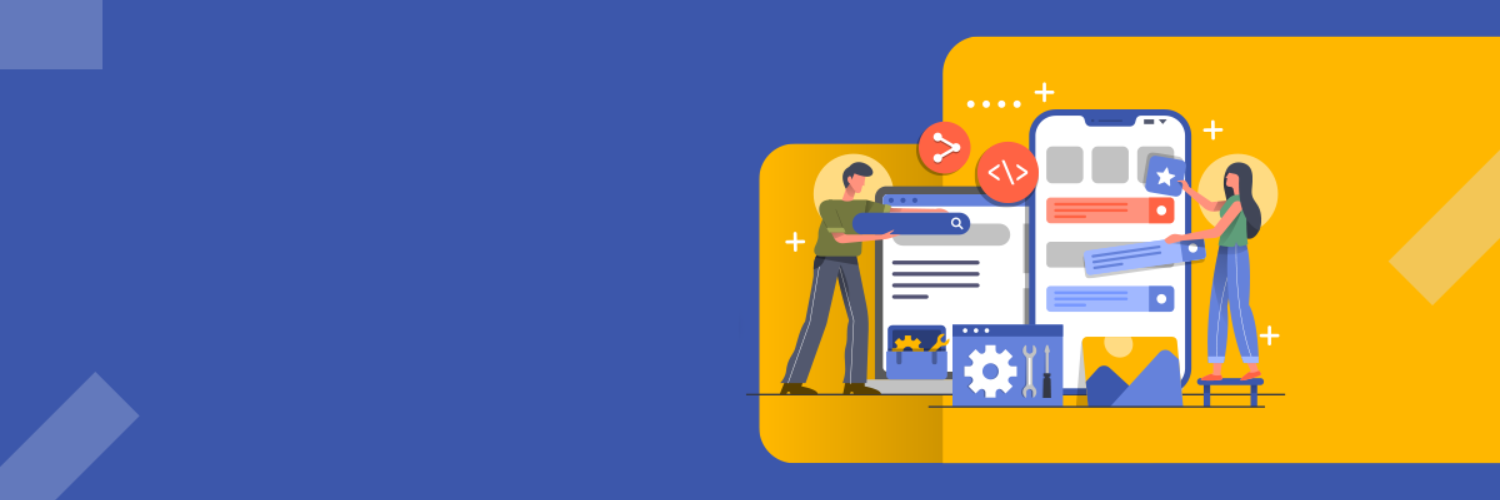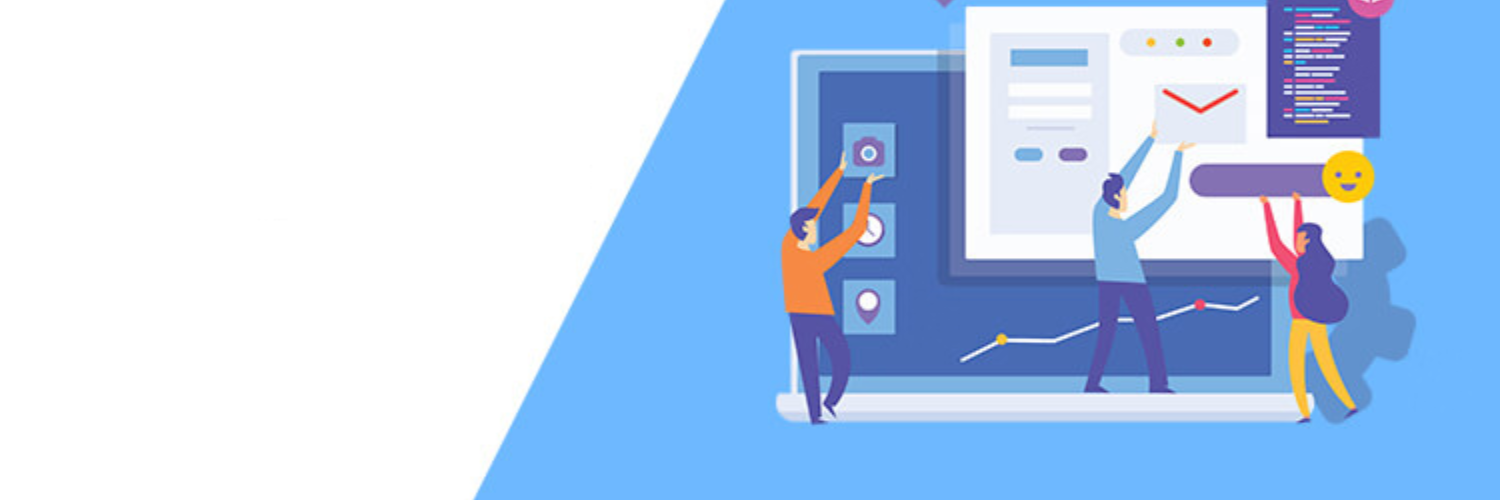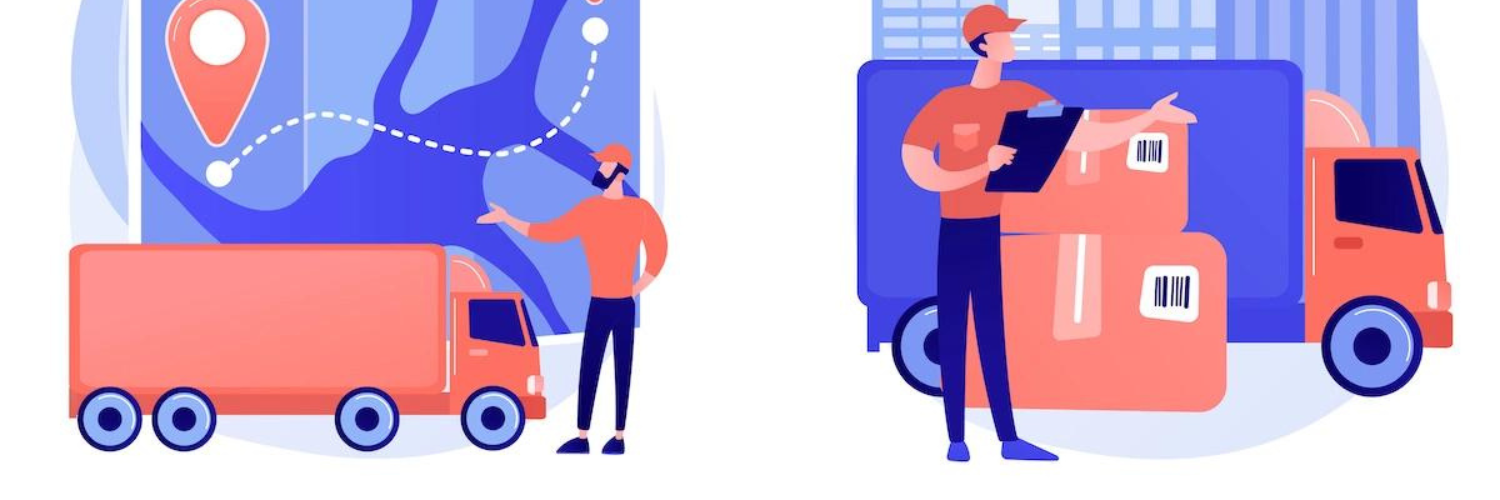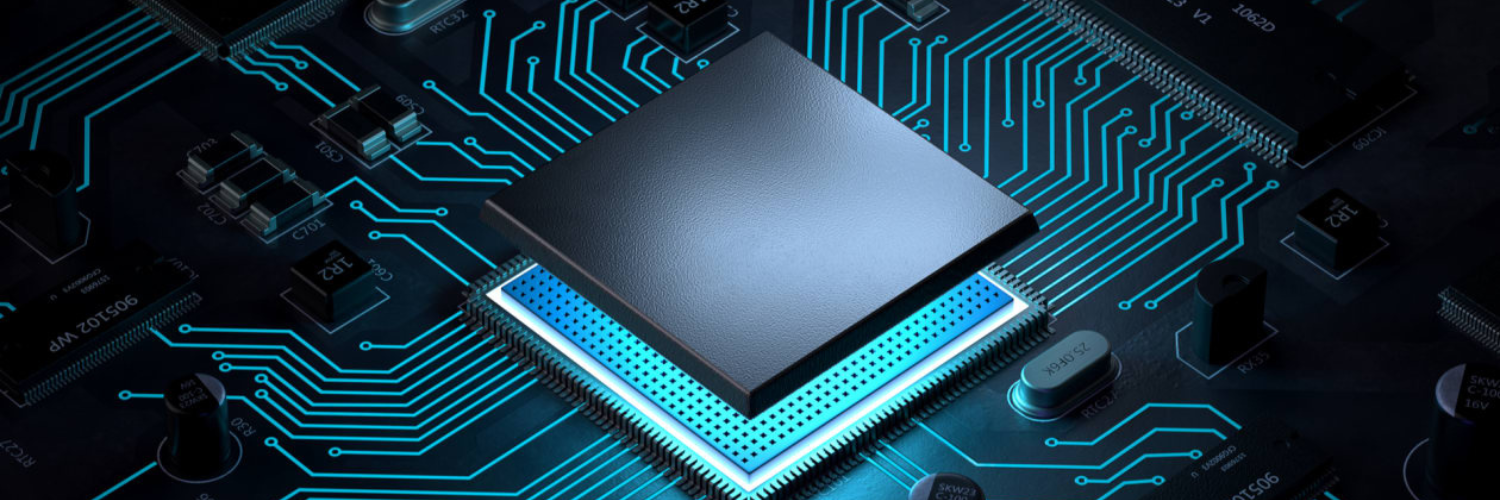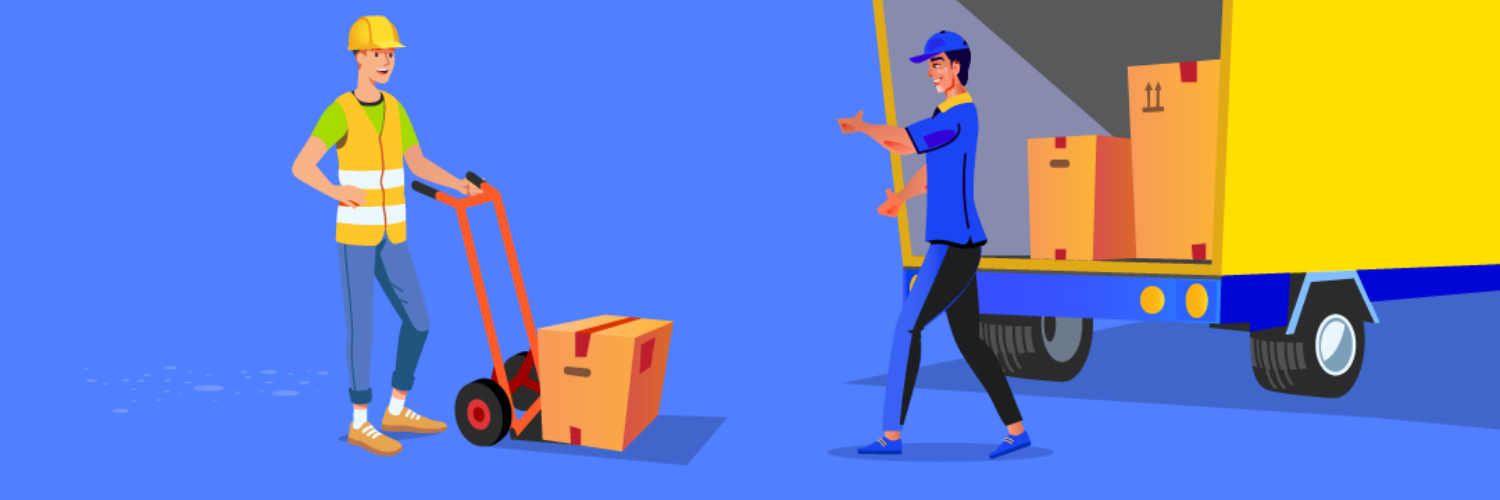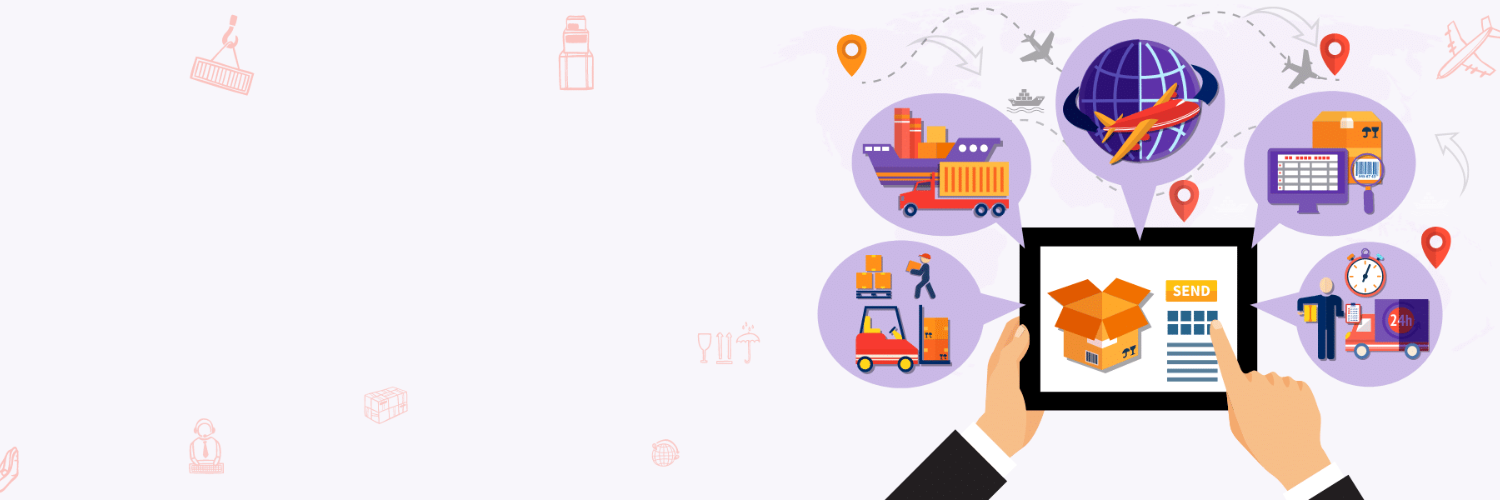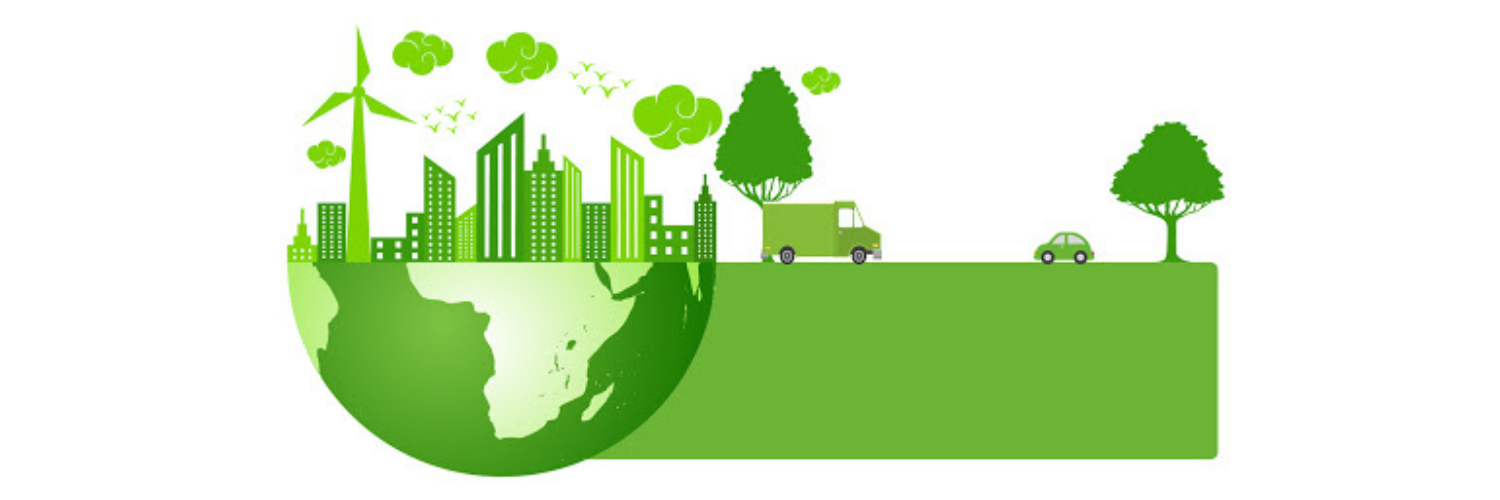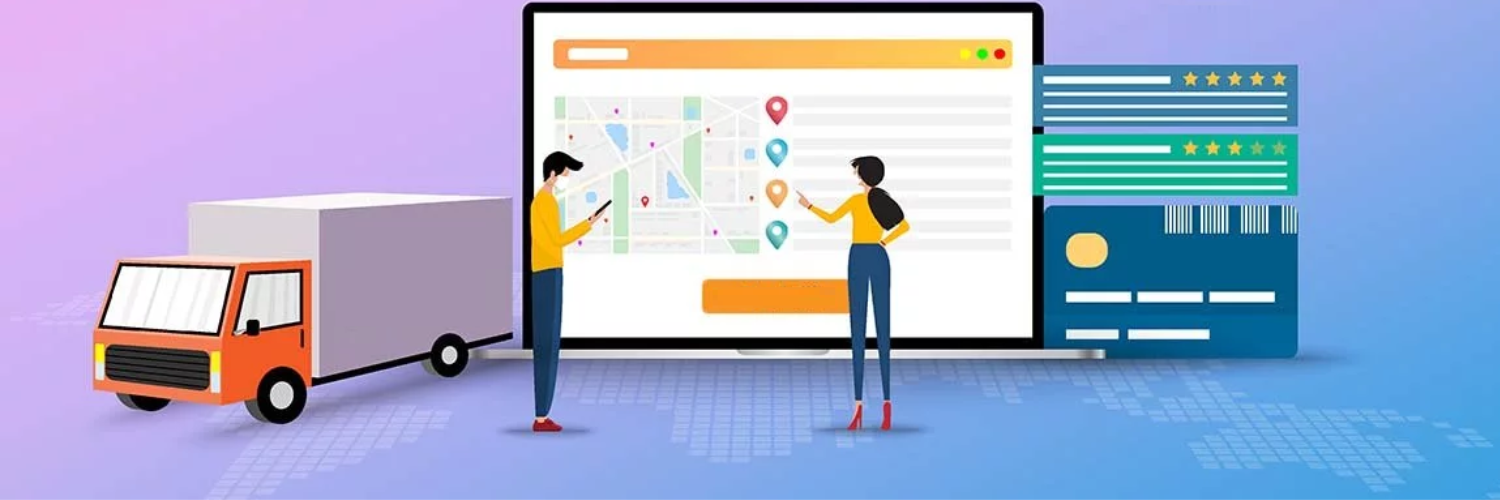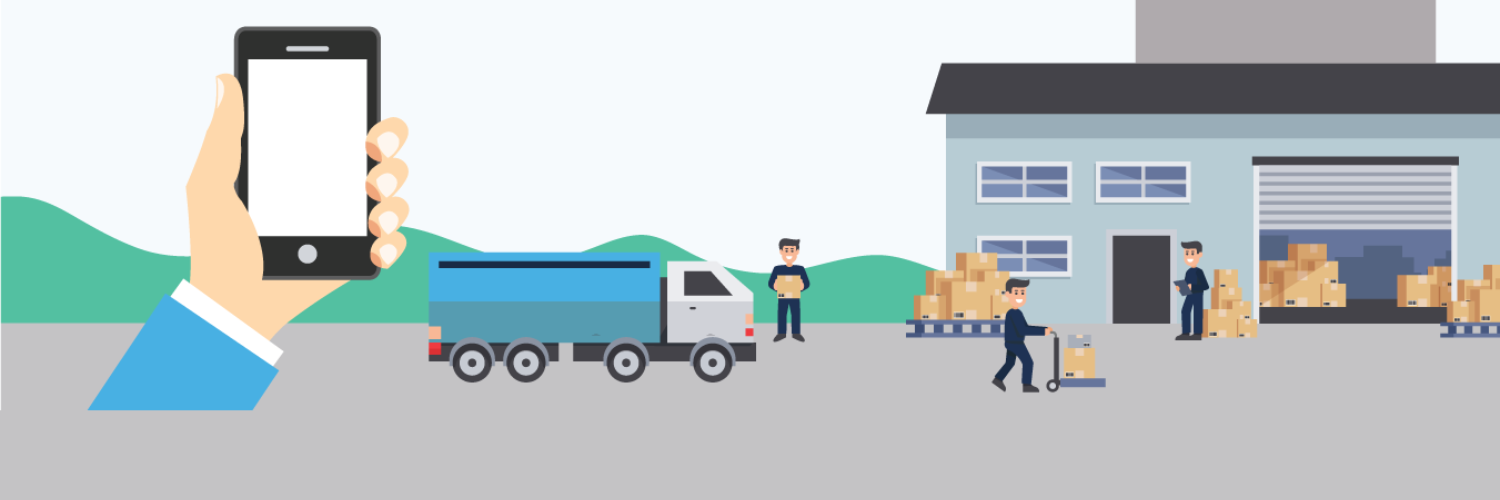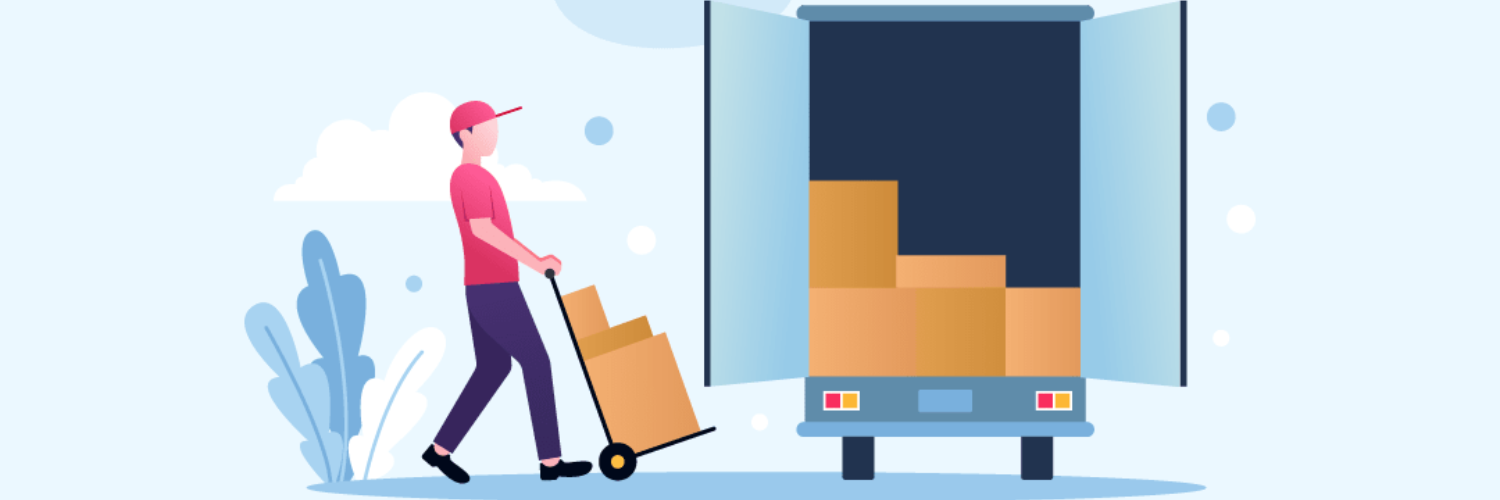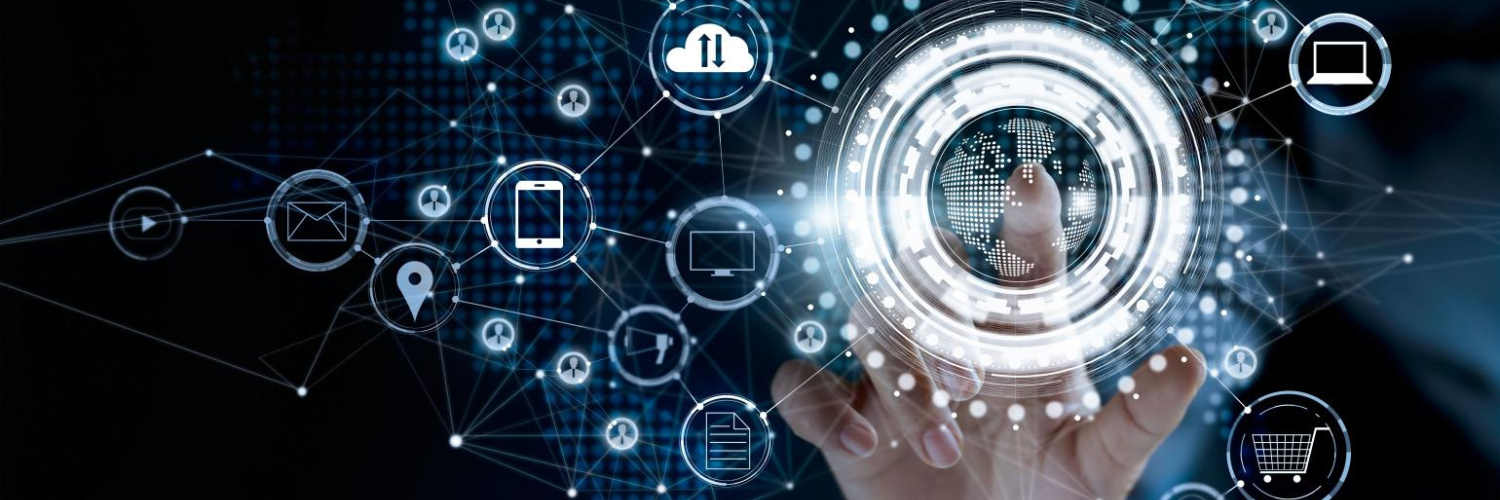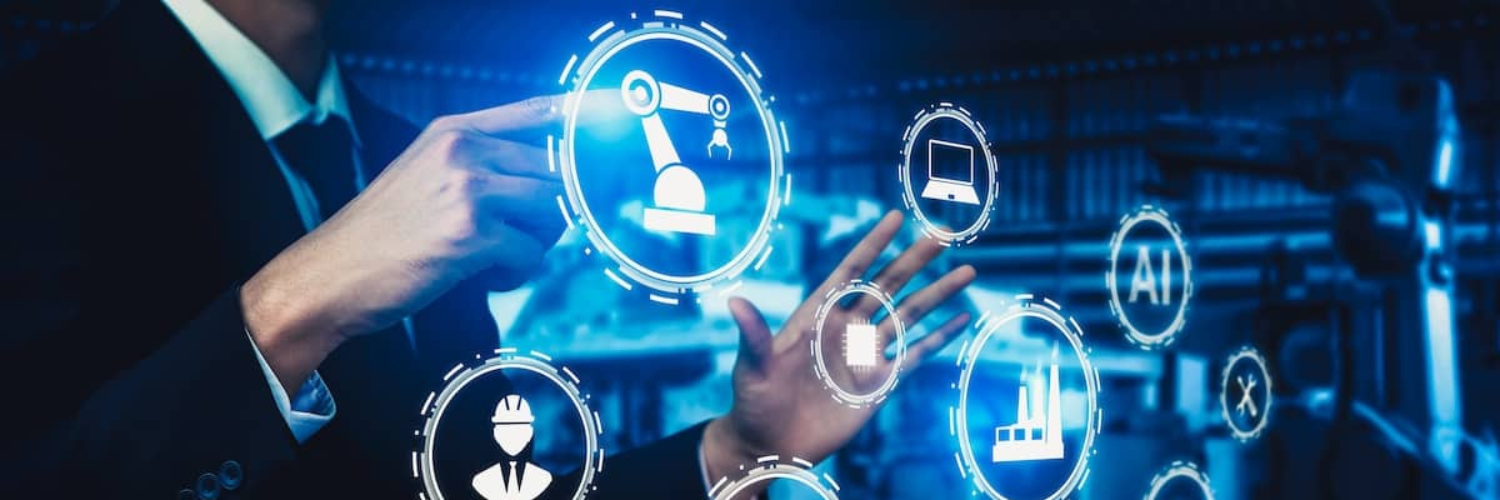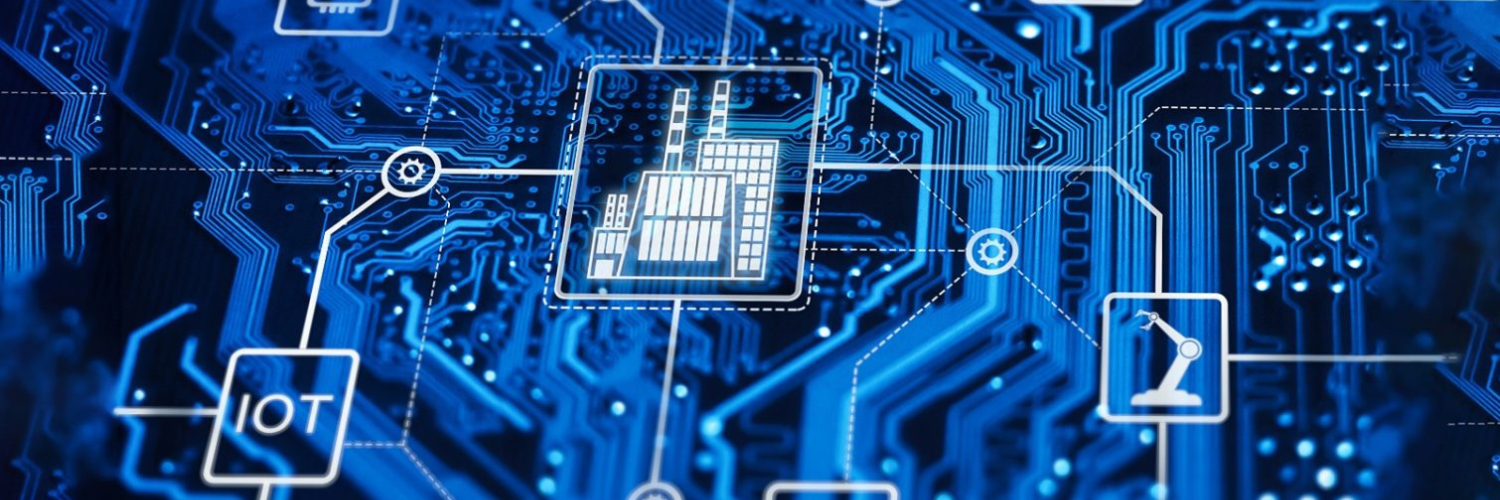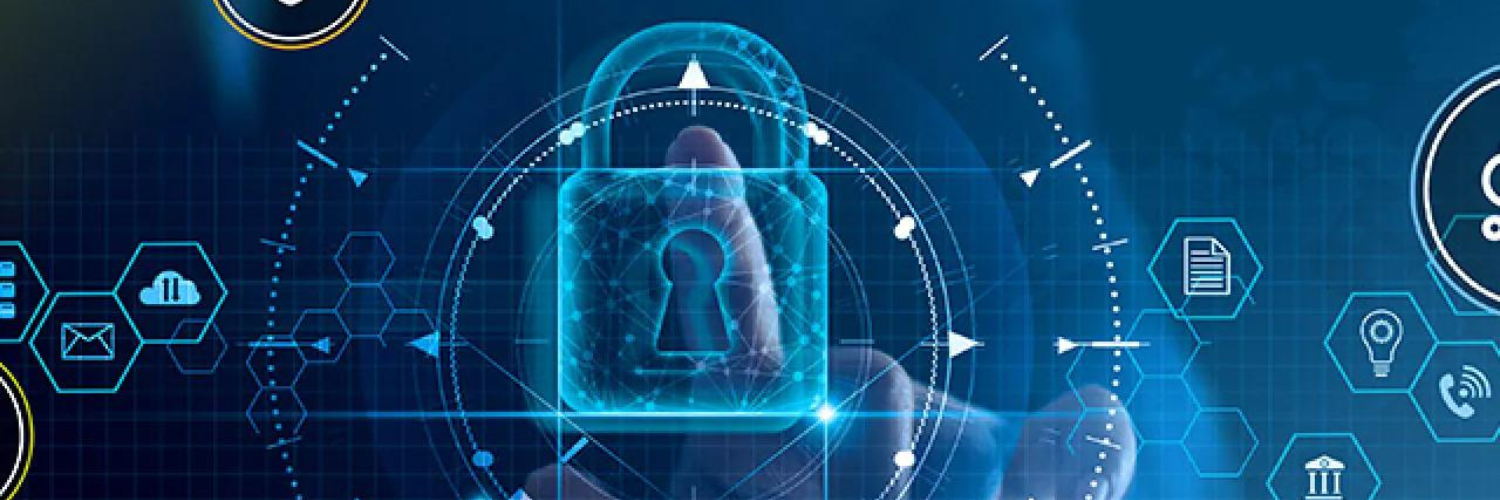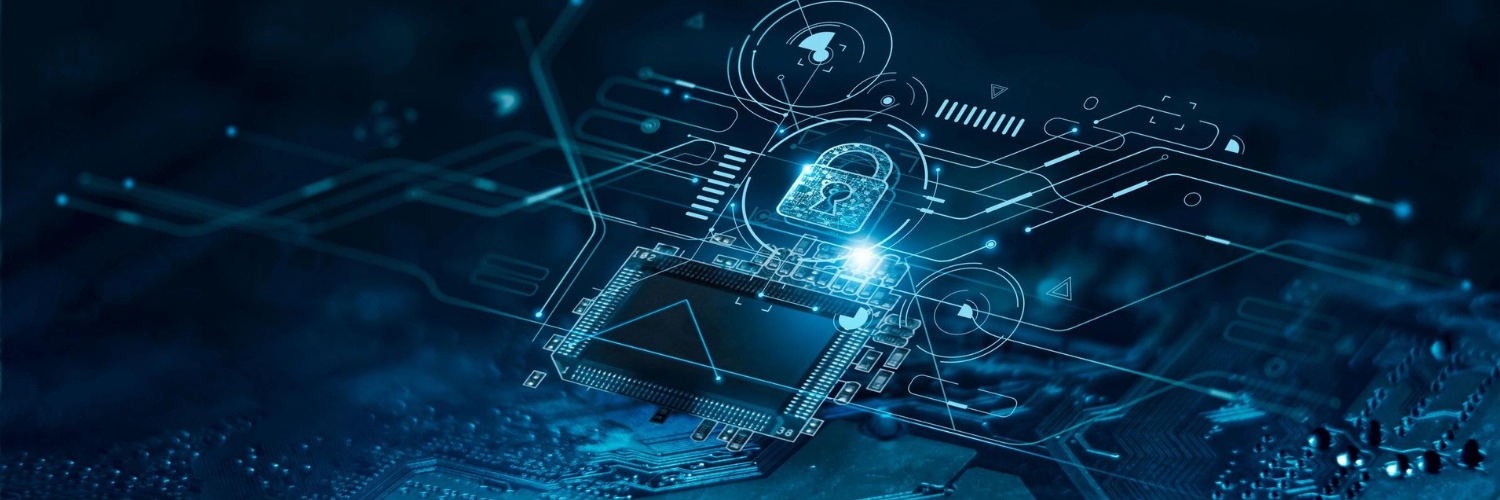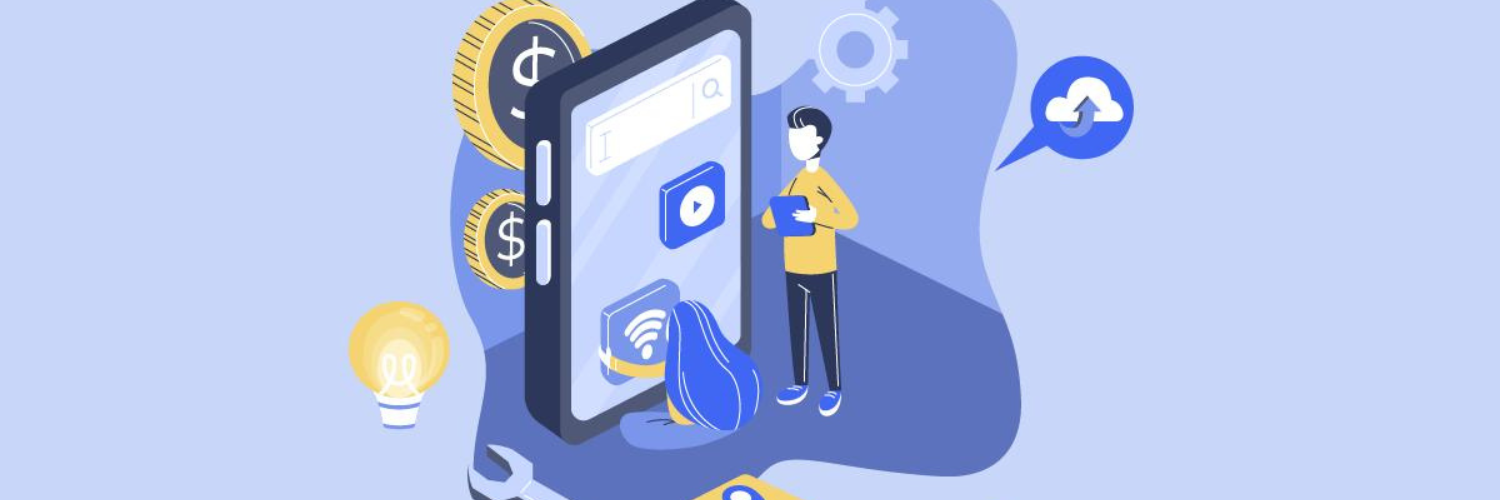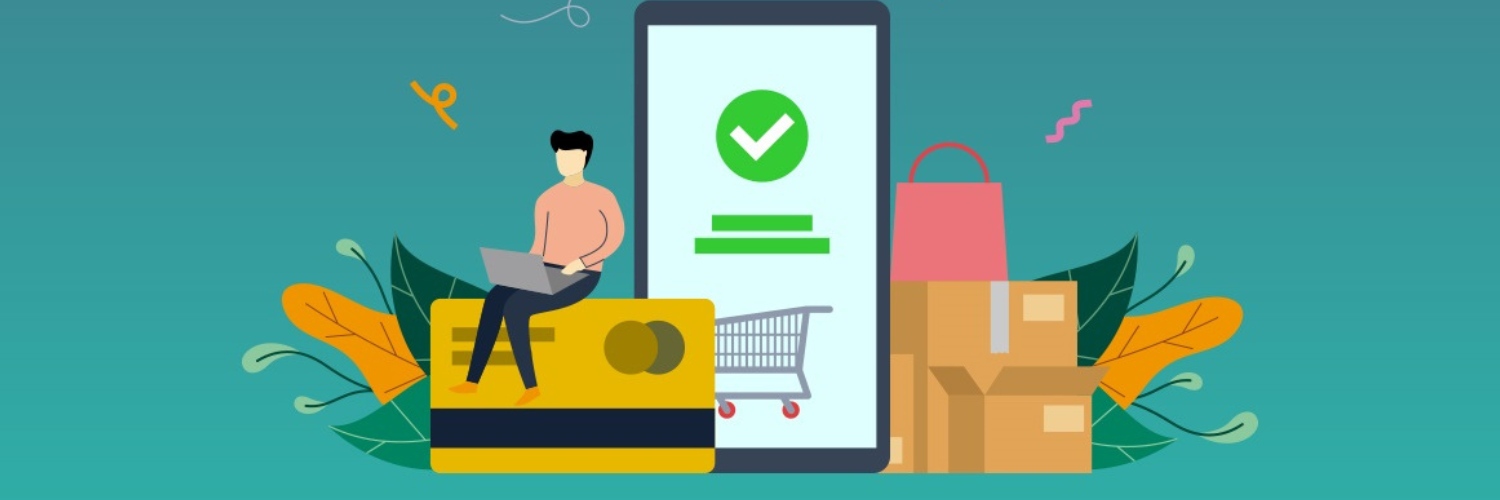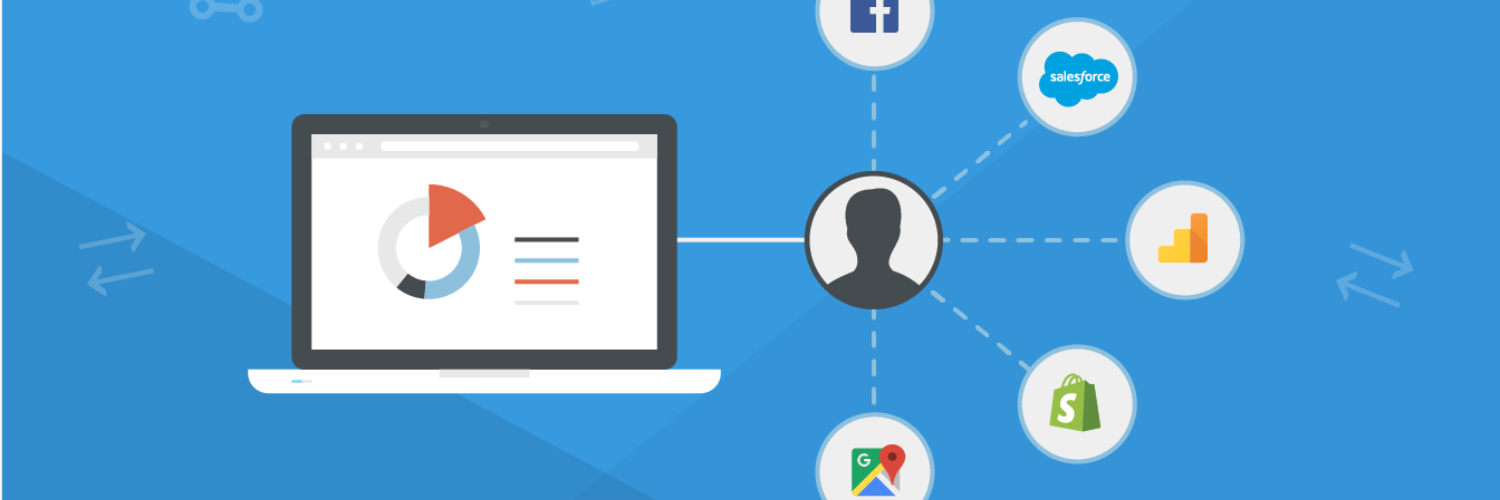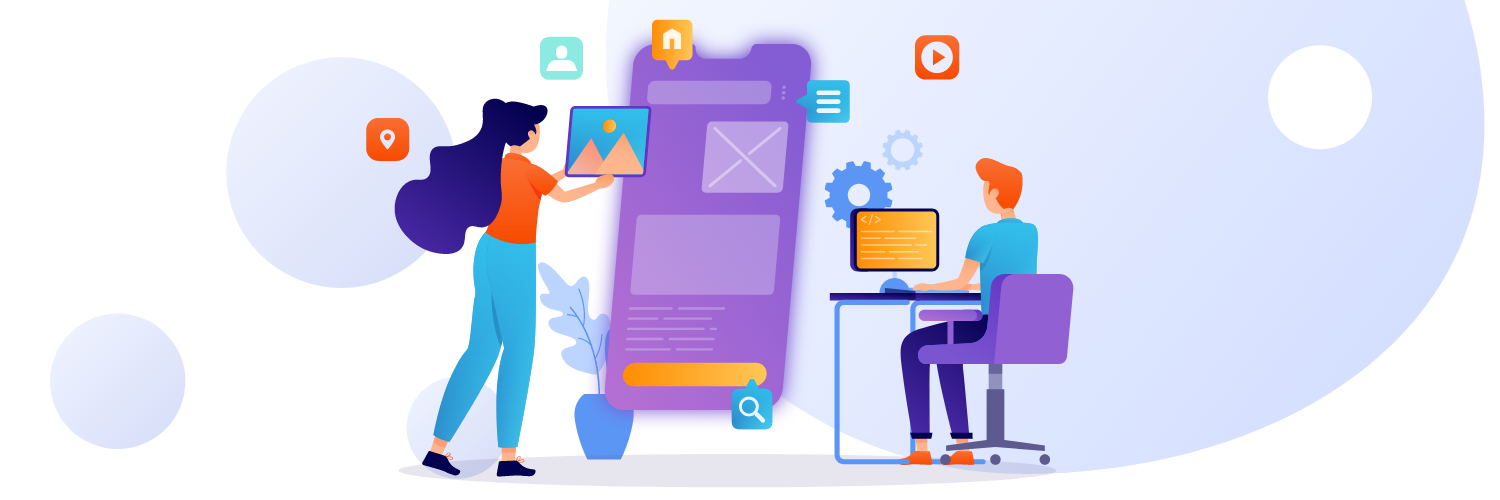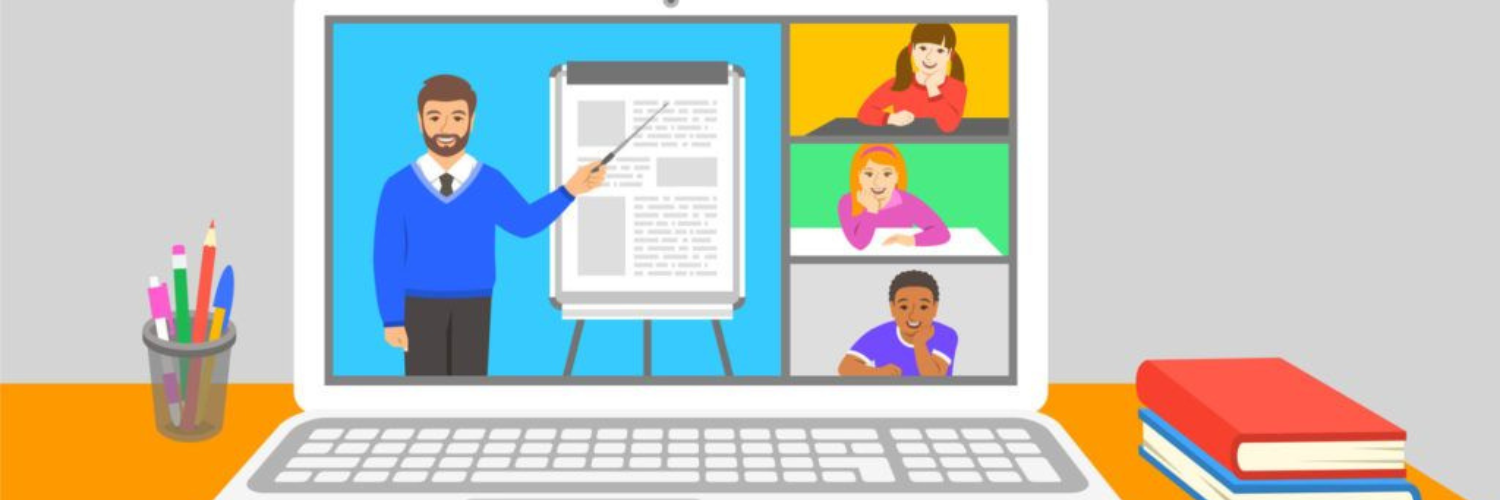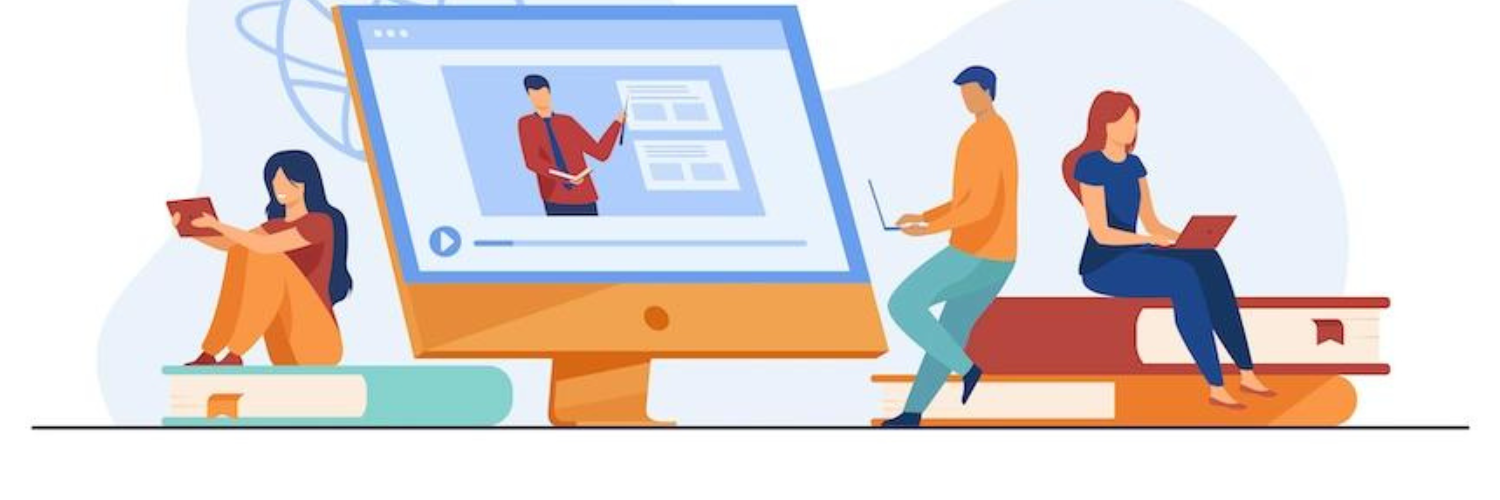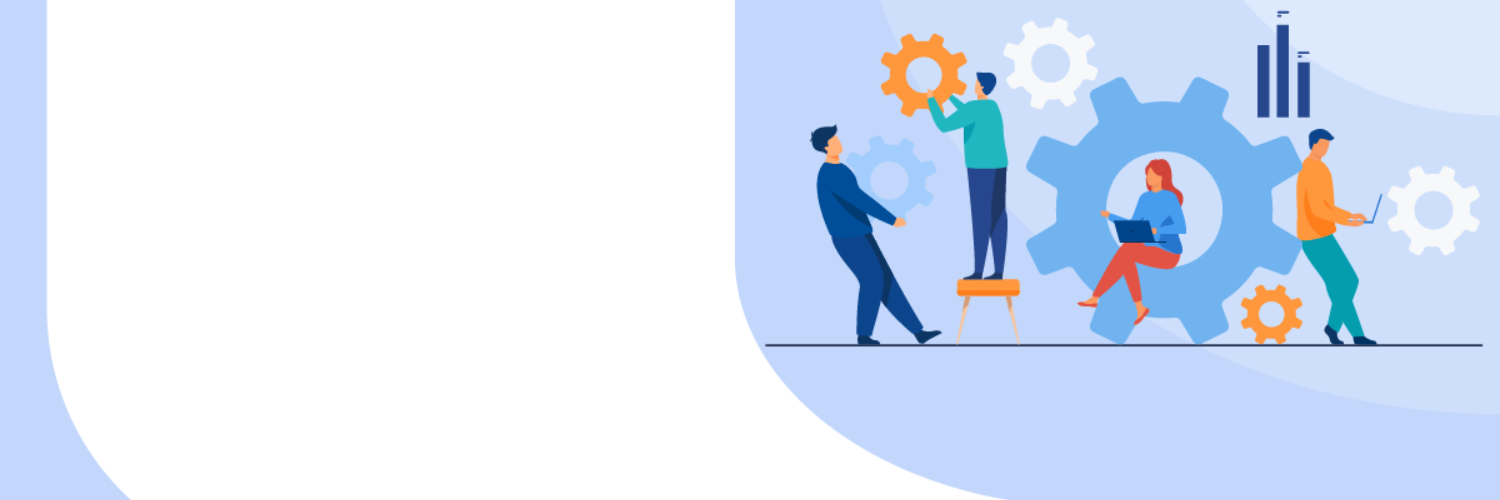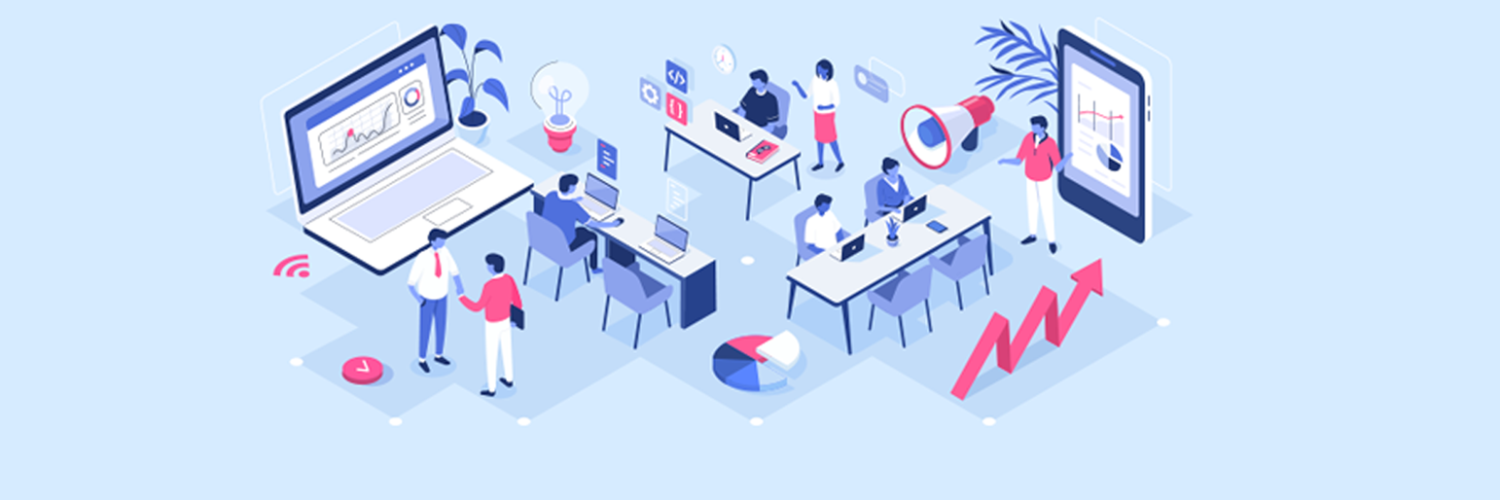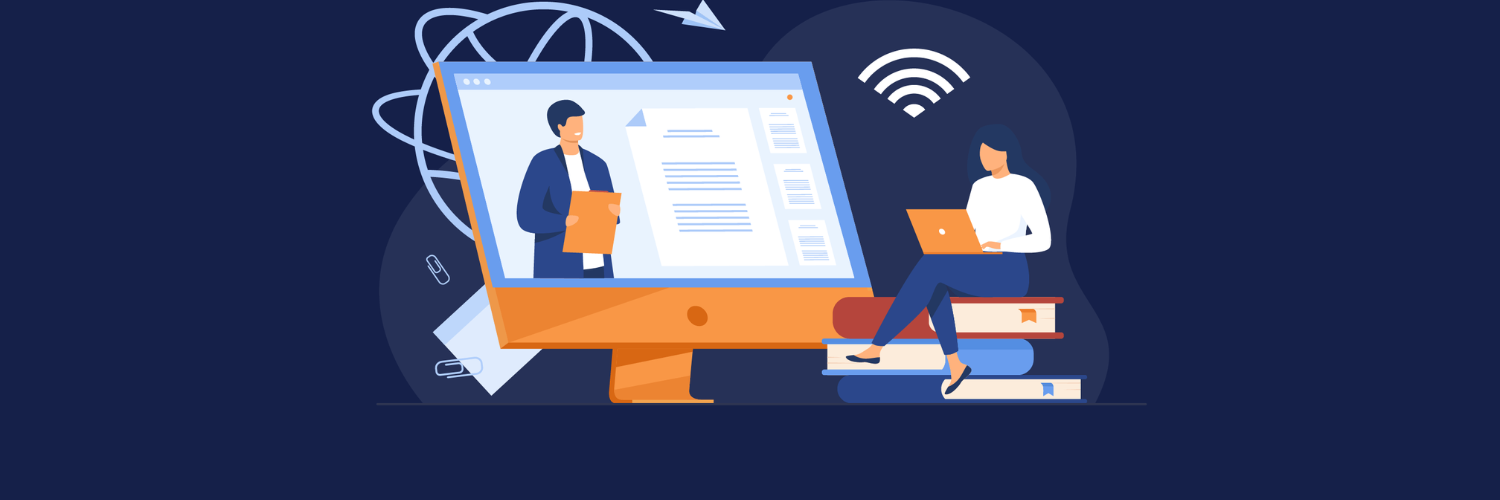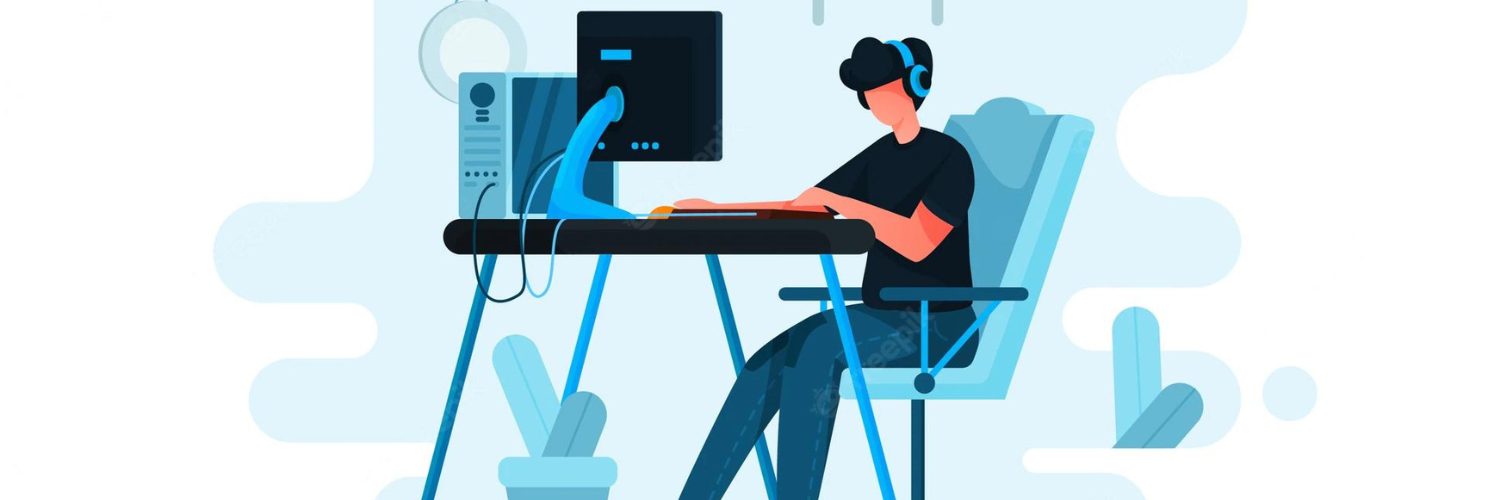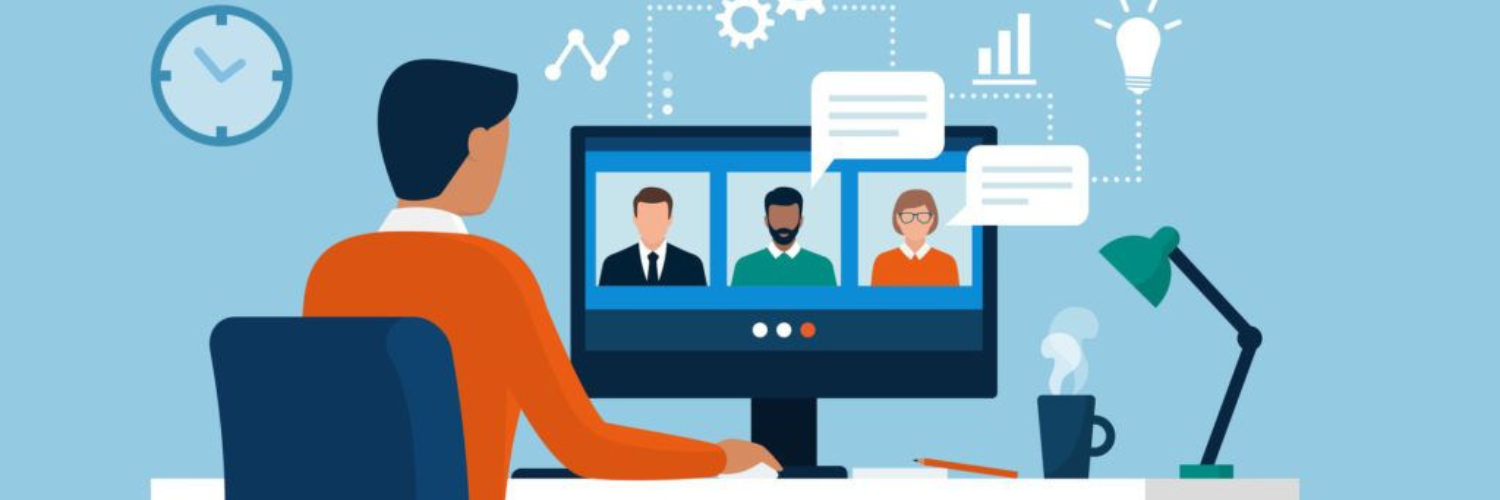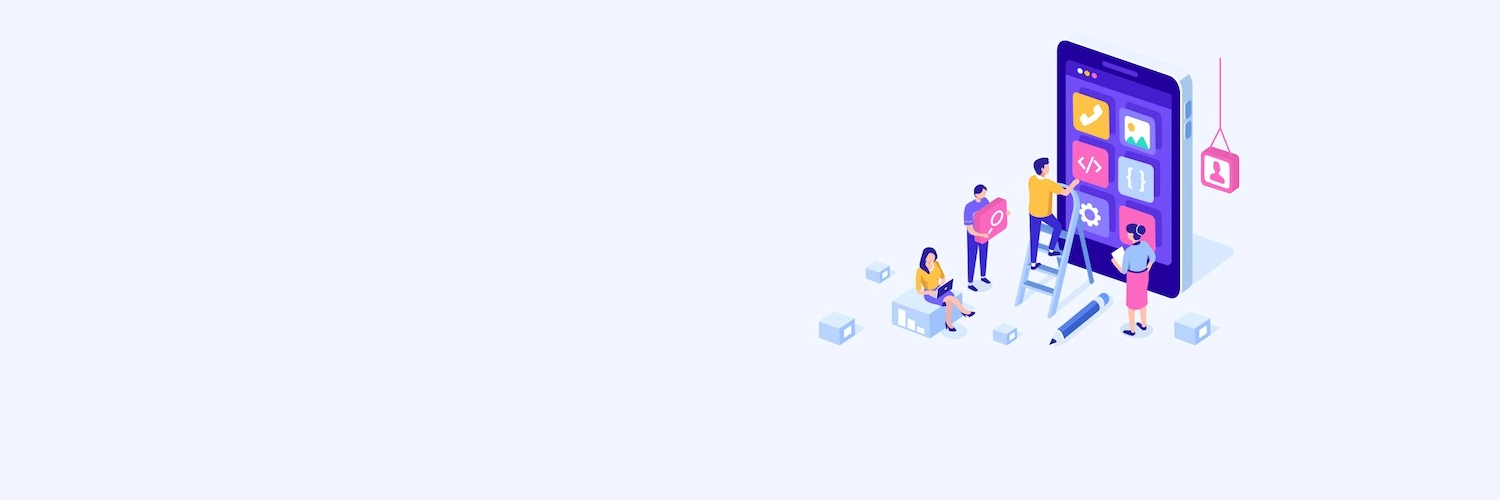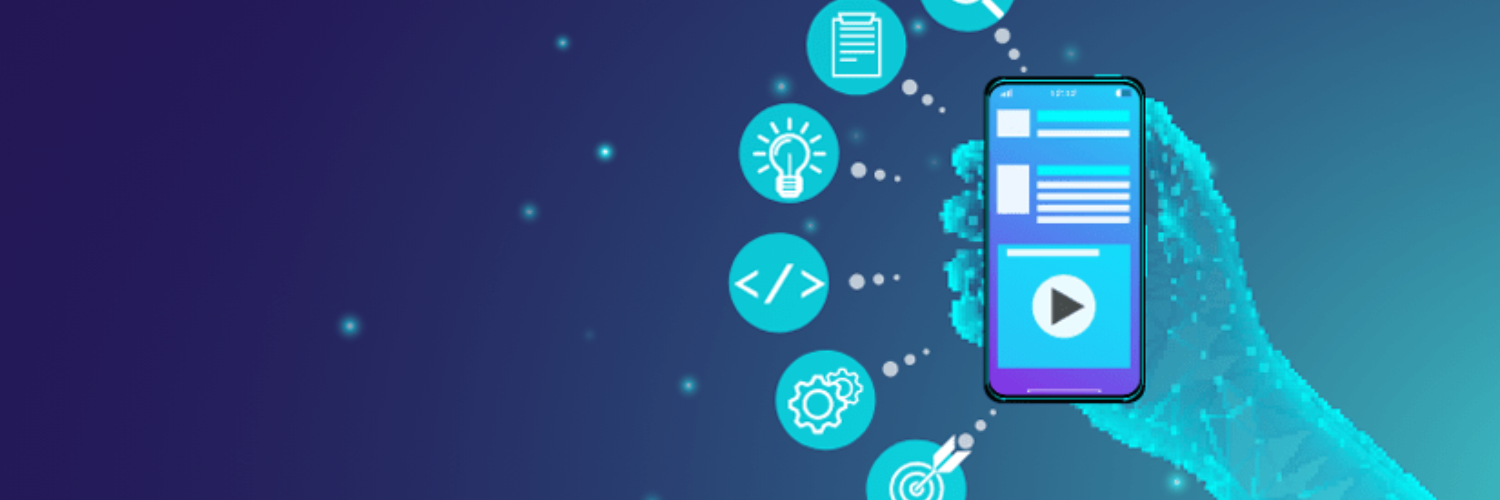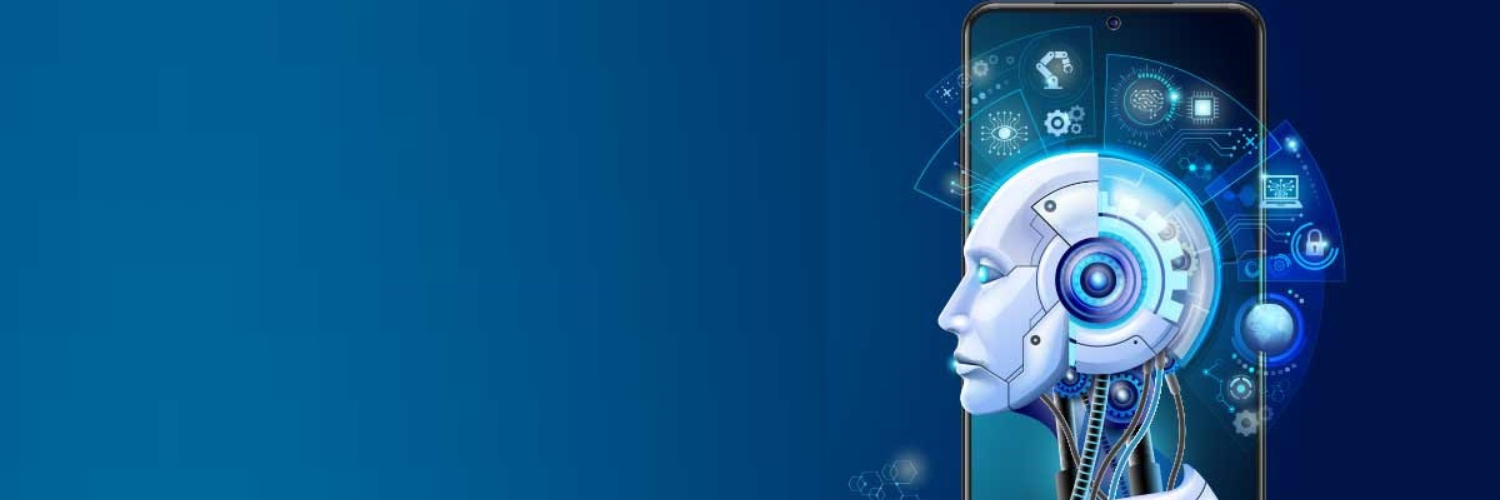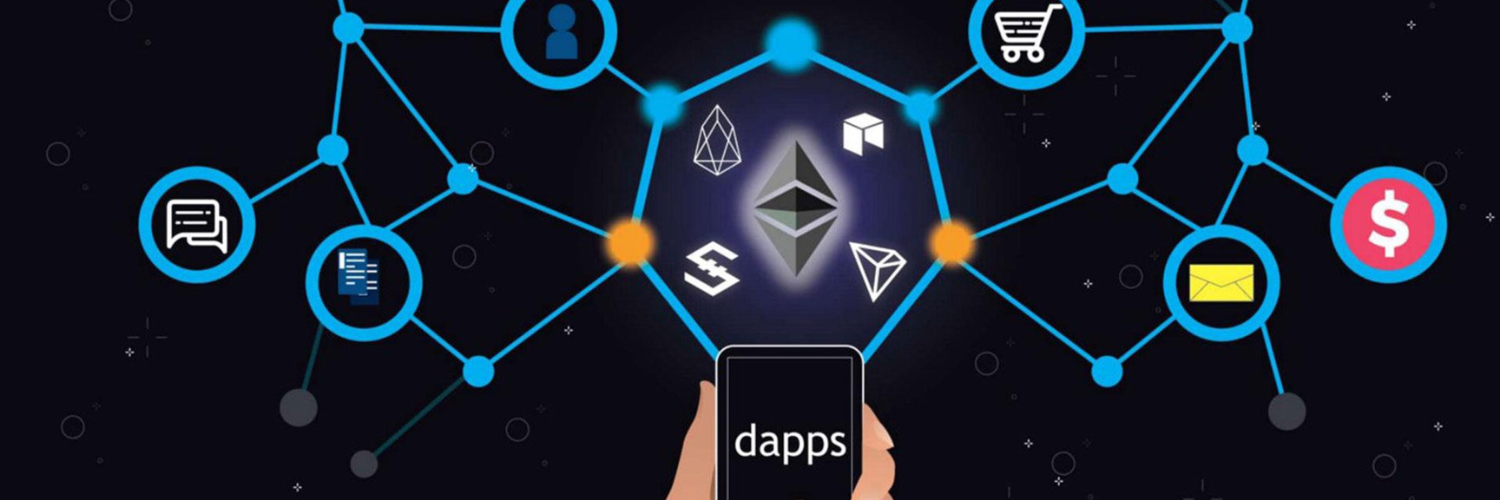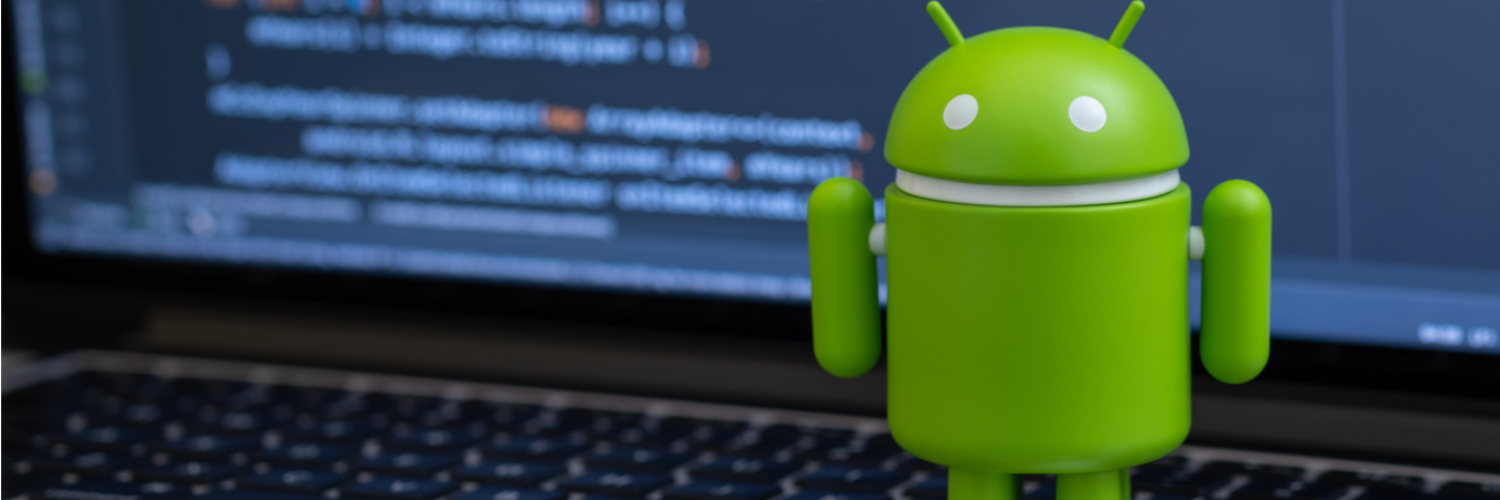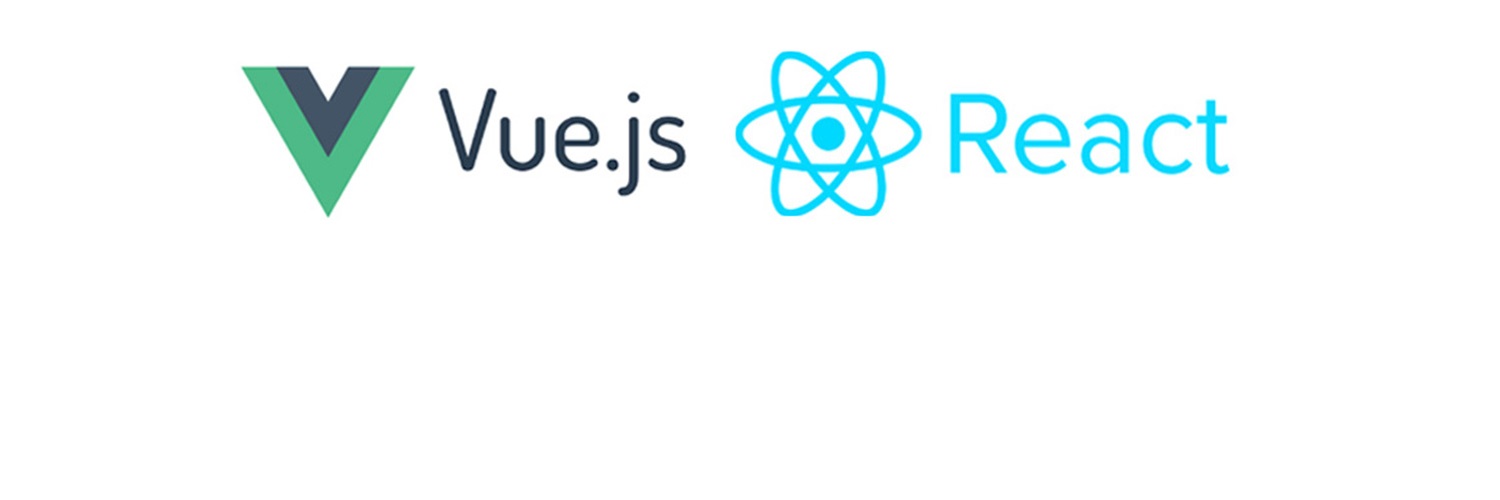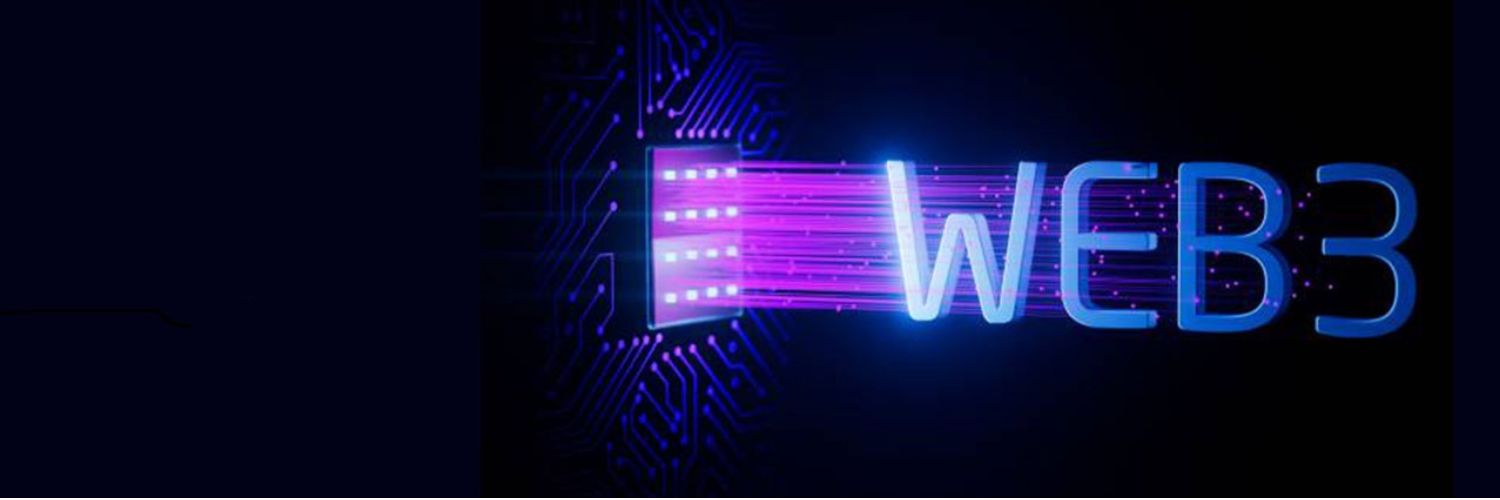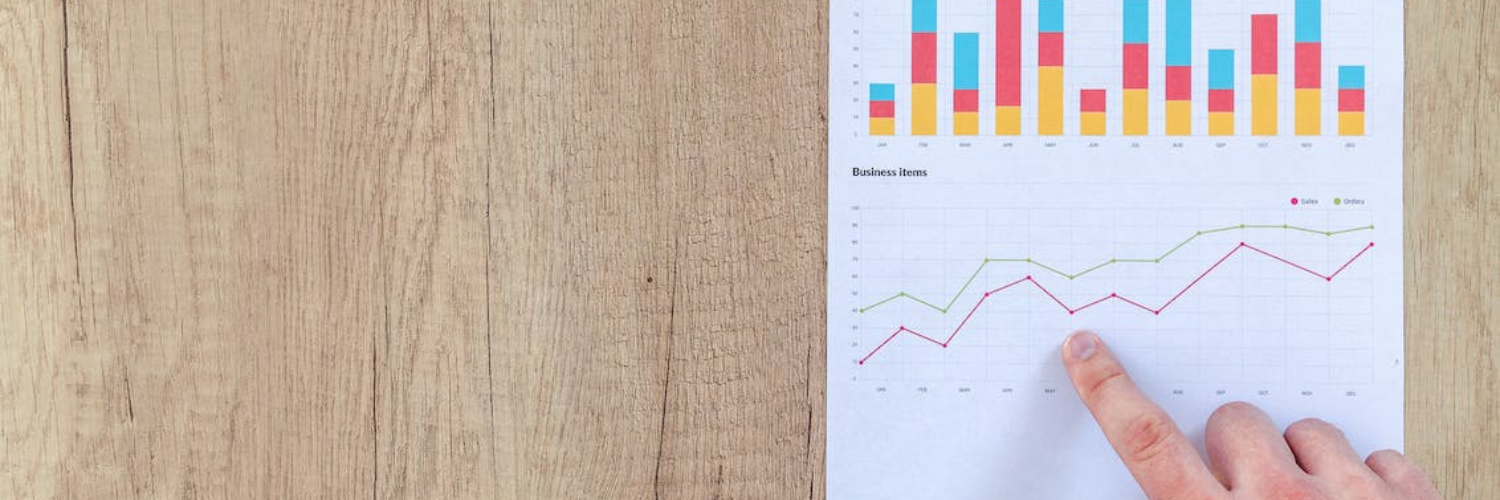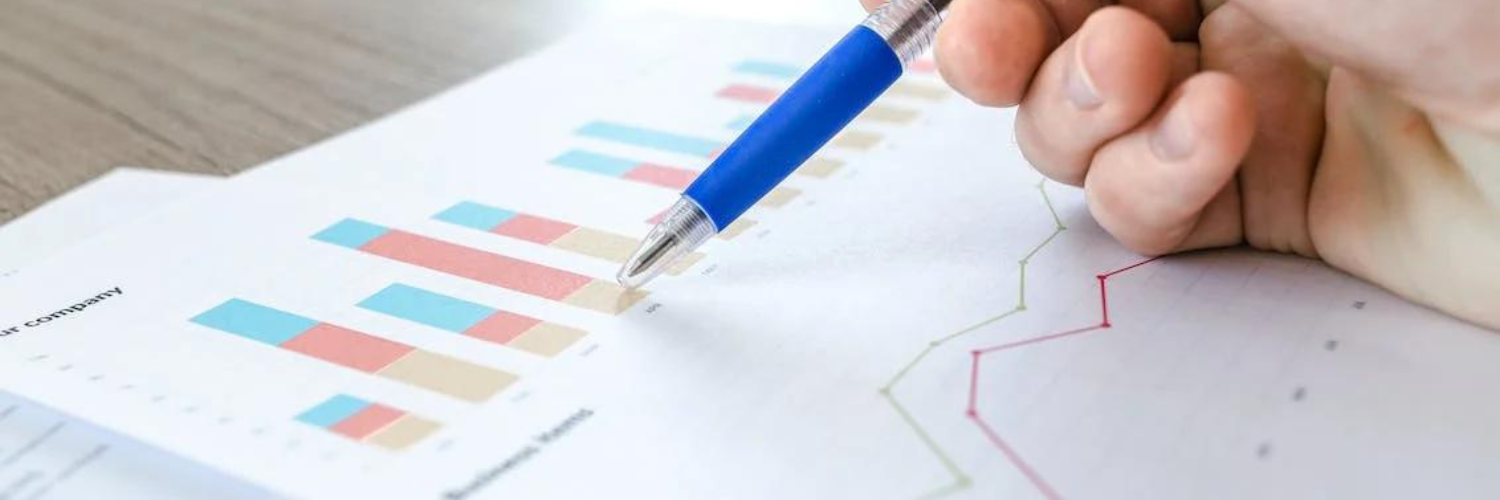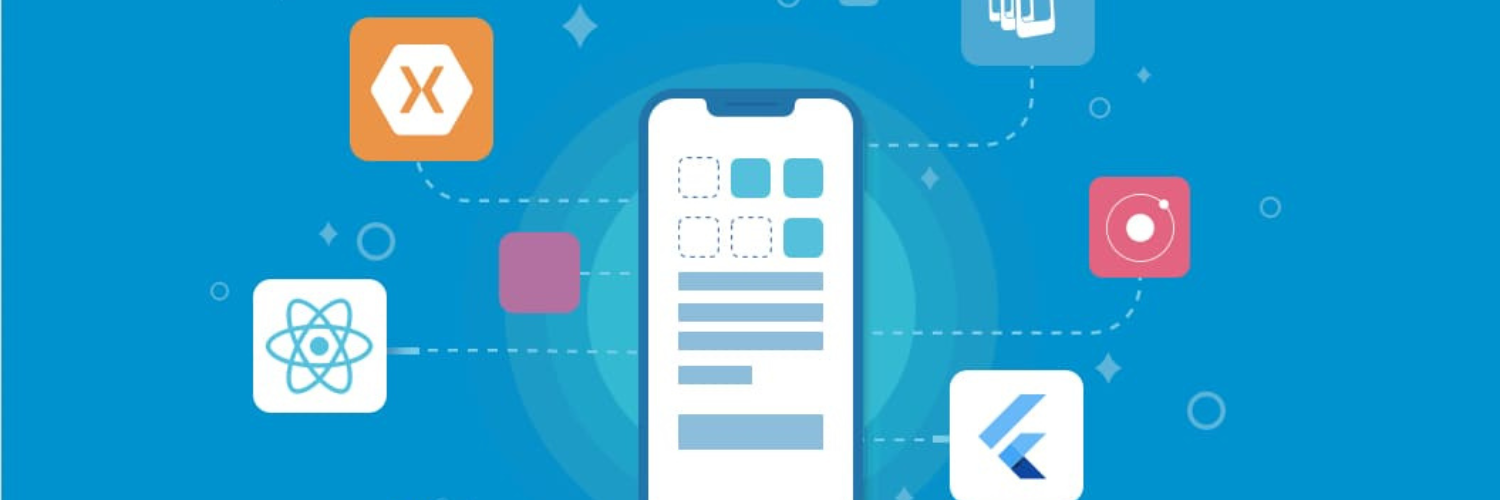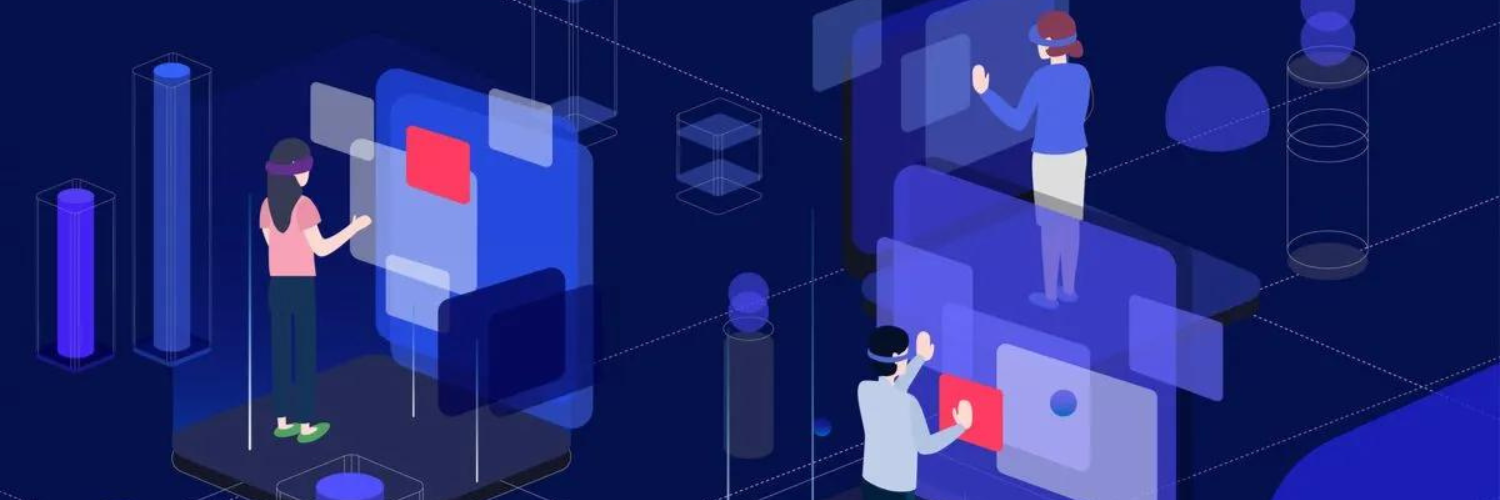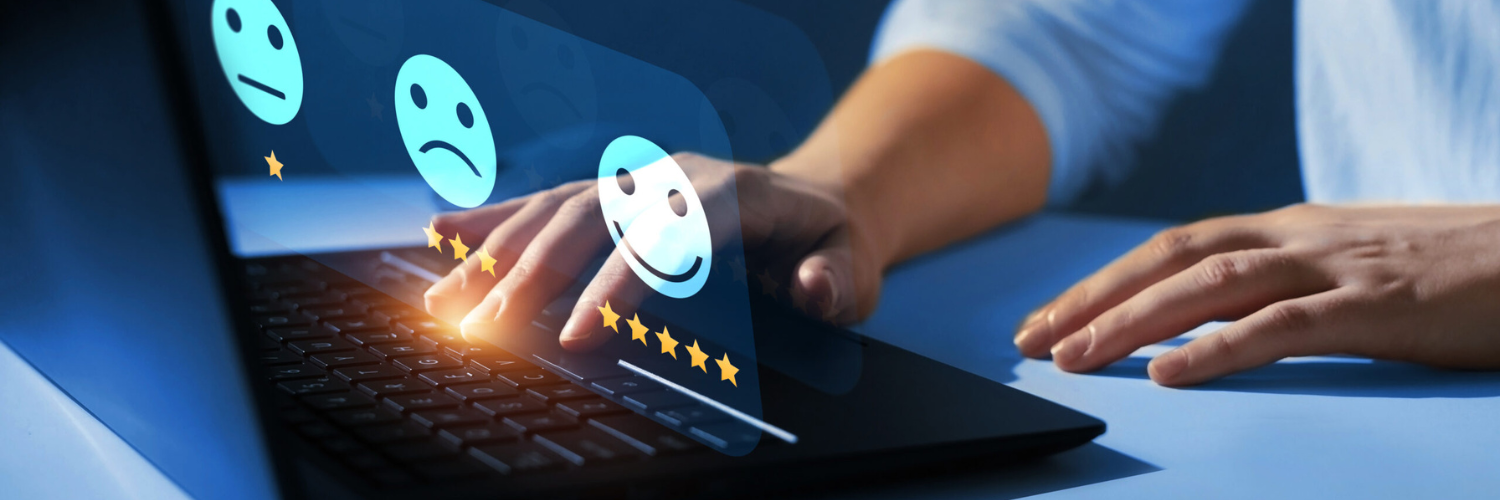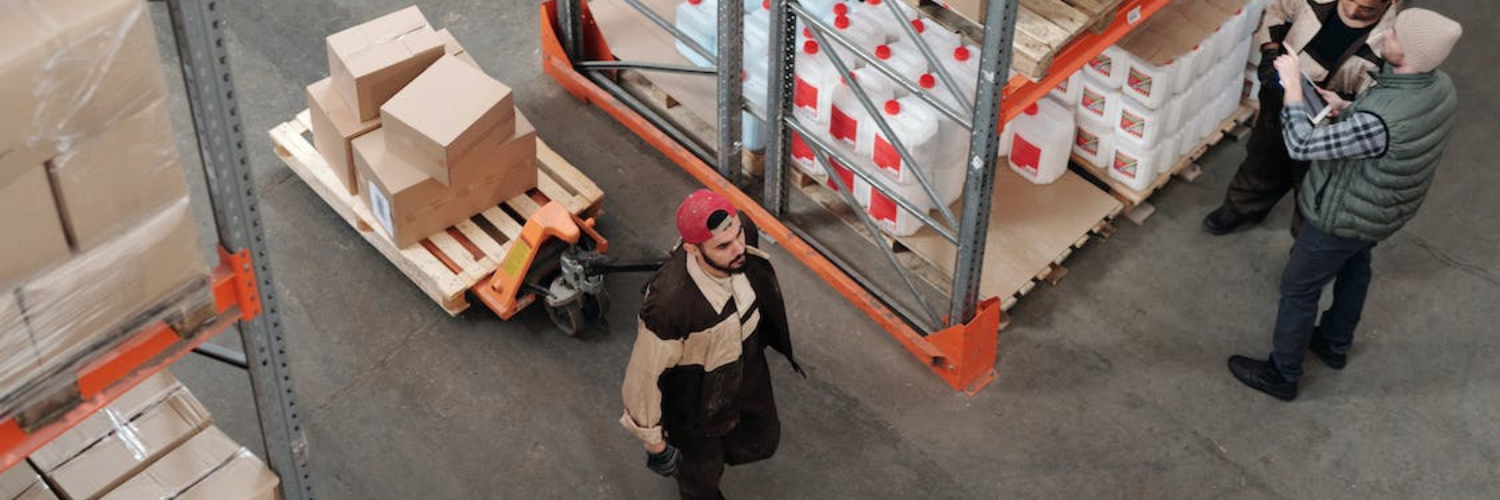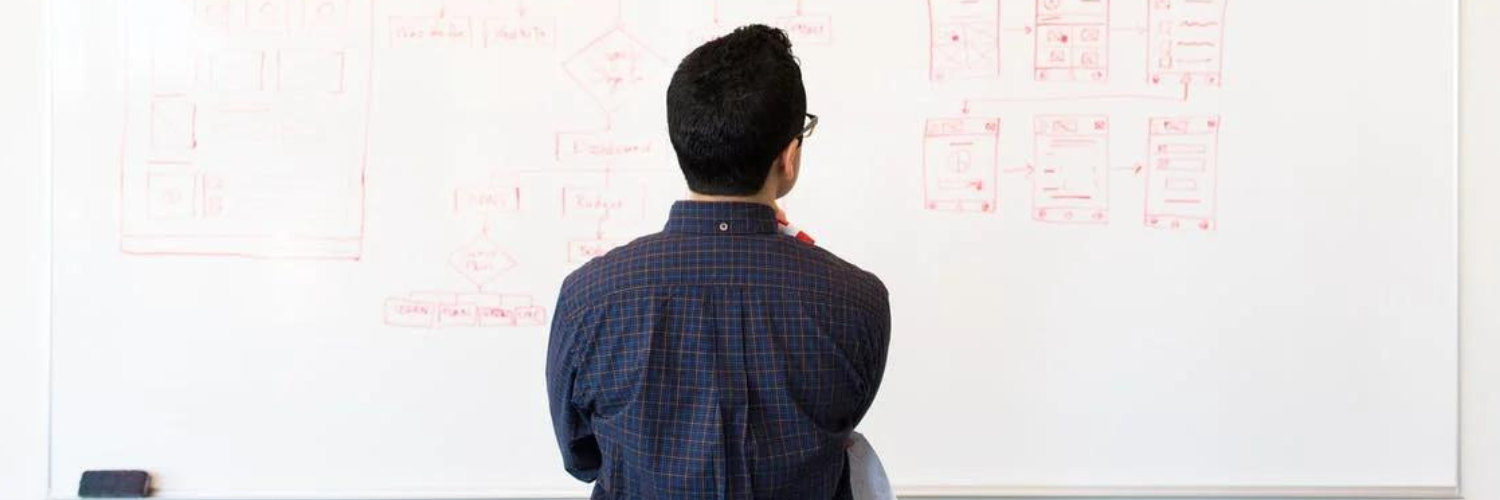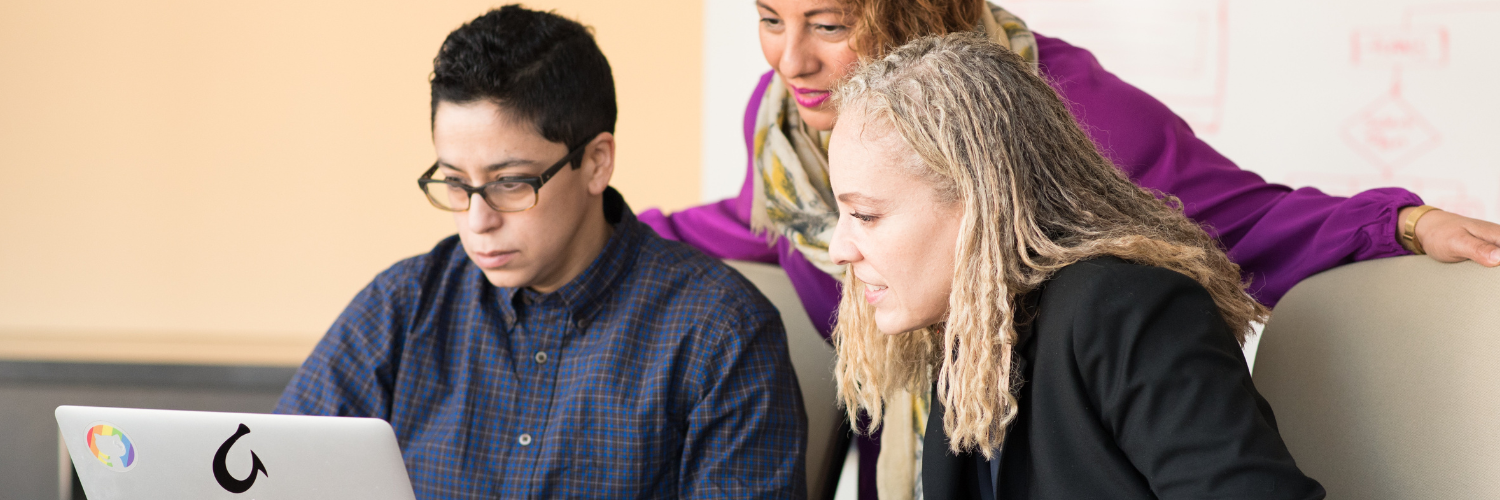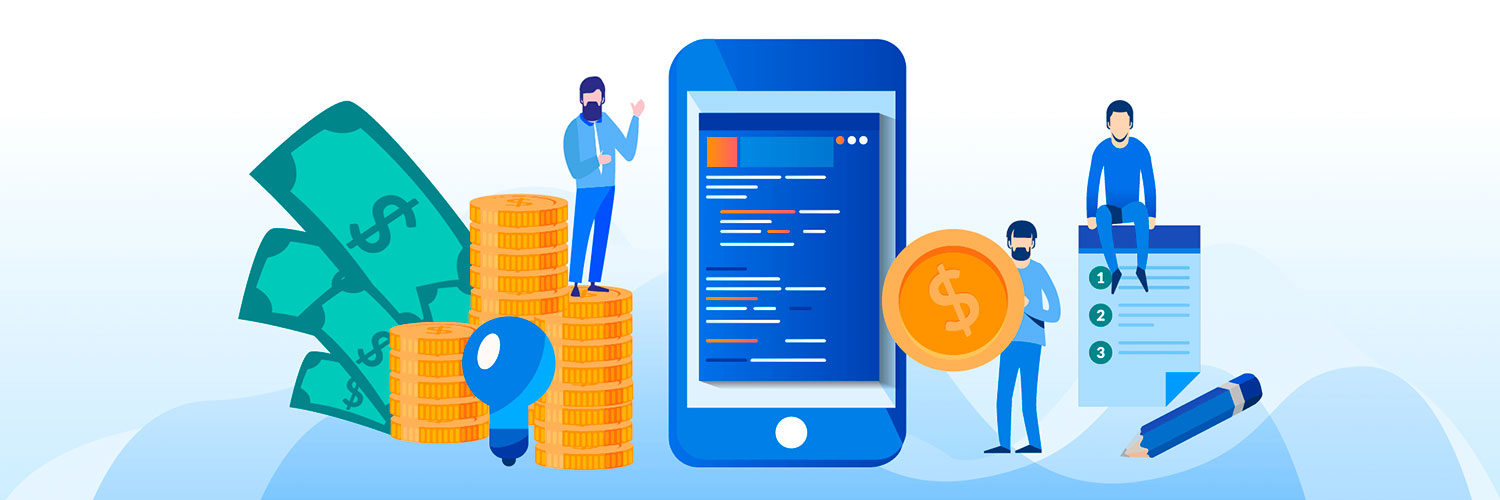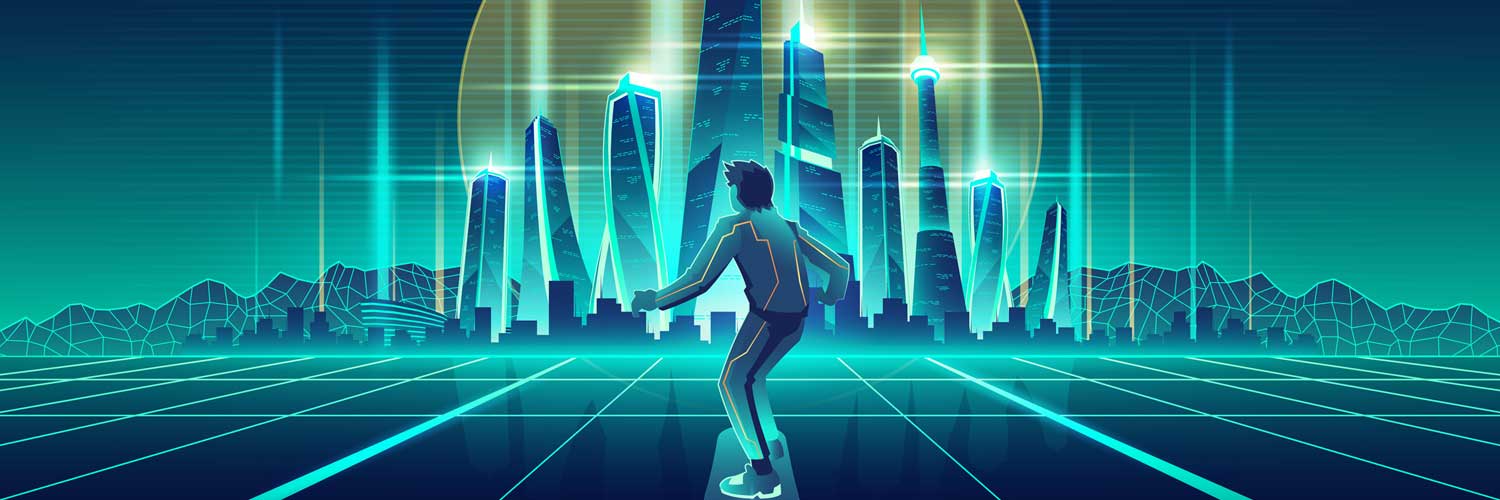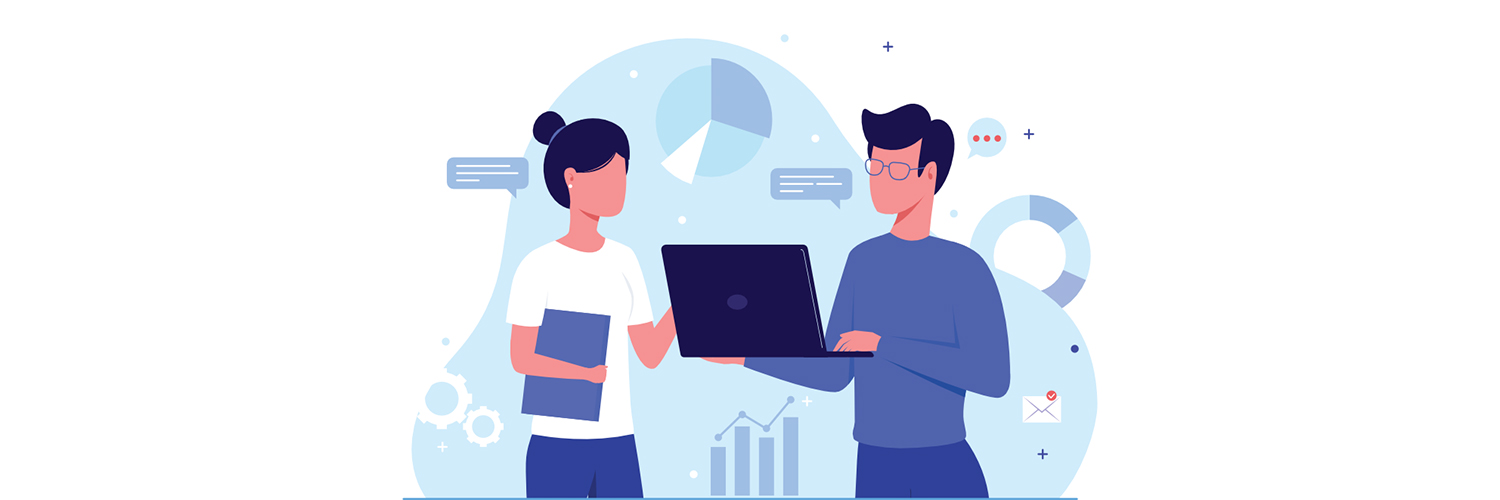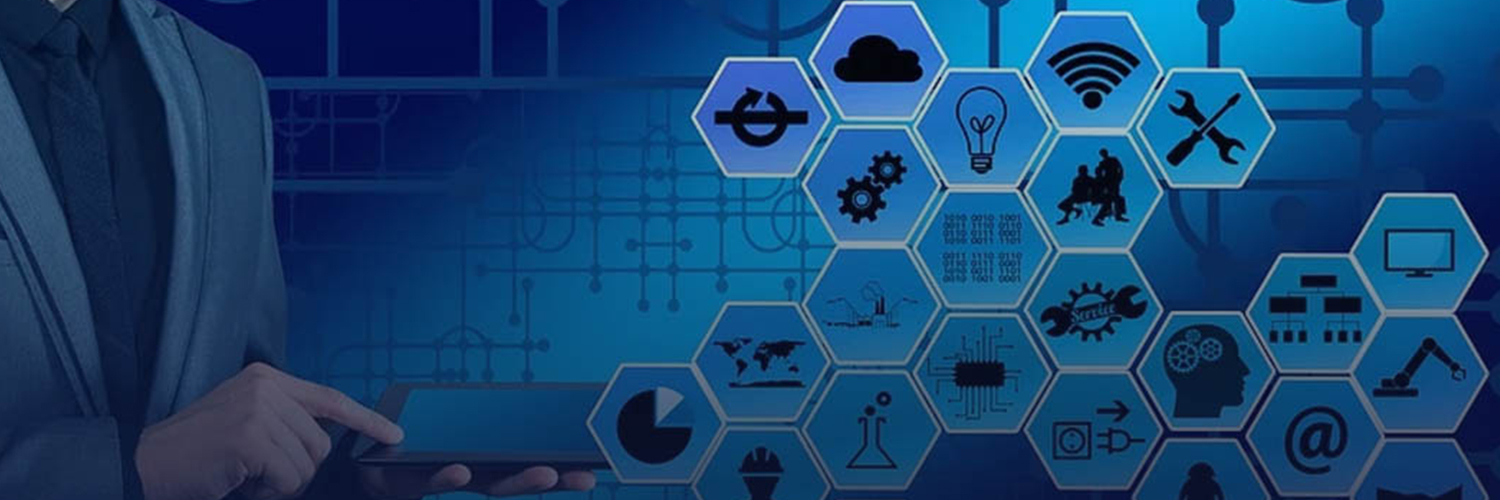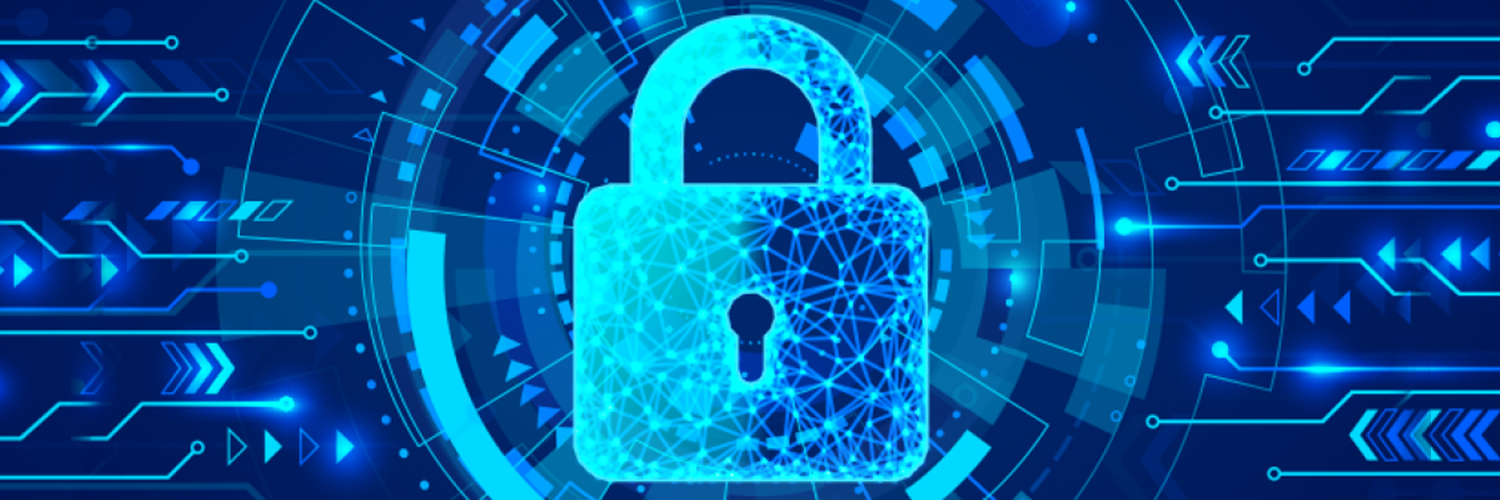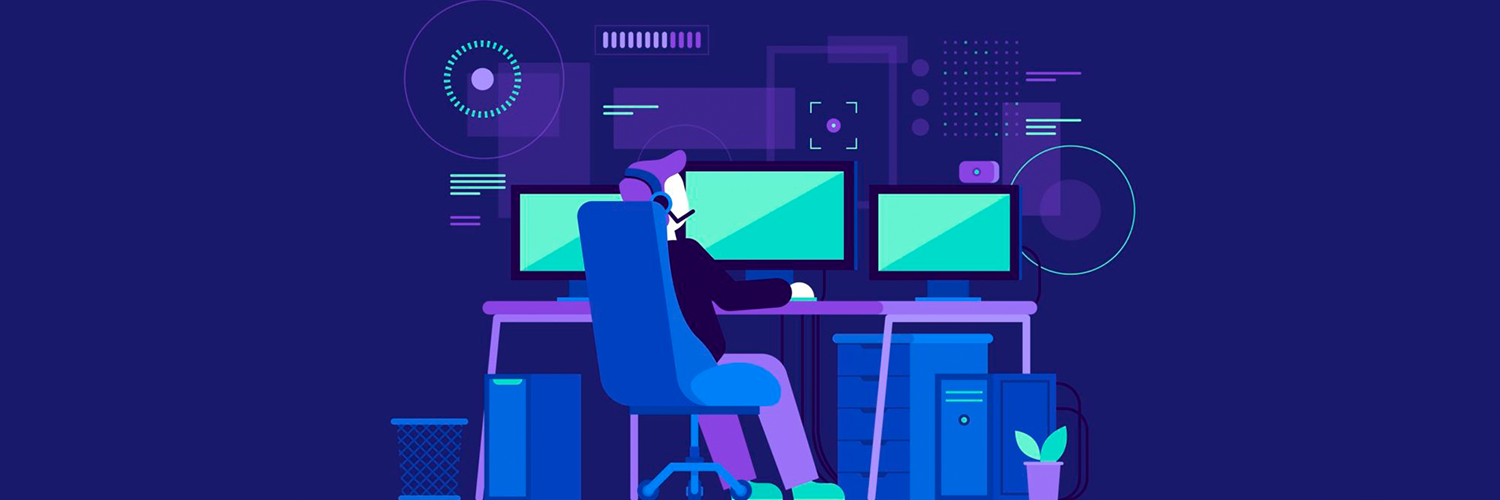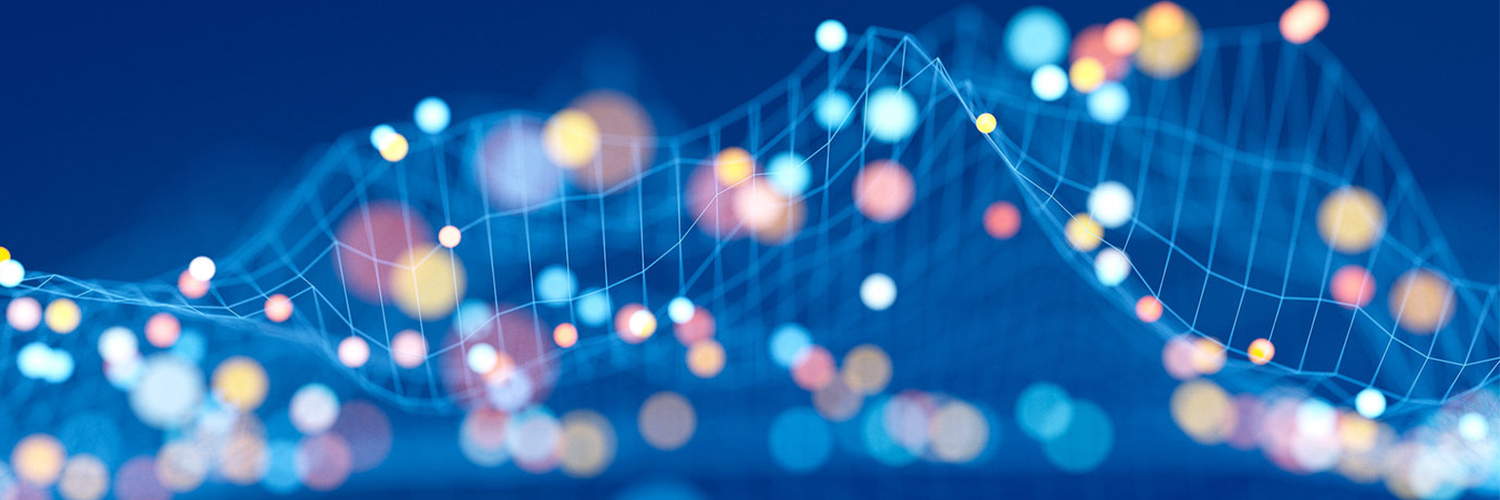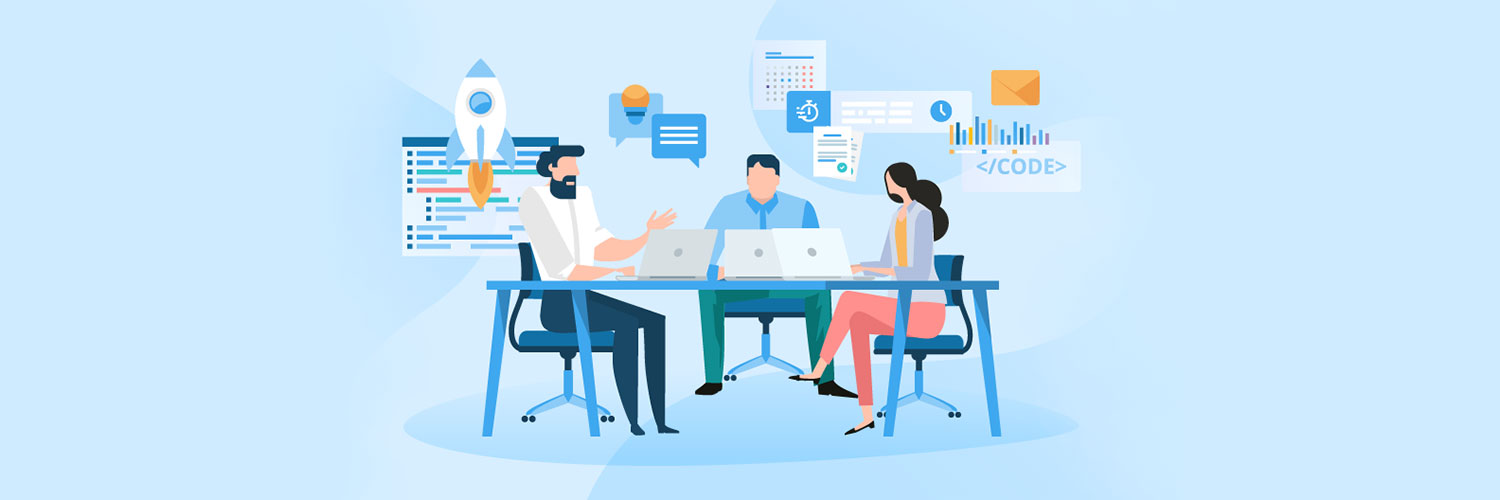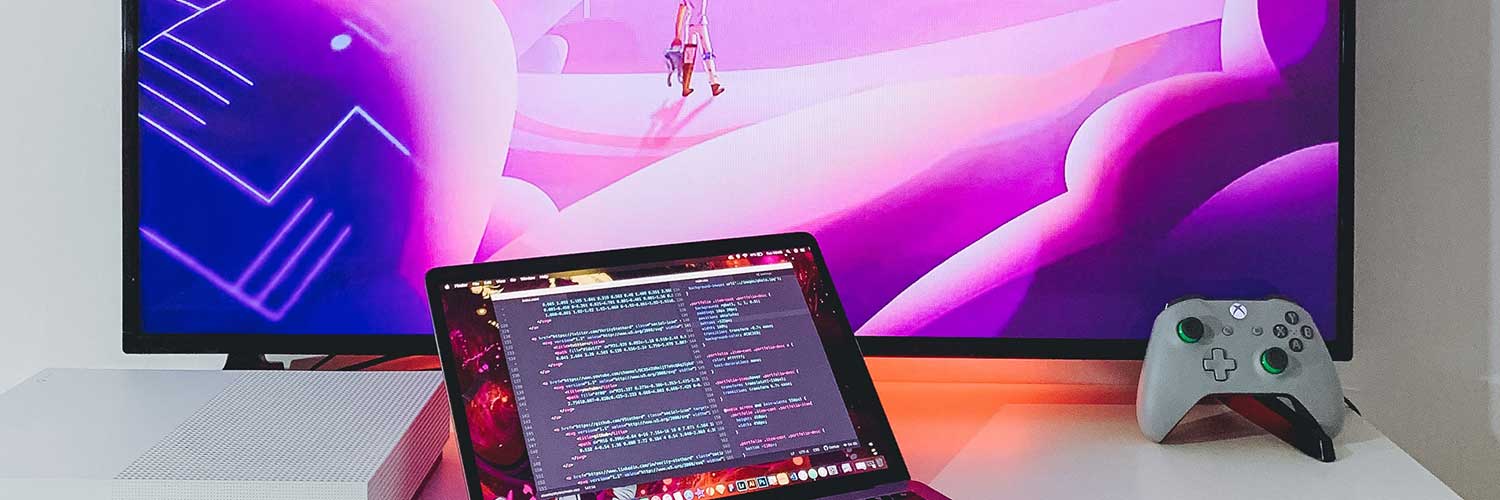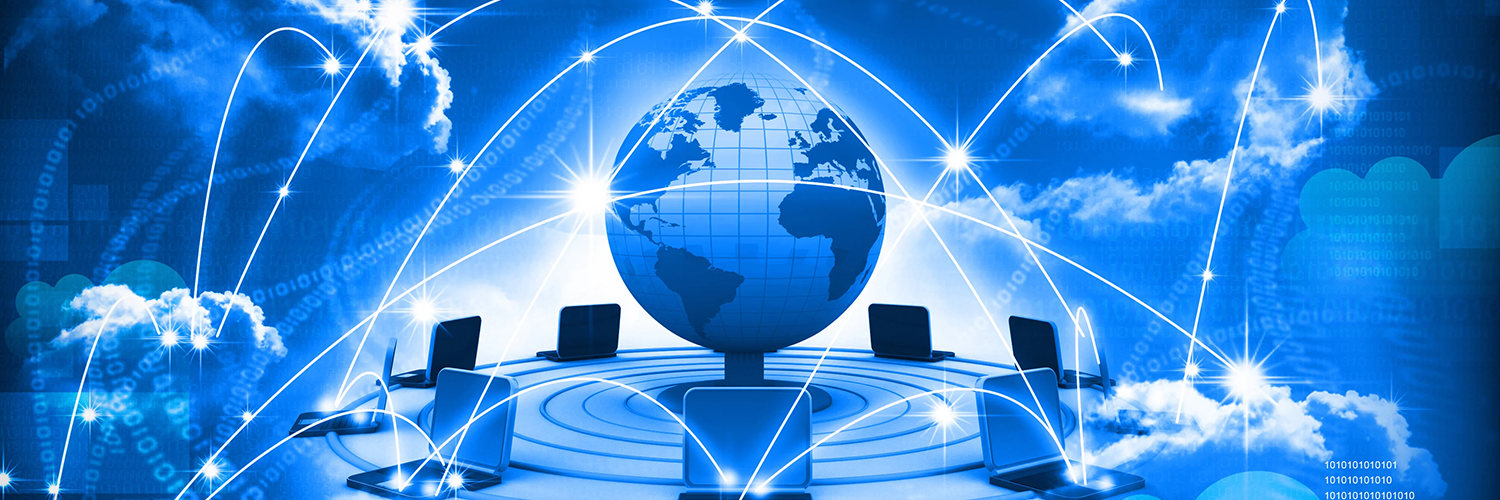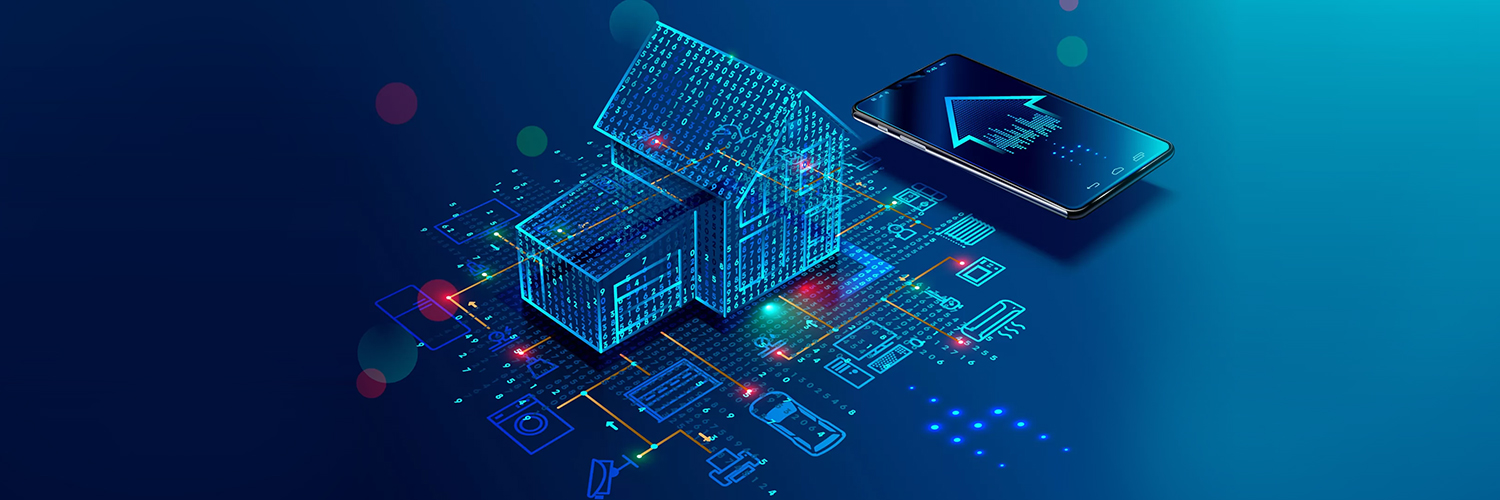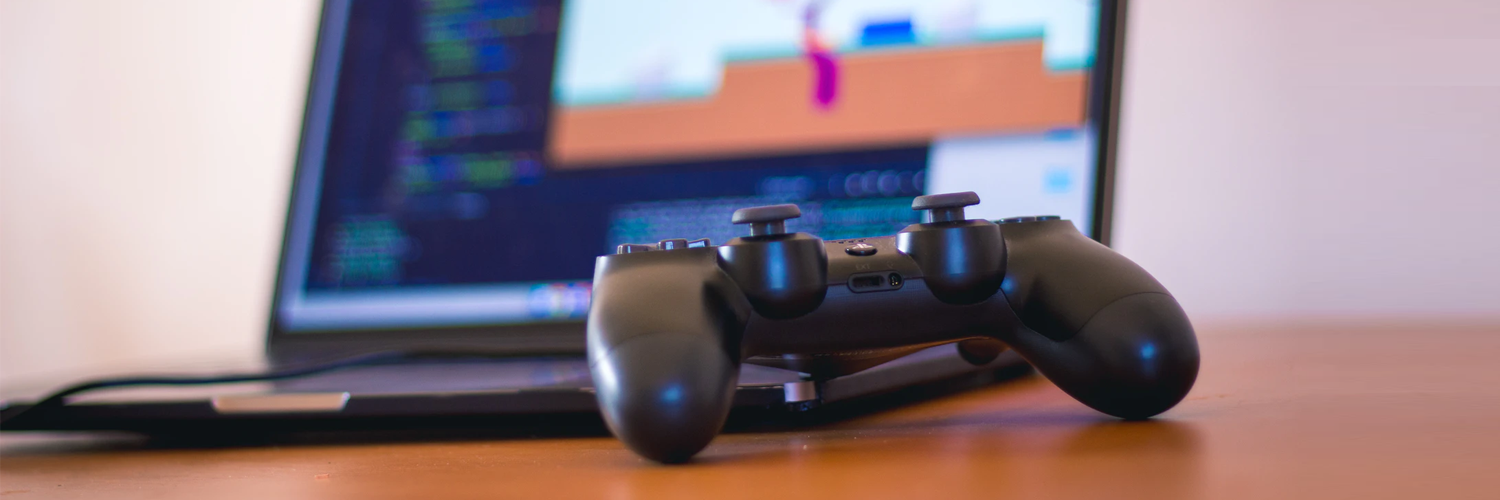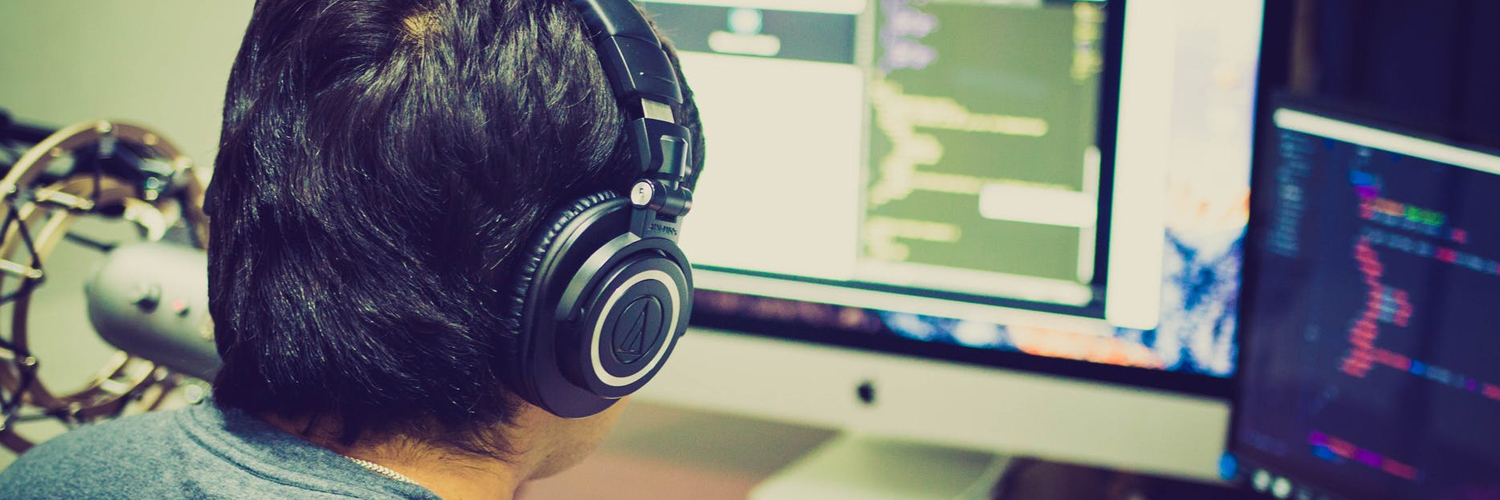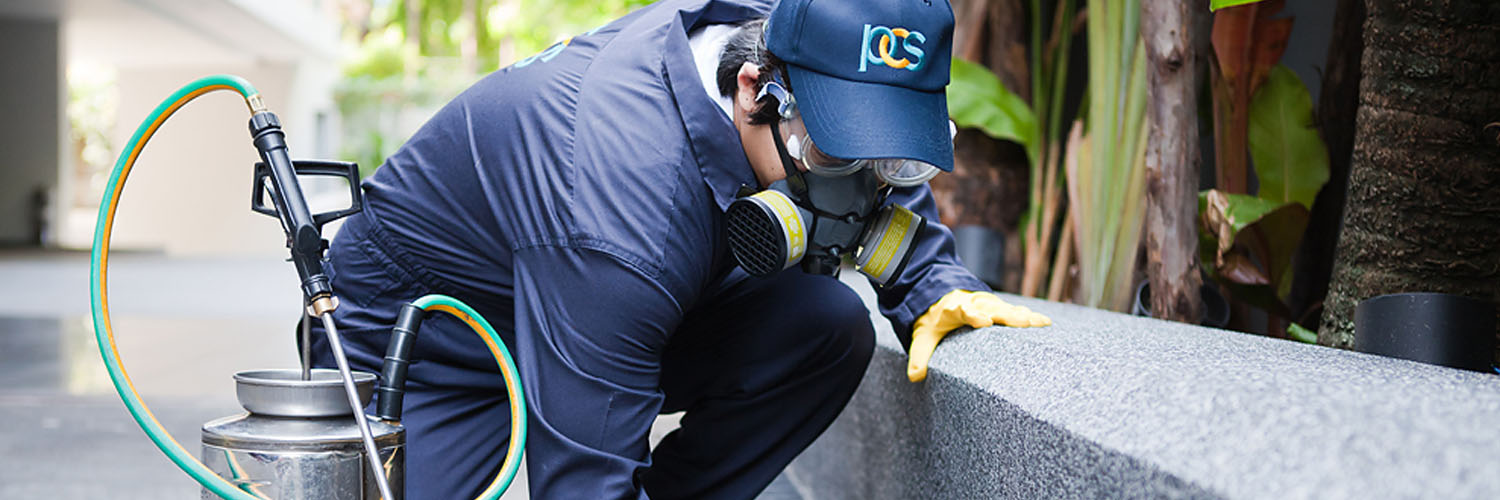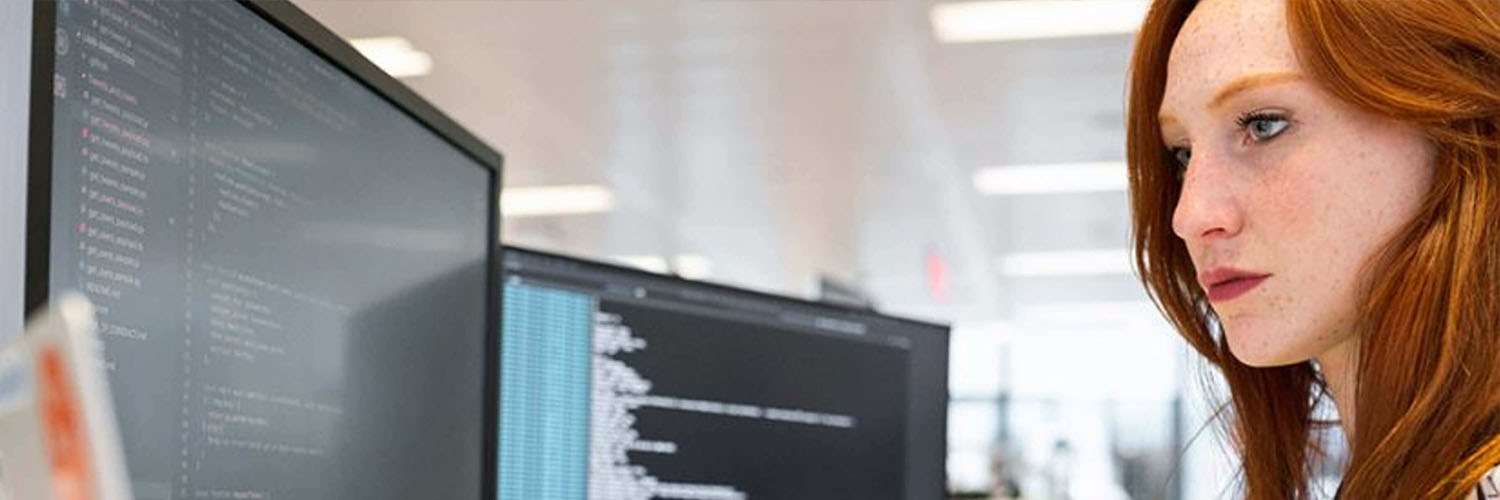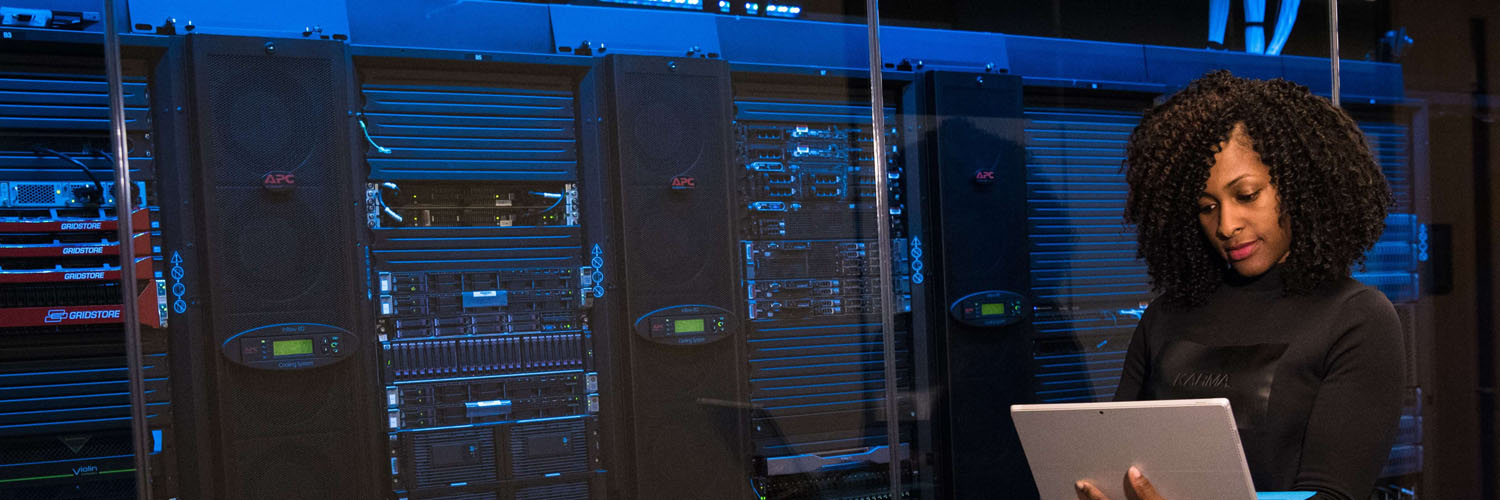Modern technology is changing the world as it continually emerges.
We are on the verge of a new era in technological growth due to the convergence of artificial intelligence (AI) and the internet of things (IoT).
The transition that is on its way is as complex as it is exciting. It's time to find out how this fascinating convergence is bringing about a world that is smarter, faster, and more effective.
The tech power duo: AI & IoT
Internet of Things (IoT) and artificial intelligence (AI) are two digital revolutions that have been disrupting modern enterprises over the past several years. Both can be used in a variety of ways to revolutionize any industry, but some businesses combine the two to get the best results.
An interconnected system of objects known as the Internet of Things (IoT) is equipped with sensors, software, and internet access to allow the gathering and sharing of data. This idea applies to a wide range of items, including wearable technology and home automation gadgets.
In contrast, artificial intelligence (AI) is a complex system that uses machine learning algorithms to evaluate gathered data, spot patterns, and forecast events. It is what is causing virtual assistants like Siri and Alexa to become more functional.
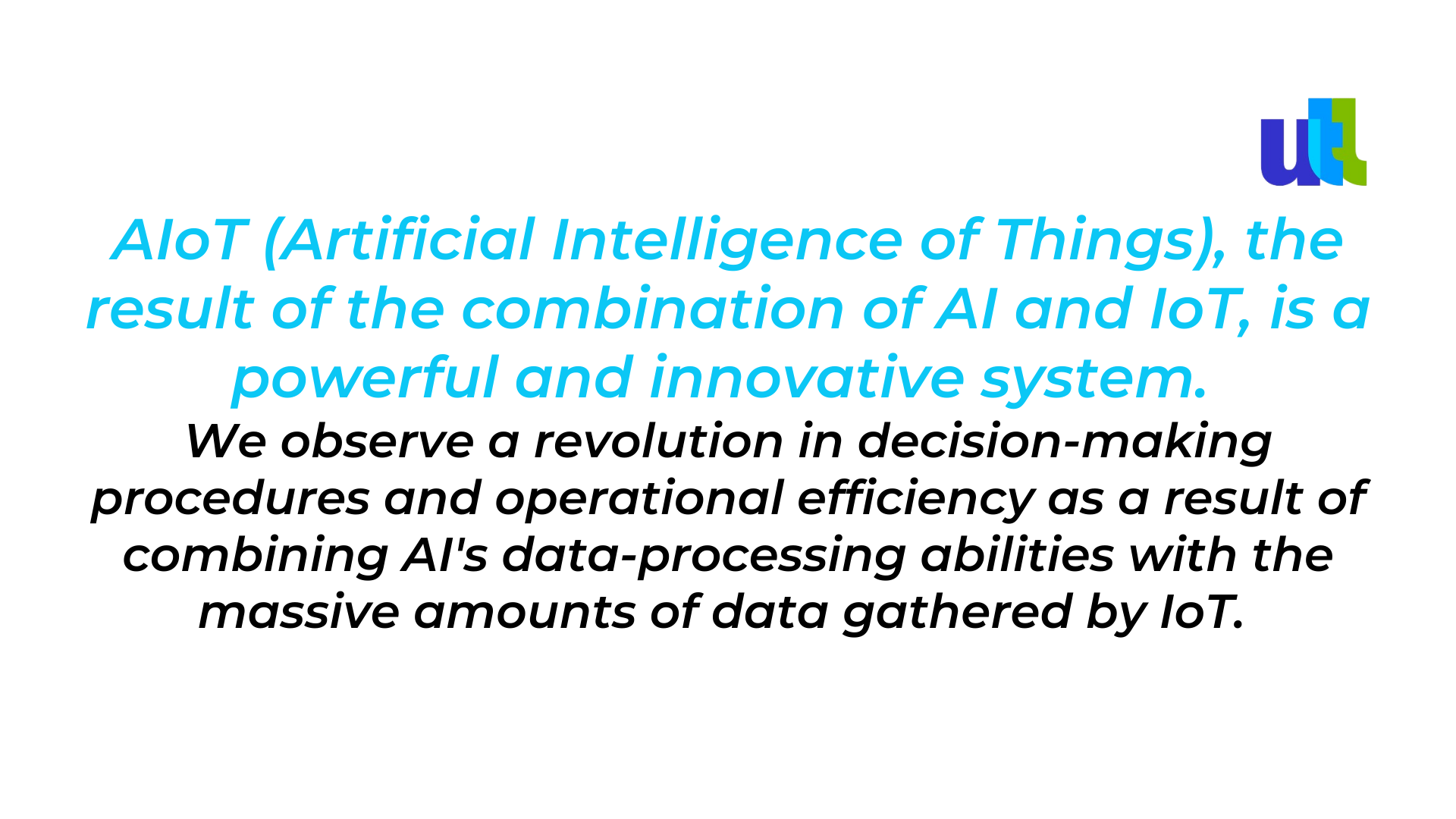
However, there are some inherent difficulties with this promising union.
Unlocking opportunities
AIoT offers notable opportunities varying from improved automation and decision-making, personalized experiences, predictive maintenance, greater efficiency, and even the creation of new revenue streams and business models. It also opens the path for "smart cities," where real-time data analysis helps with traffic control, energy efficiency, and city operations optimization.
Challenges:
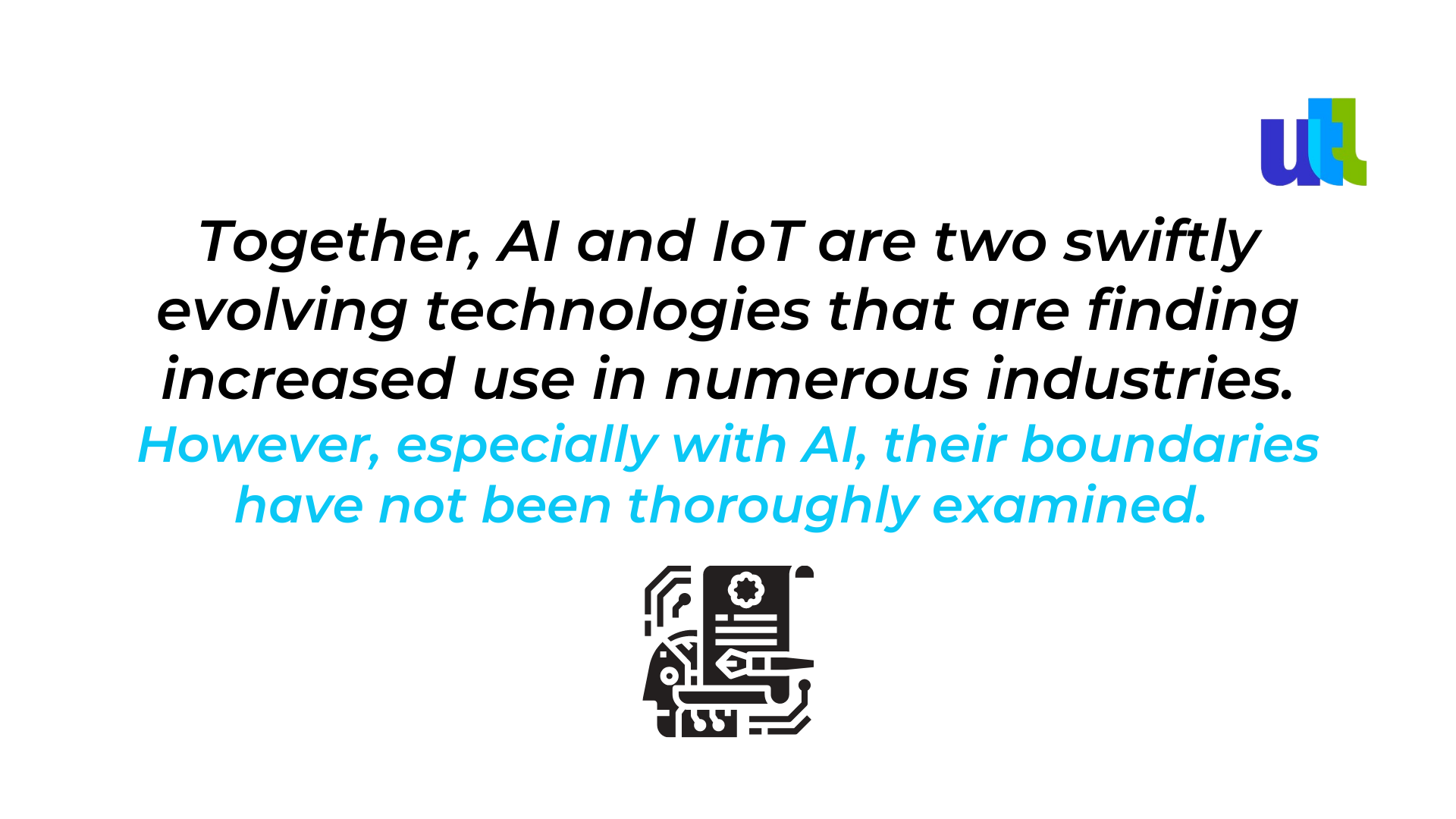
Data privacy and security are essential when it comes to the combination of IoT and AI devices. These devices gather sensitive information from users and clients, making data protection a necessary requirement. Along with securing the cloud infrastructure and physical devices, encryption is crucial, and access to data should strictly follow a role-based access system.
Integration and interoperability are key considerations in handling the vast amount of data generated by IoT devices, which is primarily analyzed by AI algorithms to generate valuable insights and predictions.
Ethical considerations are important due to the potential impact of AI-powered software on individuals' lives. These systems have the ability to make choices that significantly influence people, raising ethical questions regarding fairness and potential biases. Therefore, it is crucial to ensure that ethical factors are considered during the development of AI systems.
Transforming the landscape of healthcare and education
A number of industries are being impacted by AIoT, with healthcare and education emerging as two of the main benefactors. Patient monitoring, predictive diagnosis, and remote healthcare services have all been transformed in the healthcare industry by the combination of AI and IoT.
Practical implementation in the industry include:
- IoT devices collect and transmit real-time patient data.
- AI algorithms analyze data, detecting patterns and anomalies.
- AI enables more accurate diagnoses and personalized treatments.
- Remote monitoring systems and telehealth platforms enable care from home.
- AI analyzes patient data from IoT devices for treatment optimization.
Smart boards and wearables are examples of IoT devices in the classroom that collect a lot of information about how students learn. This data is used by AI to adjust teaching methods, so children are able to receive on-demand academic support from chatbots that are driven by AI, providing a personalized and enriching educational experience.
Practical implementation in the industry include:
- AI algorithms analyze data to identify patterns and provide insights into students' learning needs.
- Personalized learning plans can be developed based on the collected data.
- Targeted feedback and optimized teaching strategies improve academic outcomes.
- AI-powered chatbots and virtual assistants offer real-time, personalized support to students.
- Chatbots learn and adapt from student interactions for more accurate guidance.
The impact of AIoT in business operations
AIoT, which improves decision-making, enables predictive maintenance, and fosters novel business models like Product-as-a-Service. Think about how IoT sensors and AI can be used to analyze smart home security systems. AI and IoT solutions enable personalized experiences by leveraging data gathered from connected devices. It can use AI to detect potential security threats and automatically adjust settings to enhance security. The data collected from IoT devices, such as smart doorbells, can be utilized by AI to evaluate user preferences and provide tailored experiences.
Predictive maintenance is another area where AI and IoT make a significant impact. IoT sensors can monitor machinery and equipment in real-time, and AI can analyze the collected data to forecast when repairs or maintenance are required. This proactive approach helps avoid downtime and reduces maintenance expenses by addressing issues before they escalate.
But let's not ignore the difficulties. Security and data privacy are major issues. Strong data encryption and protection methods are essential as AIoT devices acquire sensitive data. In addition, there are problems that require urgent attention, such as ethical concerns, skill scarcity, and regulatory barriers.
AIoT success stories: The promise of a smart future
The AIoT is changing the game everywhere we go. Our daily lives are already being revolutionized by smart home automation. From Google Nest and Alexa, nowadays we're used to managing our home settings with only a voice command.
Self-driving cars like Tesla's are utilizing AIoT in the transportation industry to improve road conditions. Even cities all over the world are using AIoT to optimize resources and cut maintenance expenses.
The Internet of Things (IoT) is about building an intelligent society where technology serves us rather than just automating tasks. It is expected to lead to a future with increased automation across a number of industries, better healthcare, more effective cities, and increased security. It’s about a world that learns, adapts, and evolves.
Final thoughts
Our interactions with the world are surely being transformed by the complementary combination between AI and IoT. The potential for creativity is endless as these technologies advance and become more widely available. However, there are several challenges on the path to fully realizing this promise. Let's strive for a technological future that is not just smarter but also safer and more responsible as we rush into this wonderful future.
For free consultation on AI and IoT click here.
----------------------------------------------------------------------------------------------
View the full presentation:
WRITTEN BY
Milda Butkeviciute
2023-07-18

